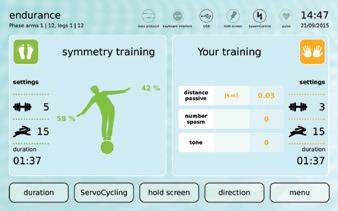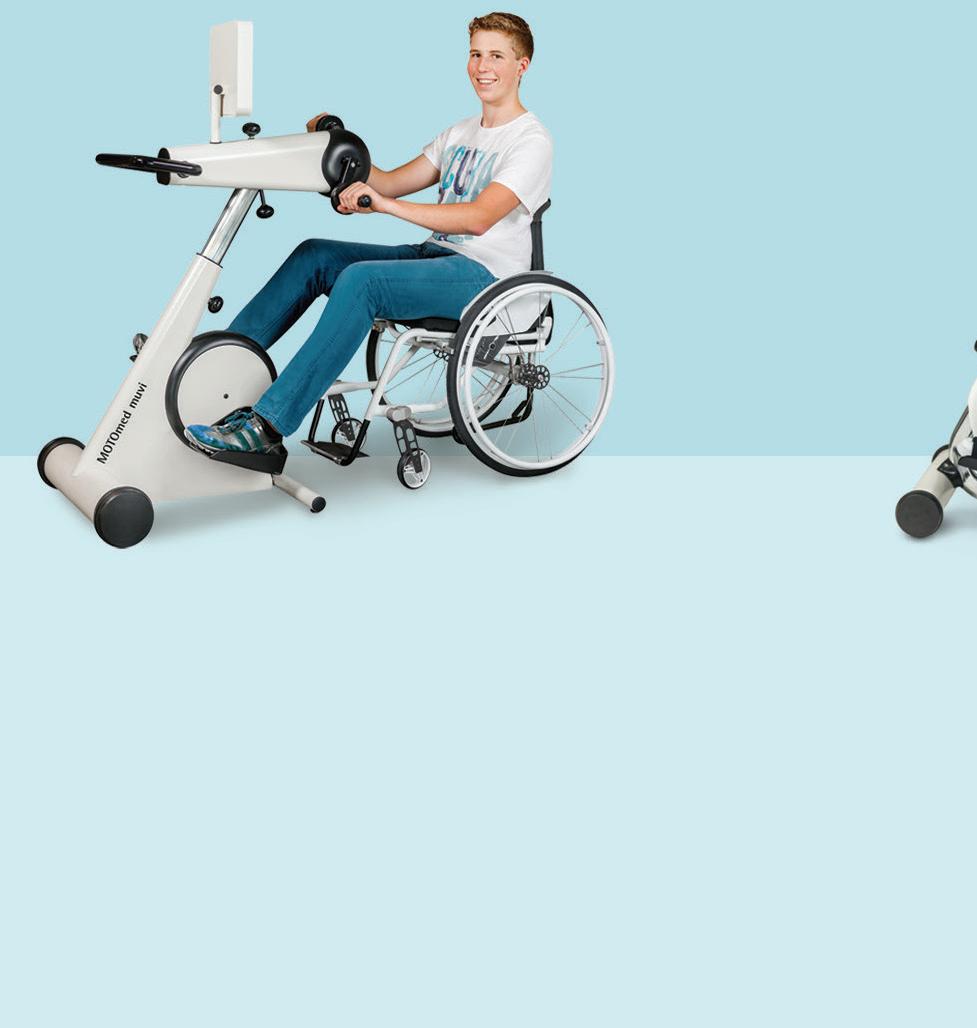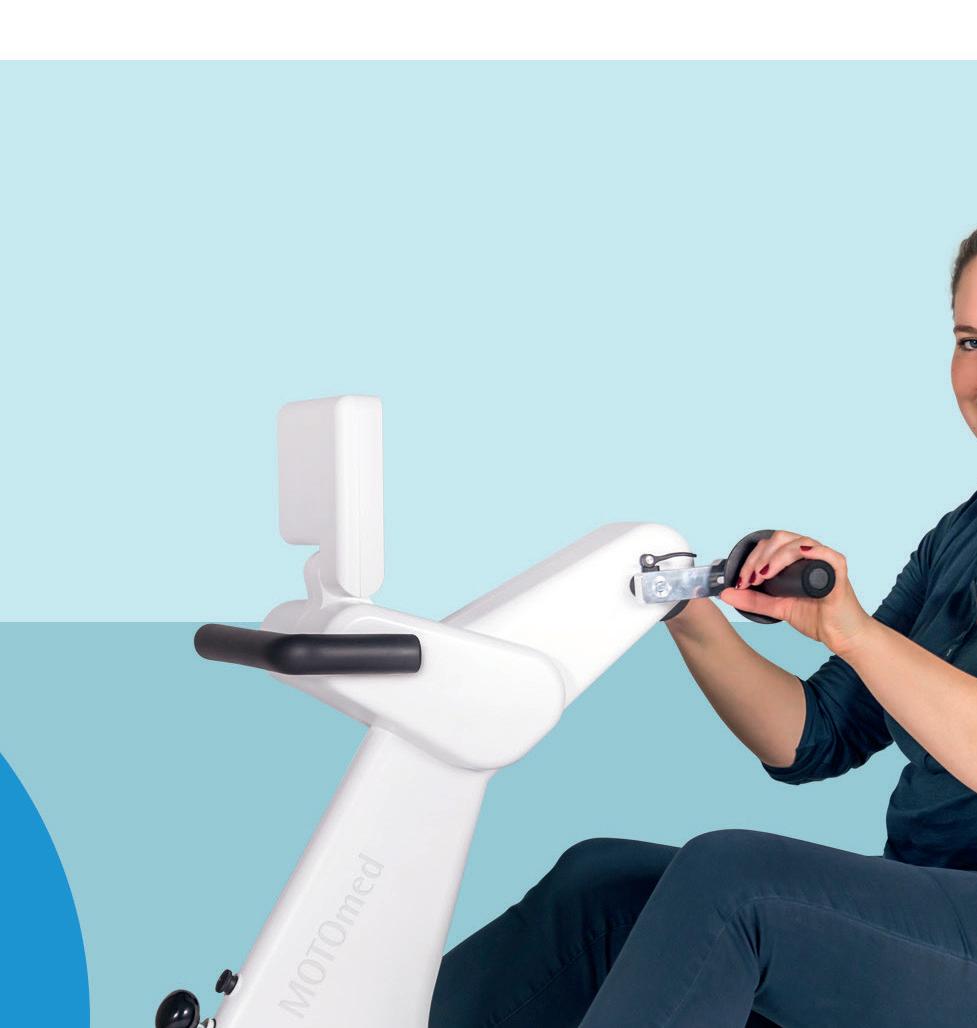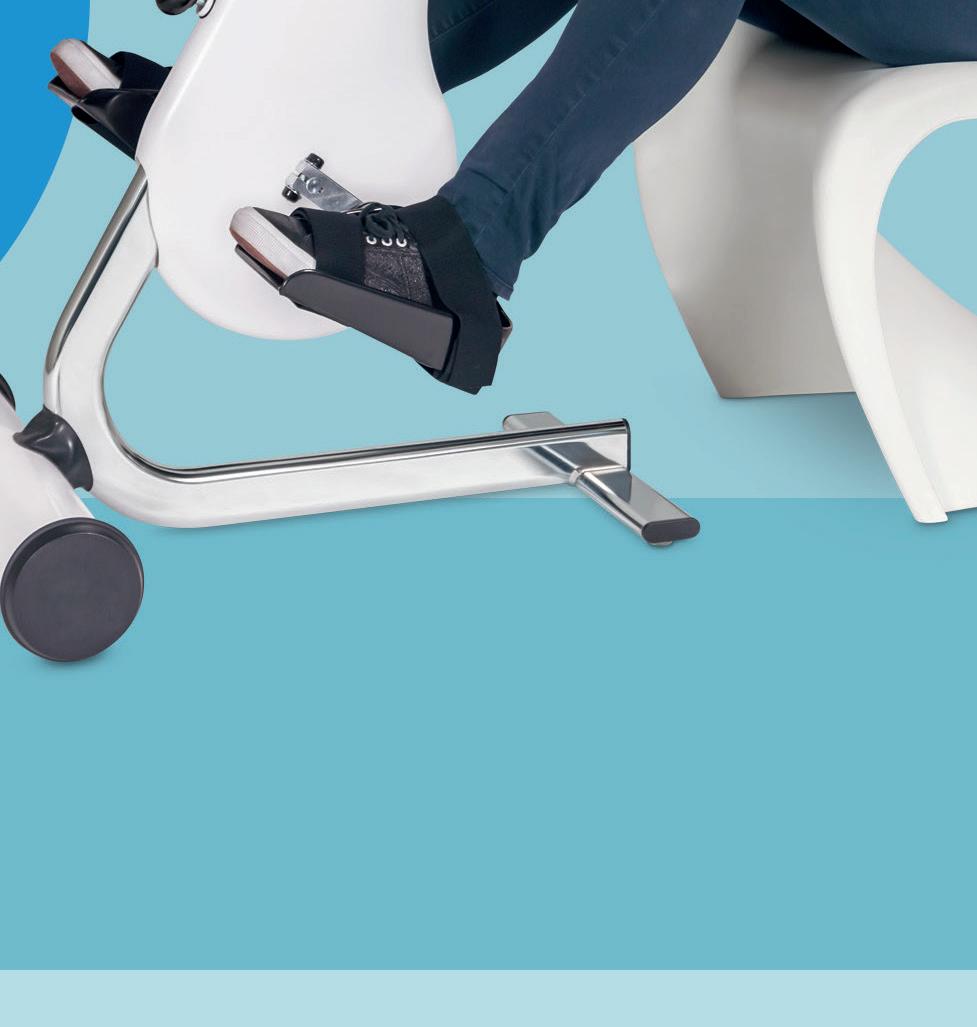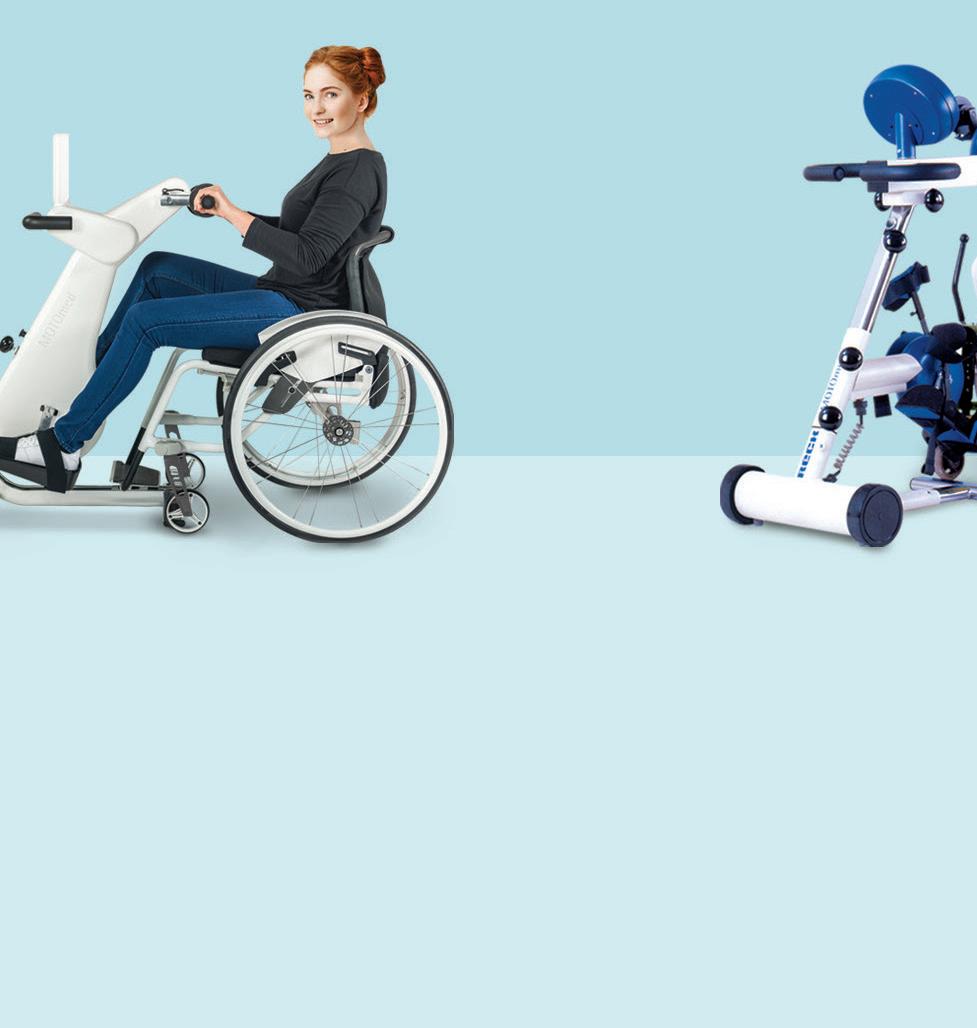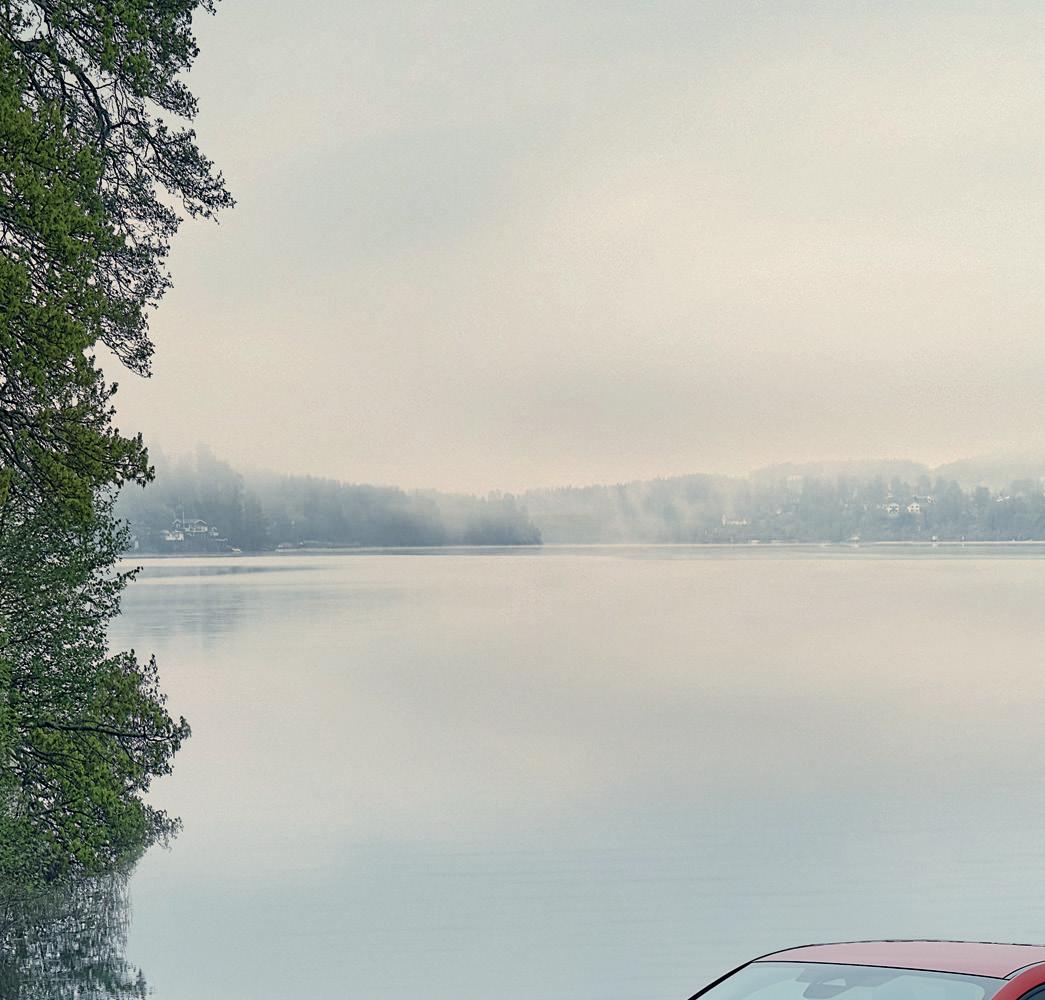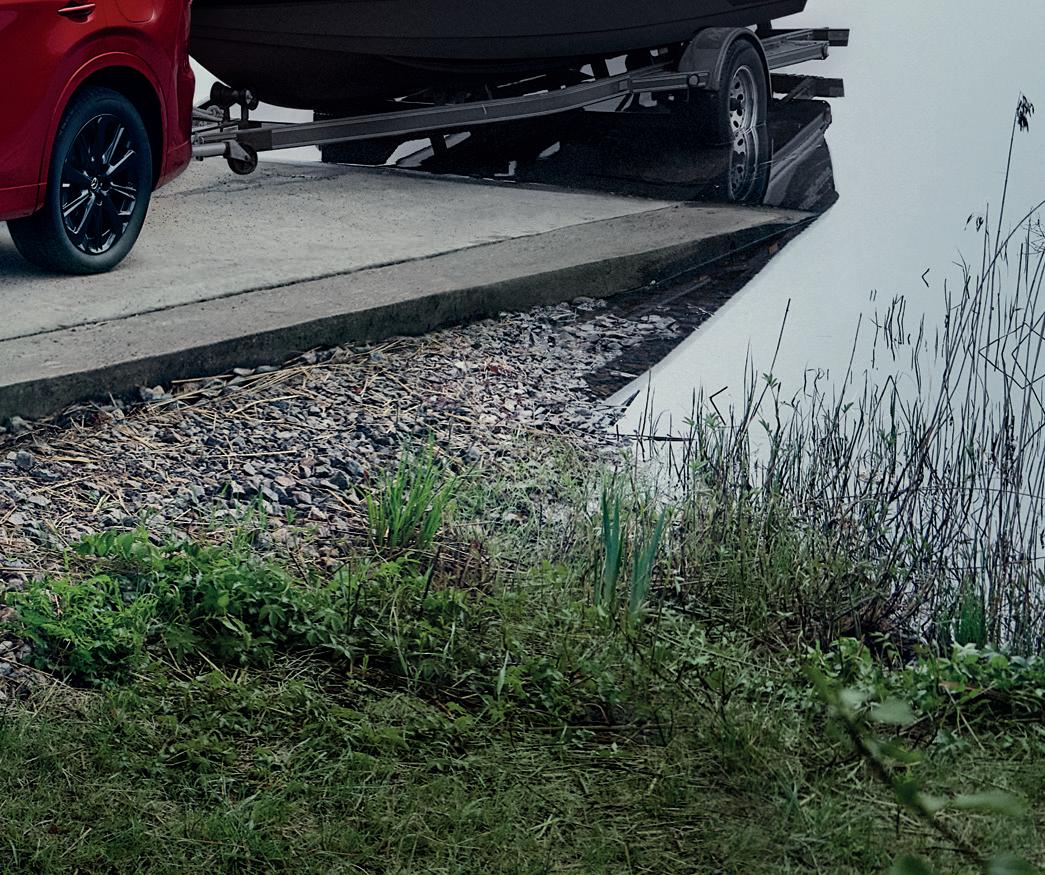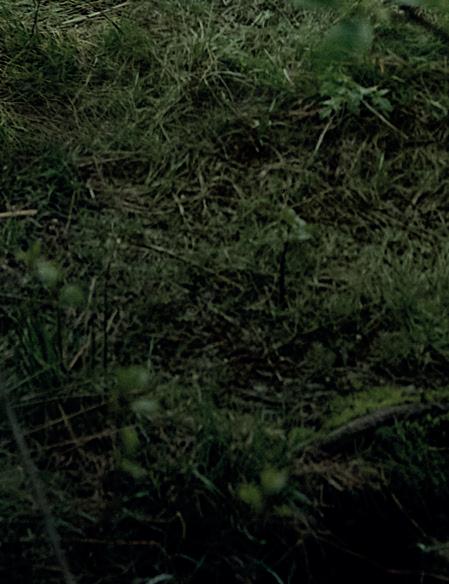



WINTER WELLNESS
From adaptive yoga to outdoor swimming, give yourself a boost this season
CHRISTMAS WRAPPED UP
Finances, gift ideas, days out












From adaptive yoga to outdoor swimming, give yourself a boost this season
Finances, gift ideas, days out









Inside the neurodivergent mind of the gastronomic magician
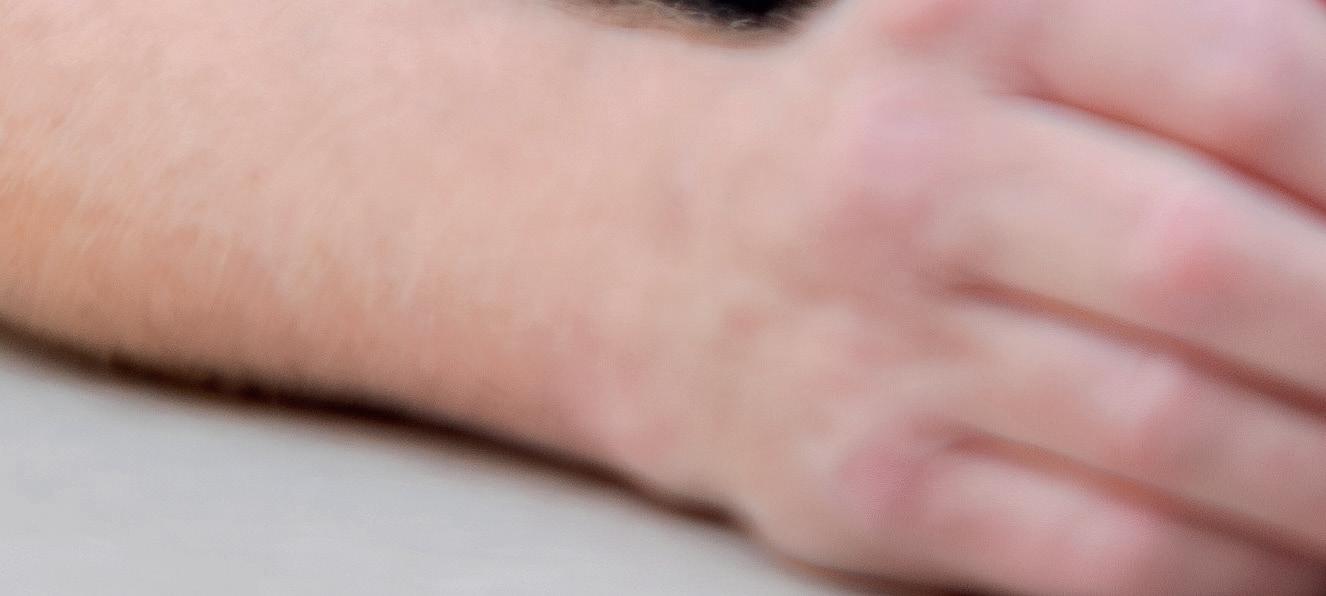
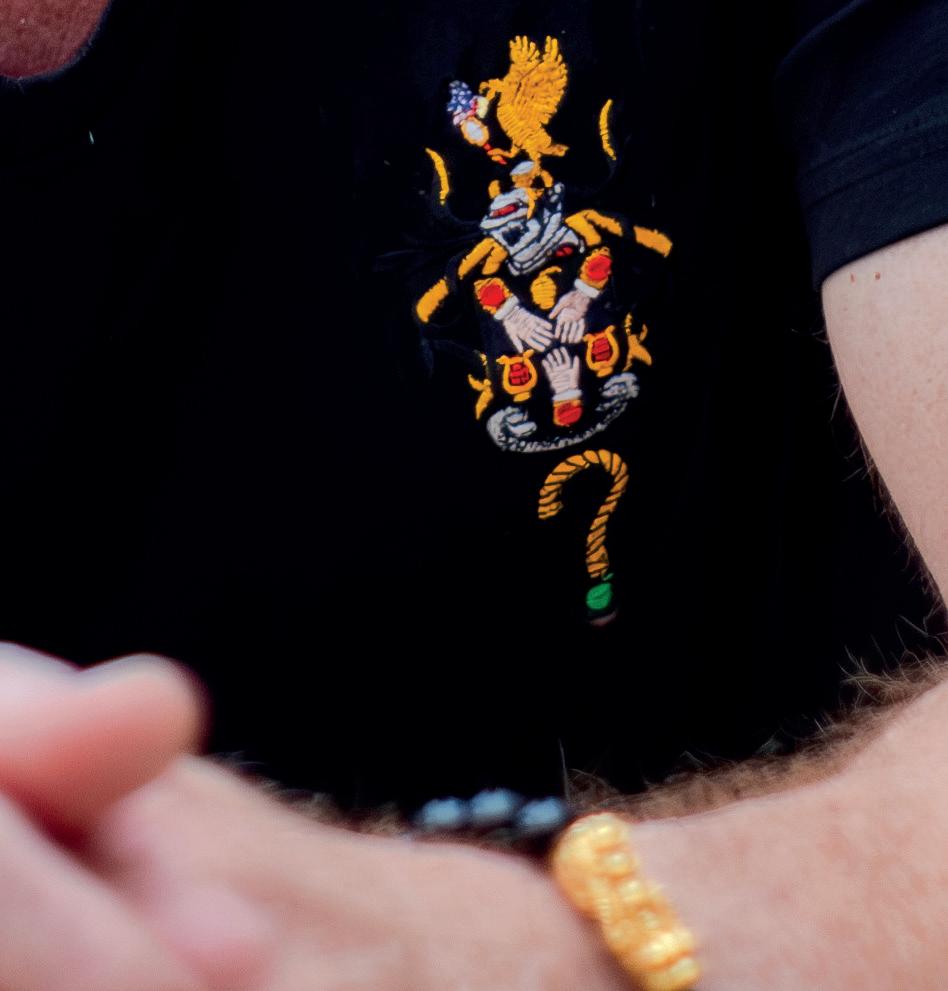
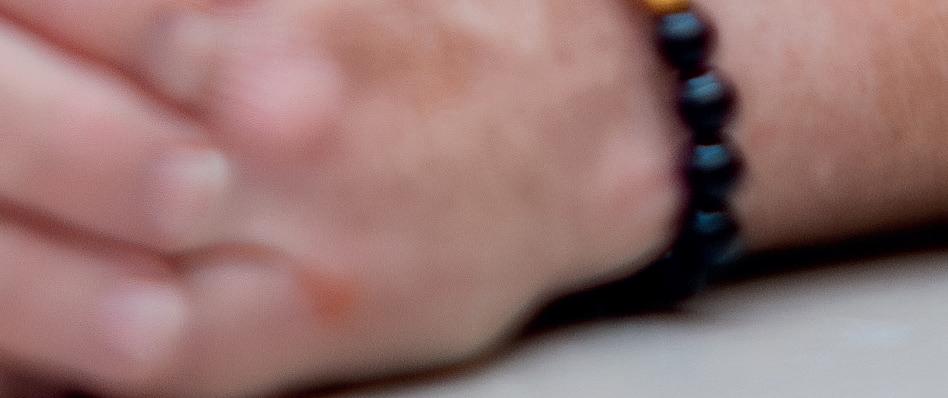

FITS
Ellie Simmonds on supporting a height inclusive clothing brand

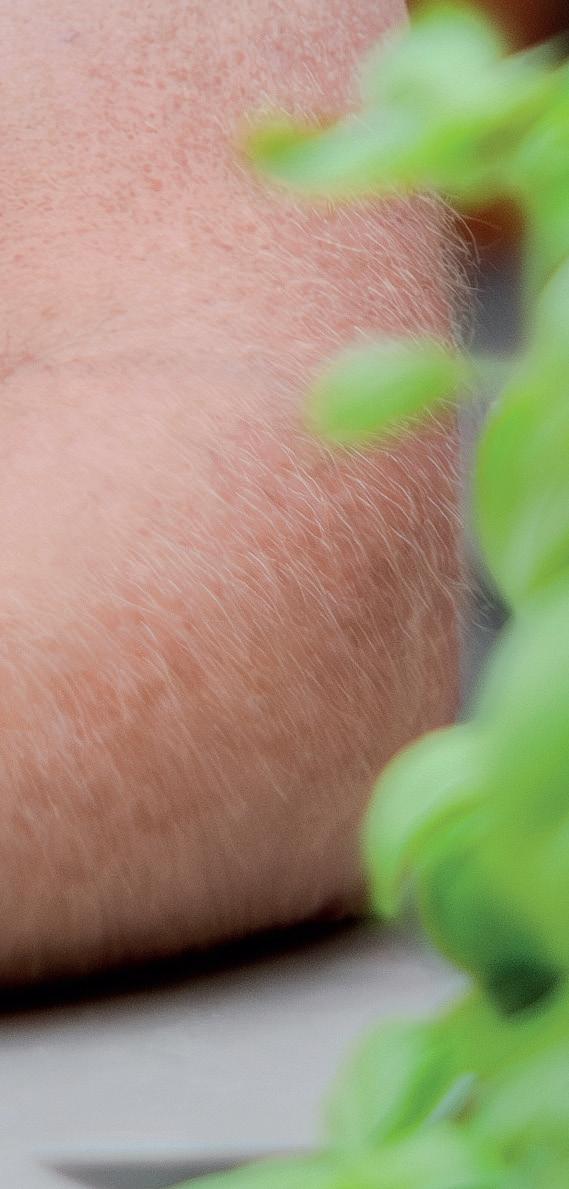
Are you receiving Income-related Employment and Support Allowance?
It won’t be automatic, so look out for your letter telling you what you need to do and when. Find support and more information at gov.uk/ucmove

Eligibility criteria apply
If you live in Northern Ireland search nidirect Move to Universal Credit
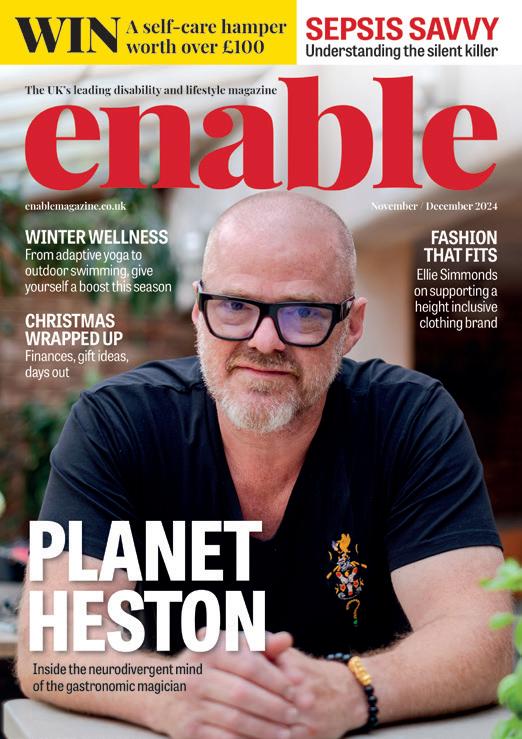
COVER PRICE £3.00
PUBLISHER
Denise Connelly denise@dcpublishing.co.uk
EDITOR
Melissa Holmes melissa.holmes@dcpublishing.co.uk
STAFF WRITER
Kate Stevenson kate.stevenson@dcpublishing.co.uk
EDITORIAL CONTRIBUTORS
Jane Ha on Rhiannon Louden
Samantha Renke
Tim Rushby-Smith Alisdair Su ie
DESIGN AND PRODUCTION
Lucy Baillie lucy.baillie@dcpublishing.co.uk
SALES
Marian Mathieson marian.mathieson@dcpublishing.co.uk
ENABLE MAGAZINE www.enablemagazine.co.uk
DC Publishing Ltd,
198 Bath Street, Glasgow, G2 4HG Tel: 0844 249 9007

ometimes it feels like everyone has ADHD – it seems more and more adults are being diagnosed as neurodivergent. Especially in my line of work as a creative – plenty of us have found our calling as freelancers because we never ‘fit in’ at the traditional o ce space. When I learned chef Heston Blumenthal had been diagnosed with ADHD and bipolar one, I wasn’t surprised – I could relate to those bursts of creative energy, that inability to halt the constant flow of ideas, those fluctuating moods. It was my absolute honour to speak to Heston and his wife Melanie, and learn more about his journey and coping strategies, as well as witness firsthand the couple’s symbiotic relationship dynamic.
This issue of Enable is brimming with great interviews, from disability advocate Isaac Harvey MBE to athlete Ade Adeptian MBE and fashionable influencer Sophie Butler. We’re not short on festive features either, with advice on managing your finances over Christmas, supporting your wellbeing as the weather turns colder, and personal reflections on the season from Samantha Renke. This issue marks a full year since I rejoined Enable. As I send the last issue of 2024 to print, once again I’m so proud of our team, our contributors and everyone who helps make Enable the worthwhile, helpful and enjoyable read it is – especially our readers like you.
Wishing you all the best for a healthy, peaceful Christmas and New Year,
Holmes | Editor editor@dcpublishing.co.uk



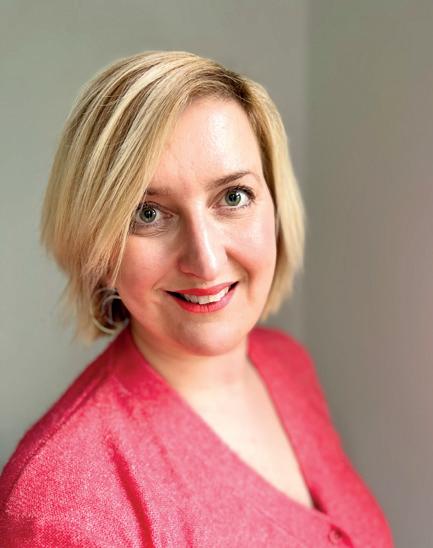

20 TIME FOR CHANGE…?
The International Day of People with Disabilities – what do disabled changemakers think about it?
41 FASHION THAT FITS I spoke to Paralympian Ellie Simmonds and designer Chamiah Dewey to learn more about their height inclusive fashion brand.



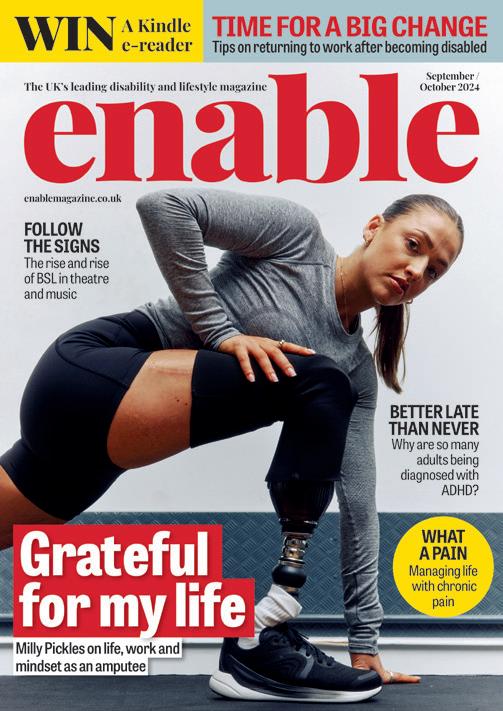

8
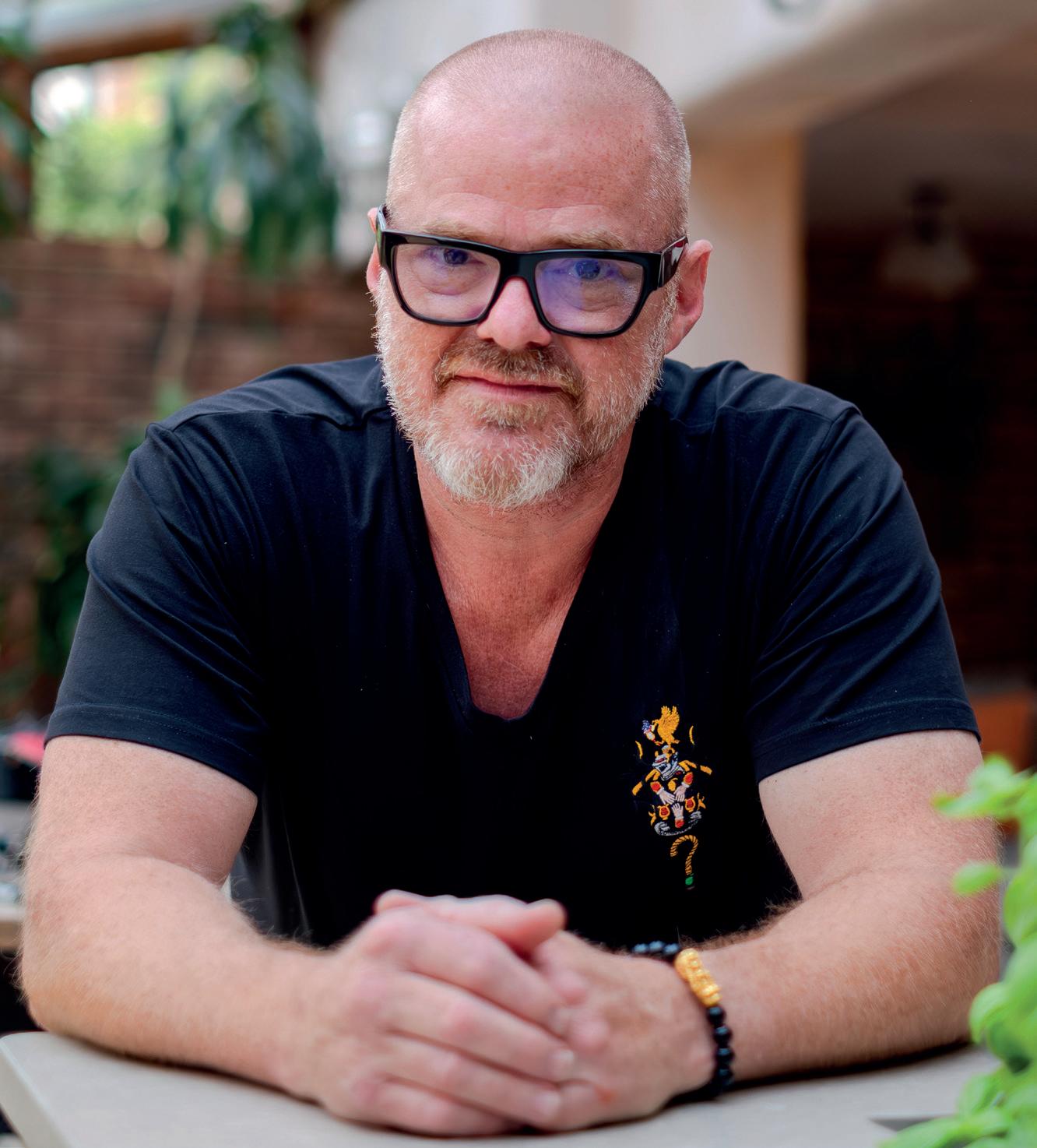
08 PLANET HESTON
Editor Melissa Holmes
speaks exclusively with chef Heston Blumenthal about living with ADHD and bipolar one.
15 SOPHIE'S WORLD
Disability influencer Sophie Butler chats about navigating fashion, fitness and life as a disabled woman, and gives us the lowdown on her forthcoming podcast.
41 FASHION THAT FITS
We caught up with Paralympian Ellie Simmonds and designer Chamiah Dewey to discover more about their height inclusive fashion brand, Dewey.
23 SHOUT OUT LOUD
Columnist Rhiannon Louden on finding her voice as the parent of a child with a life-limiting condition.
28 TRANSPORTED
Tim Rushby-Smith offers his views on accessible – or not – public transport around the world.
46 THE GREATEST GIFT
Samantha Renke reflects on the pressures, pitfalls and unexpected joys of the festive season.
12 PASSING THE TORCH
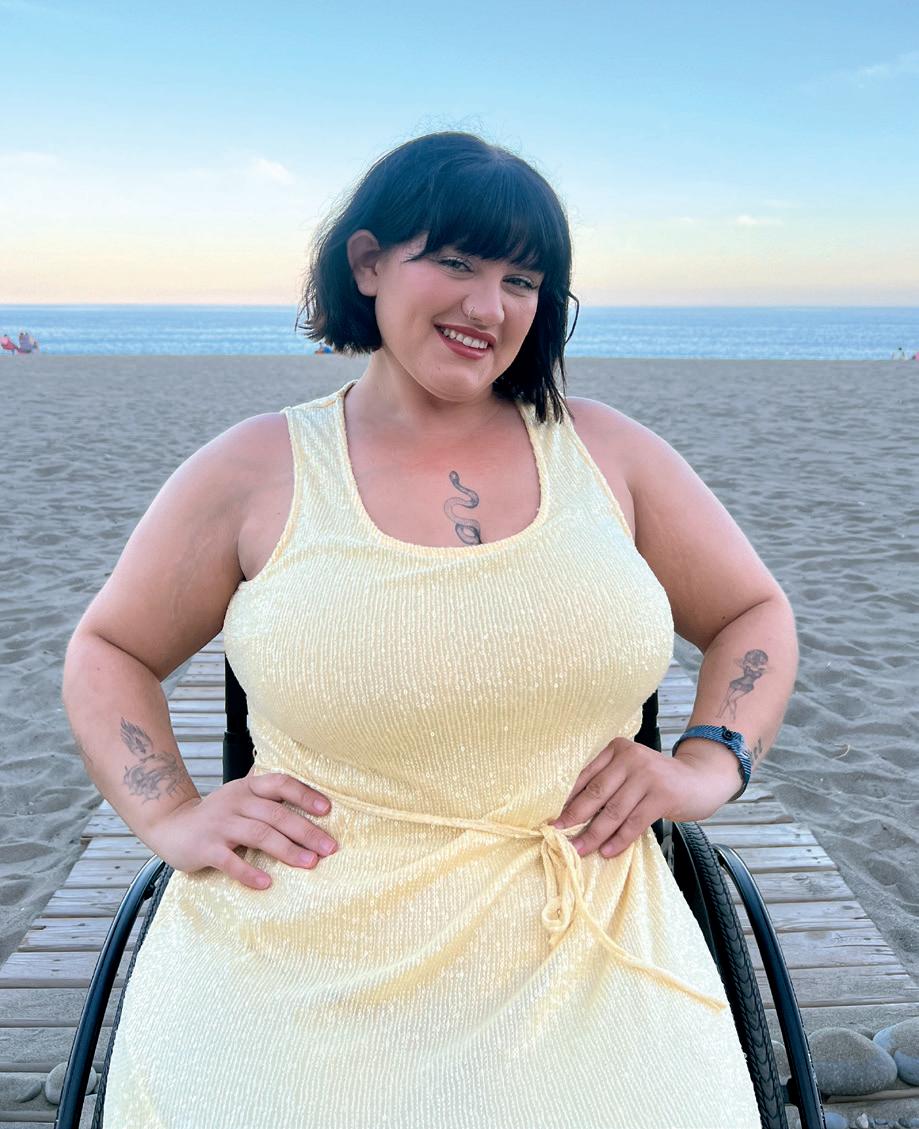
Disability activist Isaac Harvey speaks candidly about outgrowing his family caregiver. 12
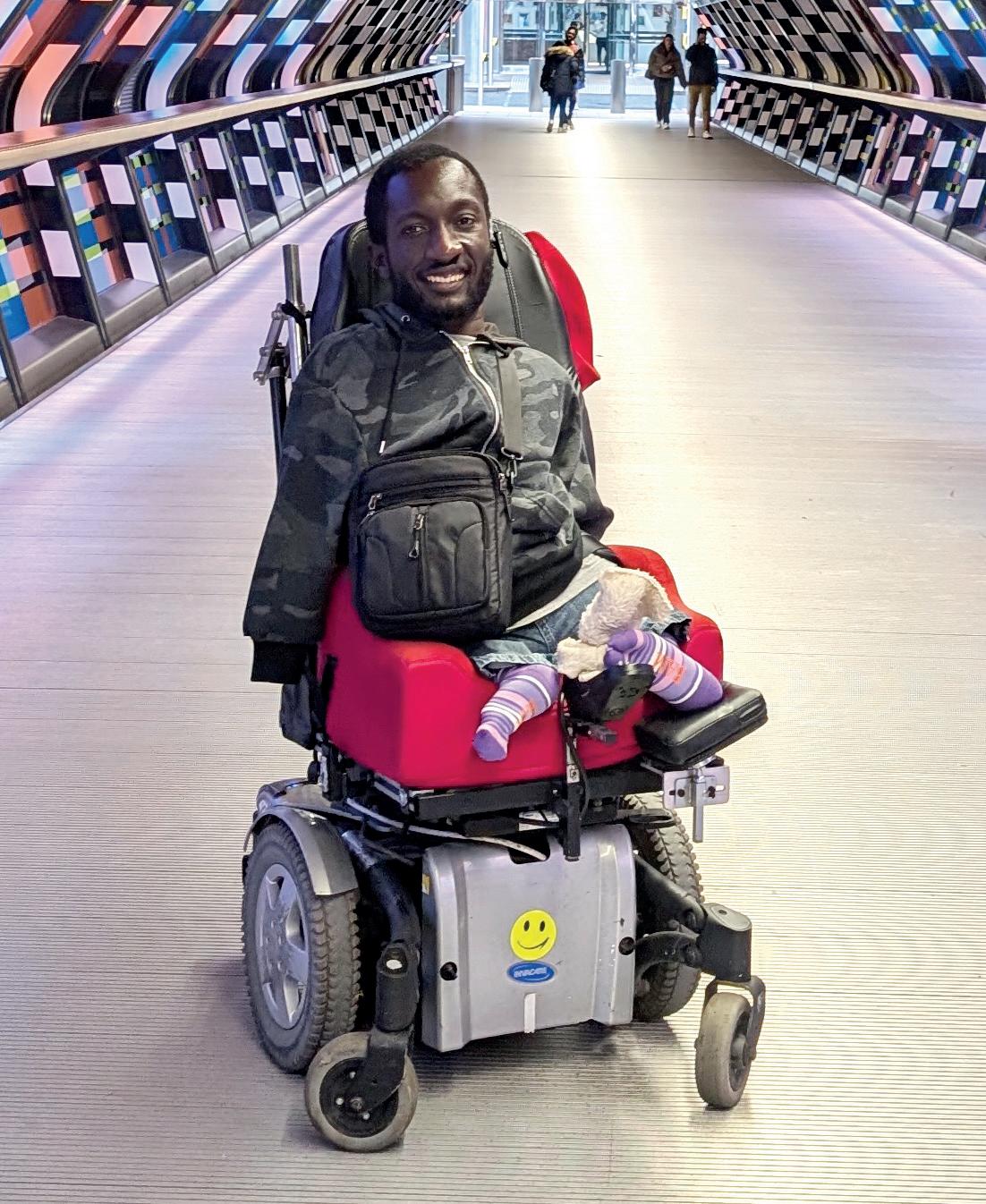

35 WINTER WELLNESS
How to help yourself when it comes to the challenges of the winter season.
11 AS SEEN ON SCREEN
The changing face of disability on the big and small screen.
18 GET SEPSIS SAVVY
We speak to a sepsis survivor and learn more about the symptoms of this indiscriminate killer.
20 TIME FOR CHANGE
Changemakers in the disability community share their thoughts about the International Day of People with Disabilities.
25 HOP ONBOARD…?
Buckle up for a wild ride to learn more about the state of the UK’s public transport access issues.
30 BEYOND APPEARANCES
We learn more about facial difference and its impact.
33 DIARY
Upcoming events, exhibitions and shows for your diary.
38 RECIPE
A delicious air fryer recipe from chef Gino D’Acampo – crispy crackling pork loin in milk and sage.
44 SURVIVING CHRISTMAS
How to get through the Christmas season when you or your loved one find it a struggle.
51 GREAT GIFT IDEAS
Our favourite product picks, with items created and designed by disabled people, for disabled people.
52 WINTER WONDERS: ACCESSIBLE DAYS OUT
When the weather is miserable but you’re getting cabin fever, a day out at a museum or attraction can be the perfect remedy. From soaking up culture to meeting new people, how can you find out what’s really accessible?
48 FRIVOLOUS FESTIVITIES
For many people, splurging during the holiday season isn’t an option. Editor Melissa Holmes gets the lowdown on savvy shopping at Christmas.
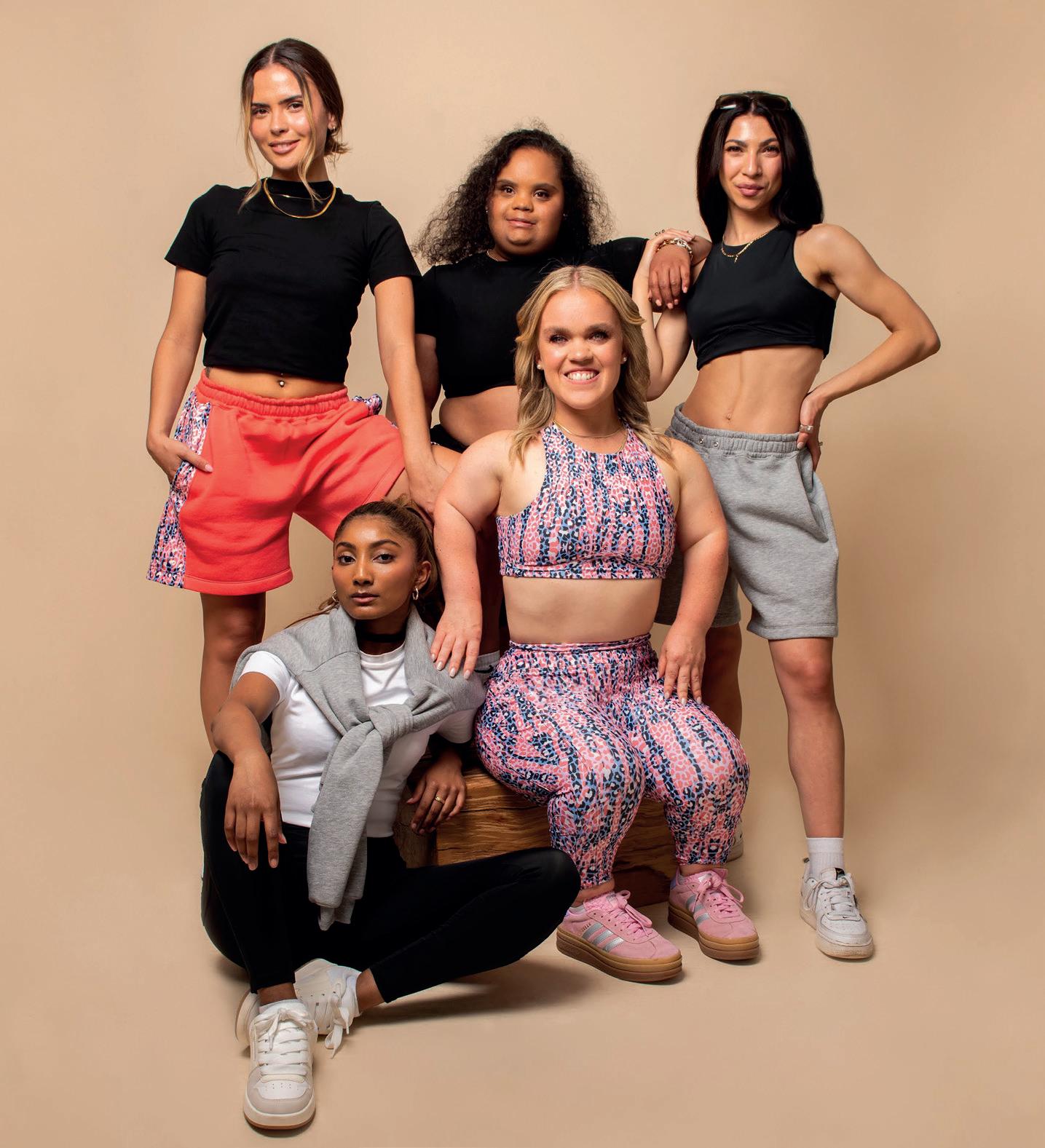
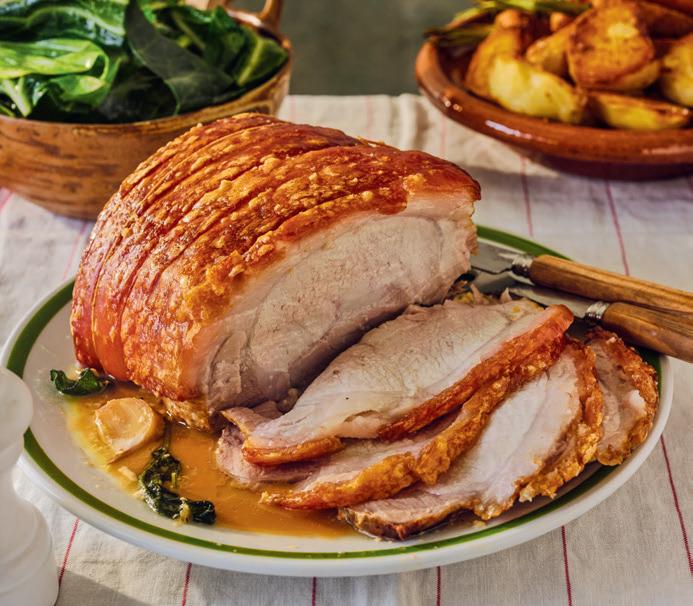
59 CAREER SWITCH
Your employment questions, answered by founder of Evenbreak, Jane Hatton.
63 NO LIMITS LEARNING
Kate Stevenson speaks to Ade Adepitan, Birmingham City University's newest Chancellor, about the importance of accessing higher education.
64 IT'S NOT OK
A closer look at disability discrimination in the workplace – your rights, and the support available.
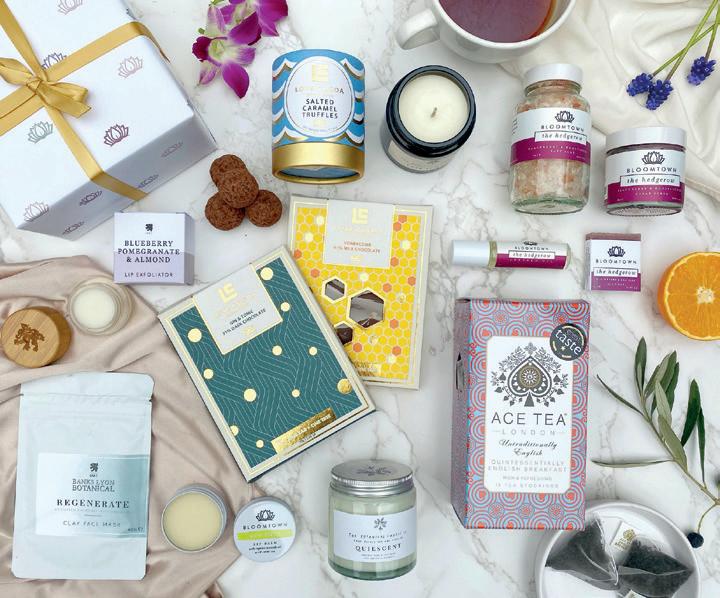
AN INDULGENT LUXURY HAMPER! SEE PAGE 54
66 DOING THINGS DIFFERENTLY
7/7 survivor Daniel Biddle talks to Editor Melissa Holmes about how he’s using his lived experience to improve employment opportunities for disabled people, and create more inclusive workplaces in traditionally harder-to-access sectors.
56 RENAULT SCENIC E-TECH
Renault’s once class-defining MPV has morphed into an EV crossover to maintain its enduring appeal. Here's our expert's review.
A SEARCH HAS BEEN launched to recruit a team of young disability champions to improve access at tourism and hospitality venues in Wales.
Community interest company PIWS (meaning ‘purple’) is leading the campaign, which is looking for disabled people to become Access Ambassadors to check out facilities and suggest ways they can be made more accessible and inclusive. As part of the scheme, young people aged 16
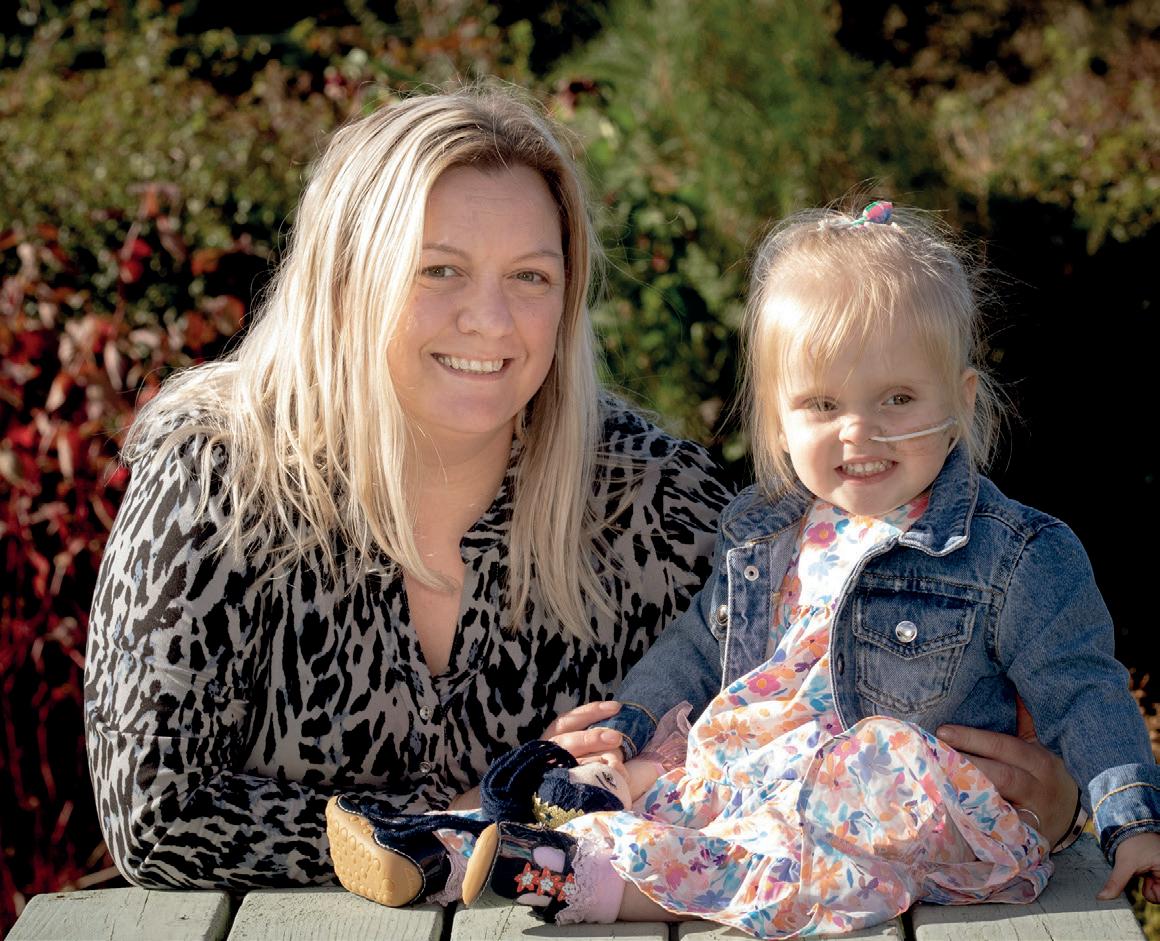
to 24 will be paid to review venues.
Helping to recruit the new ambassadors and playing an ambassadorial role herself is Manon Wyn Jones (pictured), whose daughter Nansi was born with spina bifida. Manon explains: “Organising a family day out can be quite stressful, websites are not always clear, and you really have to do your homework before setting out. The work PIWS is doing will make such a difference.” Find out more at piws.co.uk
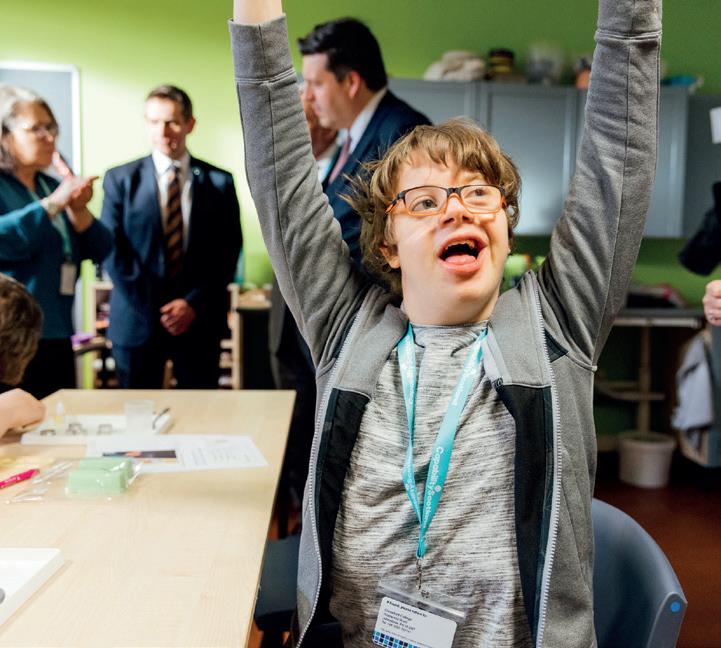

THE NATIONAL AUTISTIC SOCIETY (NAS) has launched a new award to help organisations create more inclusive, understanding and supportive workplaces for autistic employees. The Autism Inclusive Employer Award aims to increase autism understanding, support the needs of autistic staff, and enable more autistic people to feel comfortable while at work.
Only 30% of autistic people are
in any form of employment, and research from the NAS found that 68% of employers worry about getting support for an autistic employee wrong.
Christine Flintoft-Smith from the NAS said: “We believe every autistic person deserves the opportunity to pursue a career aligned with their skills and aspirations. This new award will support organisations to help achieve this.” Learn more at autism.org.uk
SCOTLAND’S FIRST AND ONLY further education college for young people with complex needs has secured critical funding for a further year. The Scottish Government has agreed to award £340,000 to support Corseford College and its 38 students with the delivery of education, physical therapies and life skills development.
The decision is a relief to its charity operators, Capability Scotland, the dedicated teaching and support staff, and the students and parents whose lives have been transformed by the provision.
Brian Logan of Capability Scotland said: “Corseford College is a lifeline for these young people, providing not only education, but the care and skills development they require to lead fulfilling lives.”
Without continued funding, Scotland risks having no dedicated further education provision for school leavers with complex needs, leaving families without essential support, and students without crucial education pathways. Find out more at capability.scot




“Of all the cover shots I’ve had in different publications, I would never have thought I would be on the cover of Enable magazine.” These were the first words from Heston Blumenthal’s mouth when Enable’s Editor, Melissa Holmes, interviewed him. And so began the start of a rollercoaster chat about ADHD, bipolar, and life as a gastronomic magician
As a world renowned culinary alchemist and seven times Michelin Star winner, Heston Blumenthal OBE is one of the planet’s most successful and well-known chefs. With a brain full of ideas and an unsurpassed dedication to his craft, Heston’s hyperfocus has been integral to his career.
“Molecular gastronomy…” he begins, trailing off before picking up his train of thought. “I had a problem with that title for years, but now I don’t – it makes complete sense. The definition of gastronomy is the art and pleasure of getting, cooking and eating delicious food. So molecular gastronomy means you do the same thing, but you zoom in to smaller little particles.” That ability to zoom in – to hyperfocus – is a key ingredient of his creativity: “Flavour encapsulation, flavour food pairing, and stuff like that,” he reveals.
Heston first went for ADHD testing after a friend wondered if he might be neurodivergent. He told me: “When I got my ADHD diagnosis in 2017, a lot of people didn’t know what it was. I think the most important thing is the diagnosis – what you do with it is a different thing.” The chef believes that the most artistic, innovative and exciting parts of his work are down to his ADHD.
It's not been an easy ride though. “My wife Melanie has gone through this journey with me,” explains Heston. She made the call to have her husband sectioned in late 2023, after a spiralling manic episode made him a danger to himself. Heston spent time in hospital and was diagnosed with bipolar one.
During our interview, he and Melanie shared the many hiccups and issues they’ve experienced due to hyperfocus, forgetfulness, and other neurodivergent traits. “In the early days of The Fat Duck, when I was getting 20 hours’ sleep a week,” admits Heston, “the sleep deprivation kicked in on top of the ADHD.” He laughs as he recalls brûléeing a dessert, trying to light the blowtorch by holding it under a hot tap: “I was thinking, ‘You can’t light a blowtorch with cold water’.”
Heston spends less time in the kitchen these days, but he’s found plenty of ways of making the restaurant structure work for him and his ADHD. In turn, this supports his staff and improves everyone’s mental health. The structure of the kitchen team is also great for neurodivergent people, as Heston outlines: “The menu is your to-do list, and you know all of those jobs can be done. You can zoom into your individual task, but you’re part of a team,” he told me. “For me, being in
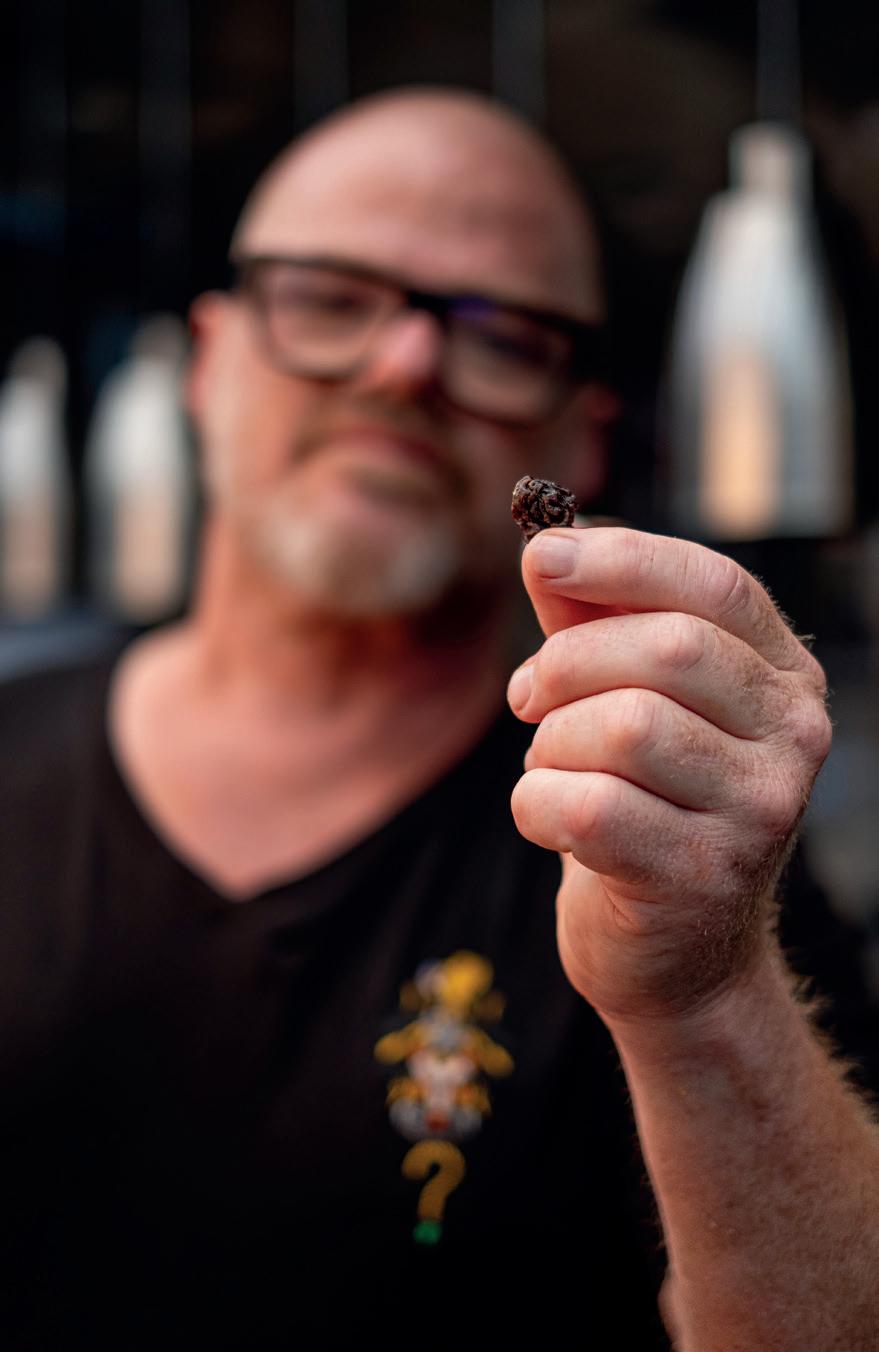
Heston’s 'Mindful Raisin' exercise encourages diners to really think about what they’re eating
the kitchen provides a framework.”
“You were talking about how the noise troubles you,” interjects Melanie. “I’ve never been in a kitchen which is so silent. If you go to The Fat Duck, there is absolutely no noise, not a pot, nothing. It’s also not a screaming kitchen,” she adds.
“Looking back at it, the success of The Duck was almost unheard of,” Heston discloses. “I created a monster: I ended up hanging onto the tail of it… The pressures and stuff that come with it, they’re strong.” Heston was sleeping just two hours a night for ten years, exercising excessively, and making poor lifestyle choices –always in search of the dopamine hit that many people with ADHD seem to be lacking.
The couple agree that Heston’s mental health is in a much steadier place right now; something he puts down to eating well, sleeping, exercise, medication, and meditation. “My selfawareness has changed massively. I don’t think I’m ‘more ADHD’ than before, but I do know now when the ‘uh oh’ is coming,” Heston says. “If I get excited, Melanie can spot if my excitement levels are going towards manic state.”
For the first time in his adult life,
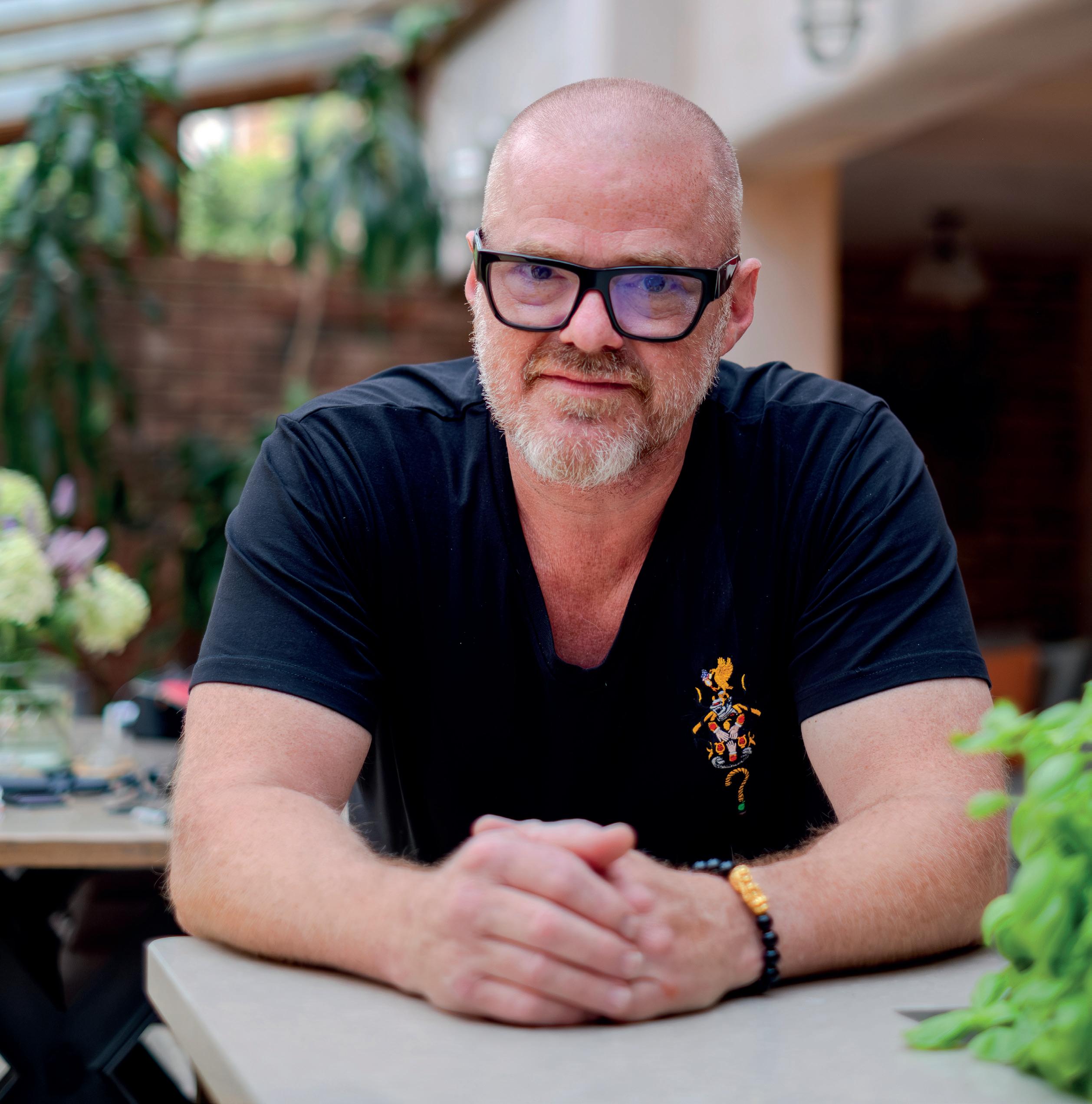
Heston believes the most artistic, innovative and exciting parts of his work are down to his ADHD


he’s able to cry: “A piece of music can do it, but the tears are wonderful.” He’s also been meditating and has learned more about breathing which has helped his symptoms, plus he has the support of Melanie who understands his moods.
With bipolar, he admits: “I look back on the manic moments – they were so manic. I thought I could change the world. I had crazy ideas, I would vomit ideas; interrupting ideas with new ideas. But now I realise what goes up has to come down. I’m stabilised massively from there.”
He’s also brought his newfound knowledge into the kitchen. As well as sharing his thoughts on mindful eating via numerous podcasts, he’s taking the concept into the kitchens at The Fat Duck so restaurant guests can learn more about the link between eating, being and doing. Heston's ‘Mindful Raisin’ exercise encourages diners to think about the full sensory experience of eating a simple raisin.
The Fat Duck celebrates its thirtieth anniversary in August 2025, so the chef
and his team are busy preparing menus and events to mark the occasion. Heston has always been more than ‘just a chef’, so I’m sure we can expect some surprises.
His openness about neurodivergence and mental health is helping to relieve stigma and improve understanding, and he concludes: “I feel I’ve got a bit of a purpose now, to help others.”
Find out more about Heston by visiting thefatduck.co.uk
adventure is waiting for you at




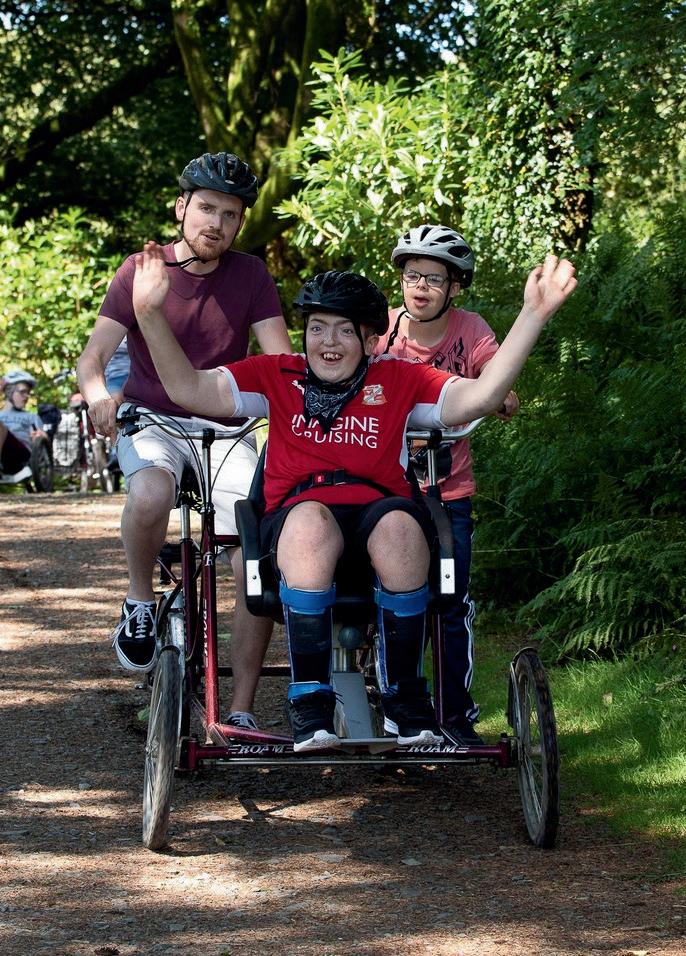


Create lifelong memories that bring you together, one adventure at a time. Join us in 2025 for fun-filled activities in a truly inclusive setting in Devon.

Book Now (quote ‘ENABLE’ for the best deals)
01598 763221
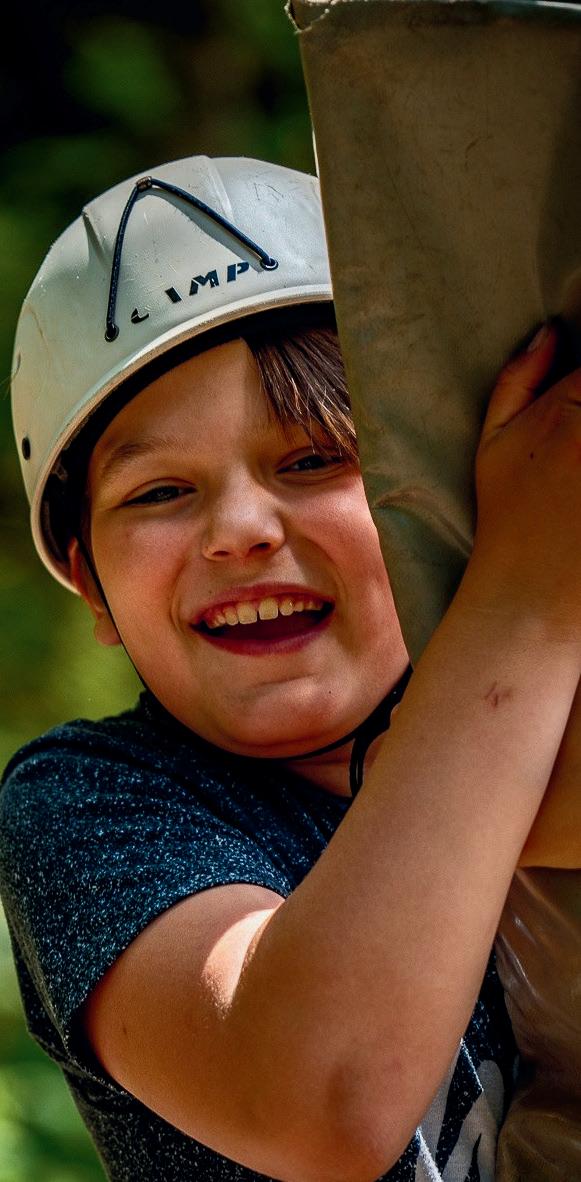
t’s 17 years since amputee Heather Mills was “booted” off Dancing with the Stars. 14 years ago, she appeared on Dancing on Ice. Mills was the victim of a tireless campaign of negativity from the UK press, who accused her of using her prosthetic limb as a “controversial way of garnering public sympathy”. All the same, she blazed a trail as the first amputee contestant on these shows.
Public discourse around disability has now started to take a very different route. With increasing awareness (dare I say, even acceptance?) of disability, disabled TV show stars – including Strictly favourites Chris McCausland and Tasha Ghouri – we’re seeing a shift in representation and, therefore, perception of disability.
The huge popularity of Chris and Tasha has been a breath of fresh air. While there’s been a whiff of ‘inspiration porn’ about some commentary (‘aren’t they doing well… despite their disabilities?’), the focus has been on their skill in

picking up complex dance routines and executing them brilliantly.
My hope is that what we’re seeing on TV starts to filter to fictional depictions of disability. The attitude of “why train people the industry doesn’t want?” – reportedly said by a stage school about disabled actors as recently as 2019 – will hopefully start to shift.
As a huge movie fan, I cringe a little about the films I loved when I was younger. All the leading actors in some of my favourite pictures – Philadephia, Forrest Gump, Rain Man, My Left Foot – won the Best Actor Oscar for their work. And all were non-disabled people playing disabled roles.
At the time, these actors were lauded for their career-defining performances. But now, they leave an unpleasant taste in the mouth. ‘Cripping up’ (using non-disabled actors to play disabled characters, as a play on words from the repellent ‘blacking up’ that used to happen on screen) has very much fallen out of favour.
Of course, this still happens – and when it does, it attracts controversy. But it’s happening much less, and we now get to see great disabled actors being given more opportunities. Actors like Liz Carr, George Robinson and Daniel Laurie are showing that disabled people can play “ordinary” roles which centre on their character’s skills or personality, rather than their mode of transport or visible difference.
We all know how important positive representation is in changing how non-disabled society perceives disabled people. It also has a massive impact on improving confidence and self-acceptance, especially for young disabled people, or those who’ve recently become disabled. Undoing years of negativity and bias in the media is taking time, but there’s definitely a static buzz of change in the air.


Navigating life with a disability comes with many unique challenges. One of the most significant hurdles can be finding the right care when your primary caregiver can no longer support you. Isaac Harvey MBE, a well-known disability advocate, speaks candidly to Kate Stevenson about outgrowing his family caregiver
Isaac Harvey MBE has spent the majority of his life raising awareness and advocating for disability rights. Through it all – from getting awarded an MBE, to carrying the Olympic torch and modelling at London Fashion Week – he’s had his mother by his side: “She gets me in and out of my chair, takes me to the toilet, looks after my personal care, makes me food – I rely on her every day,” he explains. But, as his
mother ages, the physical demands of caregiving have become more difficult for her to manage, which has left Isaac in a vulnerable position.
Though other family members can help Isaac, this isn’t a perfect solution. “I feel like my friends and family, especially my brother, are more like my carers than my actual brother or friend,” he admits. While he is incredibly grateful for their support,
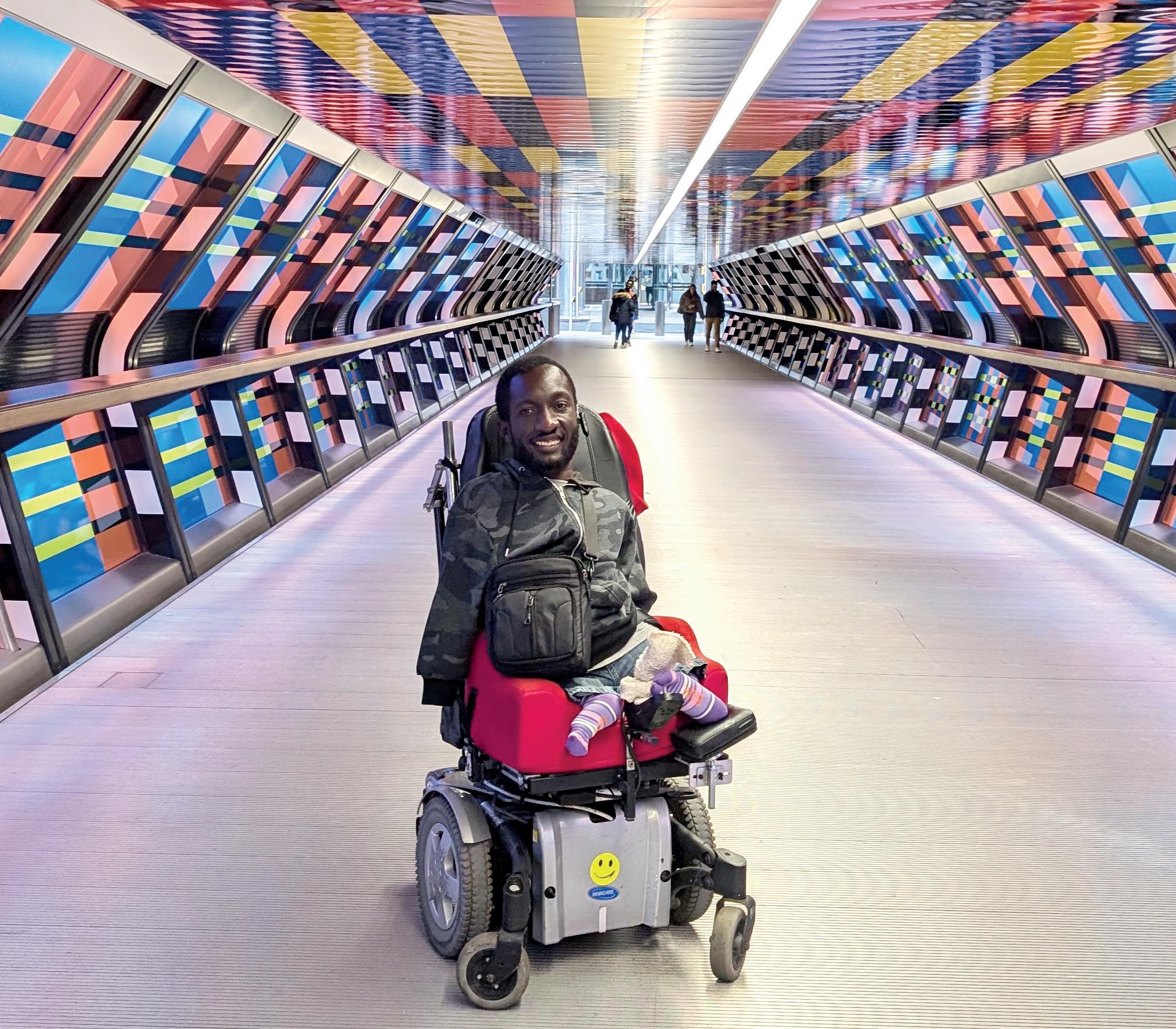
the dynamic of these relationships has inevitably changed. “It would be nice if we could just hang out without having to worry about my care. Sometimes I wish there was more of a separation between the two,” confesses Isaac.
Without a primary carer, he feels helpless. “I can go out by myself, but it’s not without complications. I can’t go to the toilet by myself, so I have to hold it until someone can help me,” explains Isaac, who admits it’s impossible to look after himself independently. “I do a poor job at putting my wellbeing first. I avoid eating and drinking so I don’t need the toilet. It’s not something I’m proud of.”
Beyond these struggles, Isaac is stuck in a bureaucratic nightmare. He’s been trying to secure professional care since 2019, but the process is moving at a snail’s pace. “I was granted 12 hours of support a week while I wait,” he says. “That’s not even a day’s worth of support!”
When the COVID-19 pandemic hit, it put everything on hold: “It’s only because I met an amazing advocate, Jacqueline Winstanley, that I’ve started making progress again.”
But he’s quick to point out that, unfortunately, his case is not unique. The care system in the UK is notoriously slow, leaving disabled people waiting months, or even years, for the support they need. “It’s very frustrating. There are so many barriers and ‘gatekeepers’. It’s not a humancentred process anymore,” reveals Isaac. “We’re seen as paperwork or bits of evidence when, really, this is people’s lives at stake.”
It’s easy to understand why Isaac is at his wit’s end. The emotional toll of this drawn-out process has been significant: “It’s like I’m hitting a brick wall over and over again. By the time I get the help I need, I could be totally burned out,” he worries.
If Isaac, who has achieved so much in his life, still struggles to find basic support, what hope do the rest of us have? “Of course I’m frustrated, but I can’t imagine what it’s like for other people,” sighs Isaac. “I’m lucky. I have advocates, I have a support system –not everyone does.”
Some days, it feels like the weight of the disabled community is on his shoulders. He feels a lot of pressure to be the perfect advocate, even when he’s struggling. “This isn’t just about me,” reasons Isaac. “There are a lot of unheard stories. So many disabled people are stuck in the same situation, unable to get the support they need.” He knows that many people are forced to go without care, leaving them isolated at home with little to no independence: “I feel for those people who don’t have a voice in this process.”
In spite of the hurdles, Isaac remains staunchly determined and optimistic: “The process is crazy, and it takes longer than it needs to, but I know that when the right support is eventually put in place, it will completely change my life.”
But even then, it doesn’t stop the “sour taste,” knowing that other disabled people still need to fight so they can get the care they need. Isaac says the system needs major reform: “We’ve lost the collaborative spirit of working together. The process shouldn’t feel like a battle but, right now, it does.”
He thinks it needs to become more personalised, with more faceto-face interactions focusing on the individual. “Everyone’s needs are different, and that should be recognised,” he explains. “We need to be more understanding of each other.”
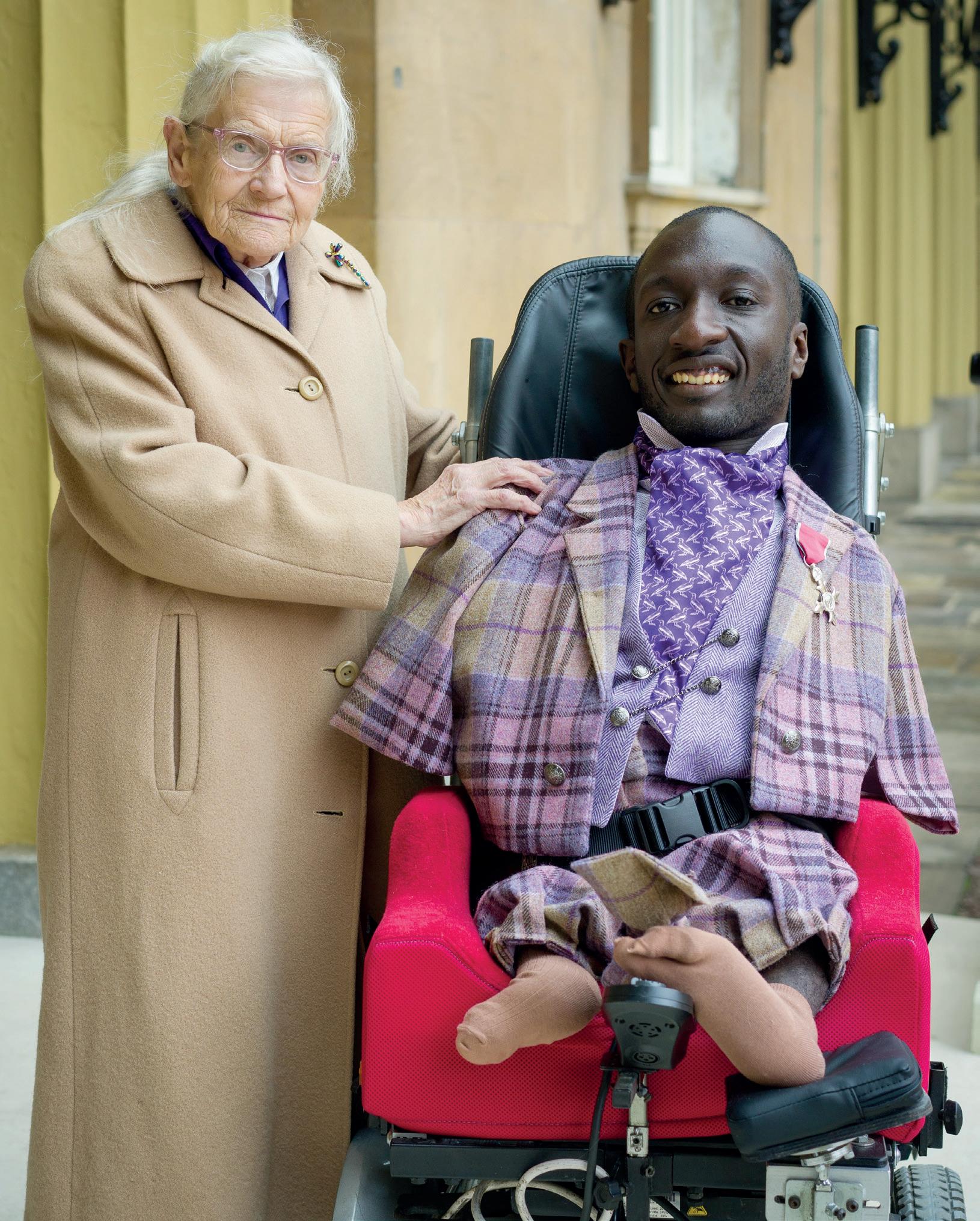
It might feel hopeless at times –and Isaac truly relates to this – but he encourages people in similar situations to push through. Though he’s still sifting through piles of paperwork, he remains positive about the future. In the long run, finding a new carer will strengthen his relationship with his mum… even if he felt like he was betraying her at first.
“I’m changing our dynamic, but I’m not ending our relationship. There comes a time when you’ve got to do what’s best for both you and your primary caregiver,” emphasises Isaac. “It’s not about saying goodbye to their care, but recognising when things need to change.”
I’m lucky. I have advocates, I have a support system –not everyone does
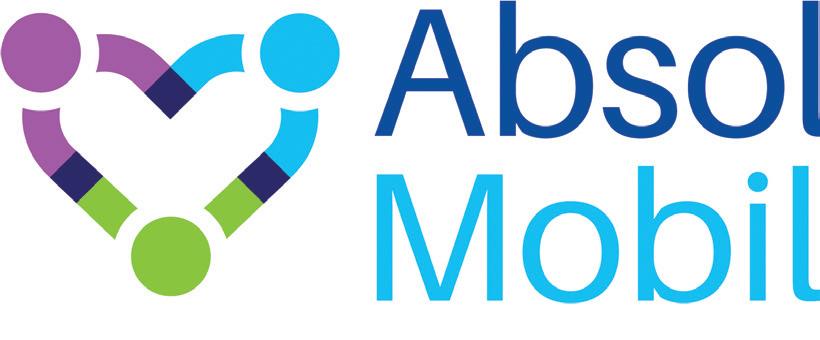
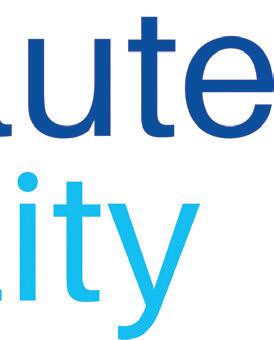
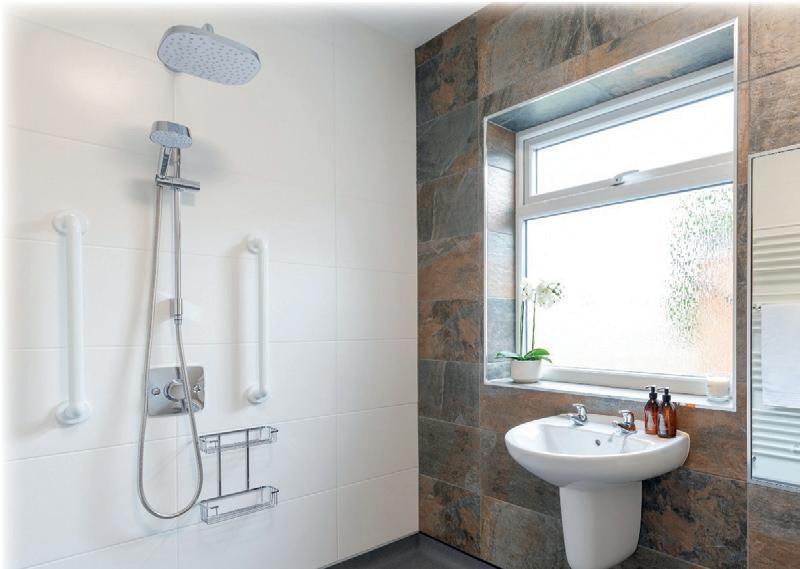

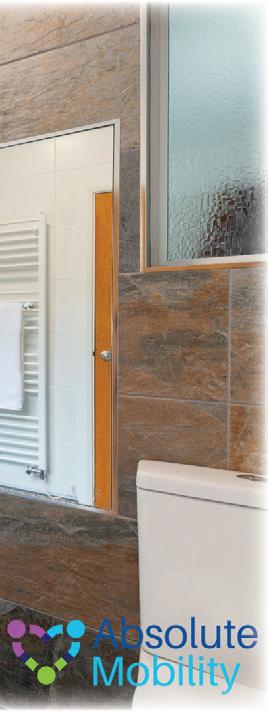
At Absolute Mobility, we’re dedicated to designing and installing accessible bathrooms that make a real di erence to the lives of our customers.
With over 20 years of experience, we understand that a well-designed bathroom can enhance independence and o er users the dignity they deservean accessible bathroom is an investment in quality of life.
Beautiful accessible bathrooms From the company that cares
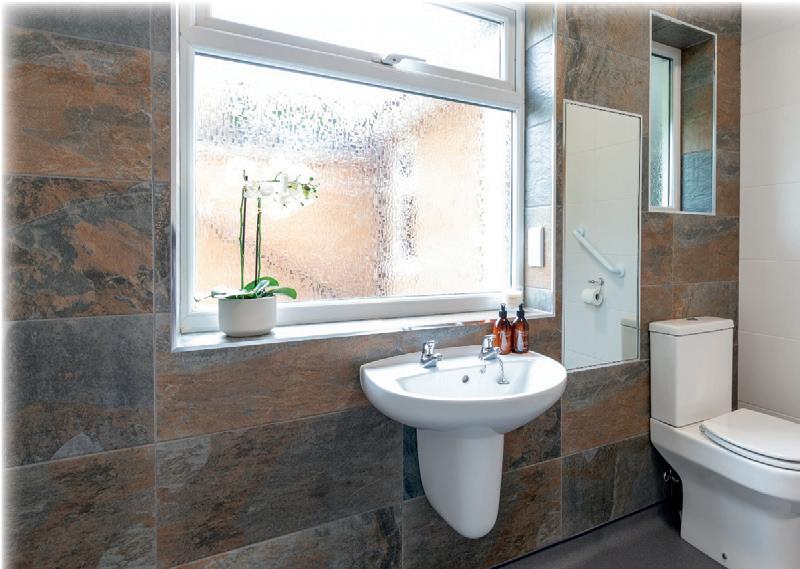


“The process was very easy, straightforward and e cient! It was a fabulous experience. They were very courteous and considerate of our home, and they clearly took pride in their work, taking time towards the end of the day to tidy up and leaving the home to feel like we weren’t even having work done. An experience that we expected to feel so stressful was, in fact, stress-free. It was a really good experience, and we’re glad we chose Absolute Mobility.”




From being the first wheelchair user to grace the cover of Cosmopolitan to being awarded influencer of the year a whopping three times, Sophie Butler has become a leading voice in the disability community. Editor Melissa Holmes caught up with Sophie to chat about fitness, fashion and The Other Girls Club
QYou became disabled while working out, when weights fell on to your back. How hard was it to return to the gym after your accident?
A: Obviously it wasn’t easy. The gym and fitness in general had become a safe space for me mentally, somewhere I’d go to find comfort and take control. Losing that control when the accident happened really knocked my confidence.
There wasn’t a question of ‘I don’t know if I should go back’. My dad –who is one of my biggest motivators – made the journey easier. I also had powerful, very emotional therapy sessions when I was in rehab.
Q: How has your relationship with fitness changed?
A: Before I became disabled, I was more focused on changing my body because I wanted it to look a certain way. Now I really focus on what can I do to make my life easier and prepare for my future. I’m very aware that I have to stay fit and healthy, but also be strong and have good endurance to maintain the independence and lifestyle that I want as a disabled woman.
Q: You come across as very confident in your body – what are your thoughts on body positivity?
A: On a personal level I don’t feel like I align with body positivity. I’ve always been more attracted to body neutrality as a concept. I’ve been through phases in my life where I’ve been very insecure about my body, and times where I’ve been very body positive.
I’m moving towards body neutrality and seeing my body more as a vehicle
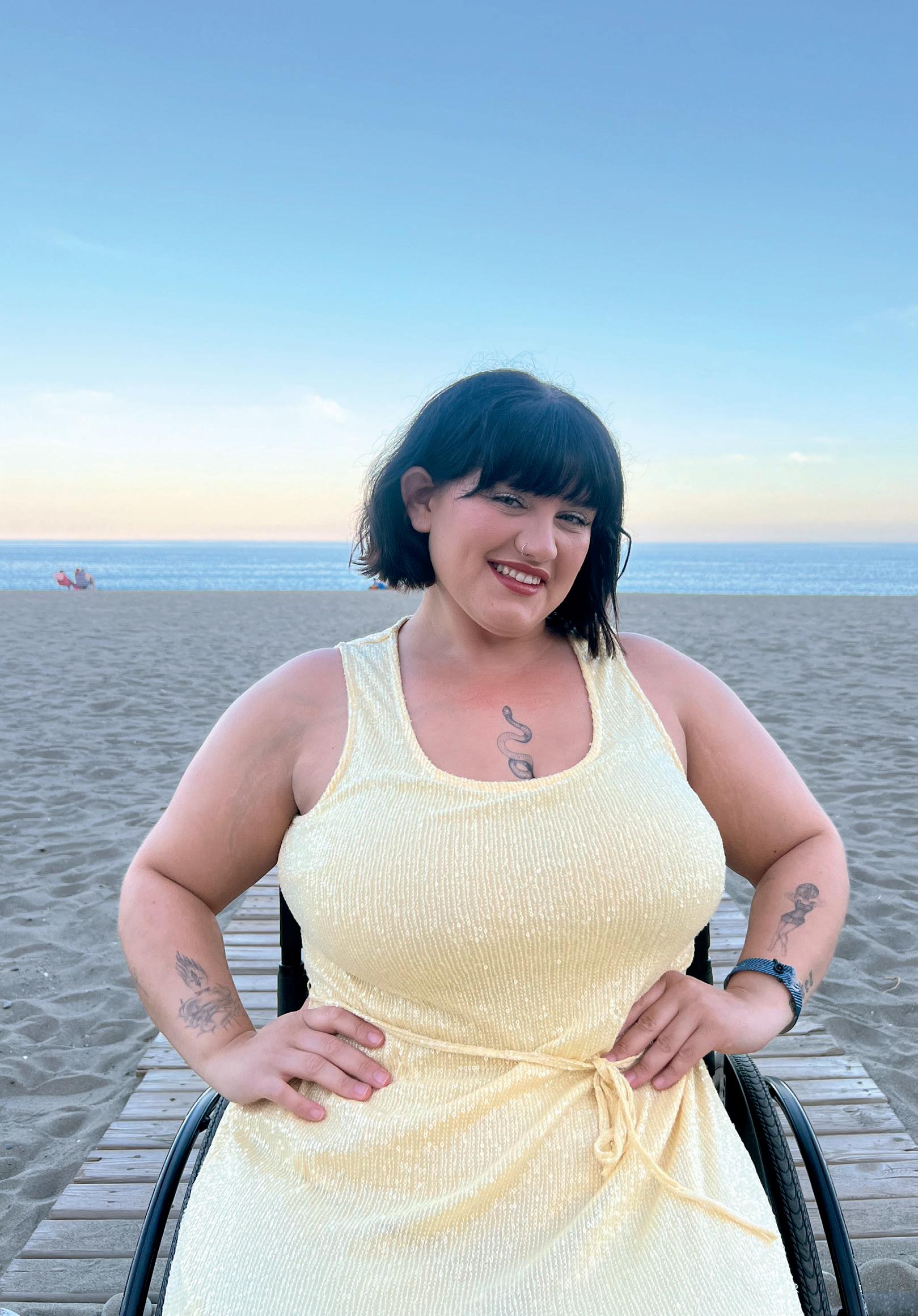
for the things that I want to do with my life.
Q: What advice might you give to other people, especially those who are newly disabled, about how to reach neutrality around their body image?
A: It’s really hard for disabled people in general, but I think for that first year or two, the dissonance you have from your body is not spoken about and can be really hard to navigate. I would sometimes look at myself and not recognise myself.
The only advice I could offer would be to give yourself time. Like everything with becoming disabled, it’s a process. There are many things now I can sit with and I’m happy with, whereas at first, I was like ‘I’ll never
Disabled people have such good style – part of that comes from wanting to be seen for who you are as a person, and not just your mobility aid
accept that, I can’t see myself living that way’. Five years on, I don’t even think twice about it.
Q: Tell me more about your passion for fashion.
A: I express myself through my clothes rather than through my body and how it looks. It’s been really good for me creatively because I love dressing up and putting outfits together – it’s so much healthier to find that passion in clothing, the way you look, your outfits, and styling than it is to try and fit your body to look a certain way because you think it should.
The way I see fashion is really as a form of expression. I think disabled people have such good style – part of that comes from wanting to be seen for who you are as a person, and not just your mobility aid.
One of the biggest driving forces for me online is trying to encourage people to express themselves and not worry about looking silly, or thinking something is out of date or not trending. Forget all of that. When you put an outfit on, does it make you feel good? Does it make you feel confident?
Fashion can be accessible. Disabled people belong in fashion and are fashionable. But you have to provide disabled people with the tools to be able to express that.


Q: You’ve built an online community, The Other Girls Club. What’s that about?
A: The Other Girls Club started as a passion project. Growing up, I went through a phase thinking I’m not like other girls. I grew up listening to my dad’s records and thinking ‘no one understands me’. It’s cringey when I look back. At uni, friends introduced me to modern pop music and I became less insufferable – thank god!
So much of that is internalised misogyny, because why wouldn’t you want to be like the other girls? I actually like women, I like girlhood, I like everything that comes with that. I wanted to create a space where you can be exactly like the other girls –not gender specific, but a space where you can be exactly who or what you want to be, and chase joy and those things that are seen as cringey.
There’s so much worth in fangirl culture – look at how big Taylor Swift is – and there’s clearly something there that girls find a community in. That’s what The Other Girls Club is about. We’ve hosted online and in-person events like book clubs, dance classes, and craft sessions.
We did a show at Reading Festival in August, where we debuted the first episode of the podcast we’re launching at the end of this year. There’s so much I want to cover; dissecting pop culture, navigating your experience of the world, understanding social and political events. Obviously, disability will be a huge part of that as well – it’s part of every topic I talk about.
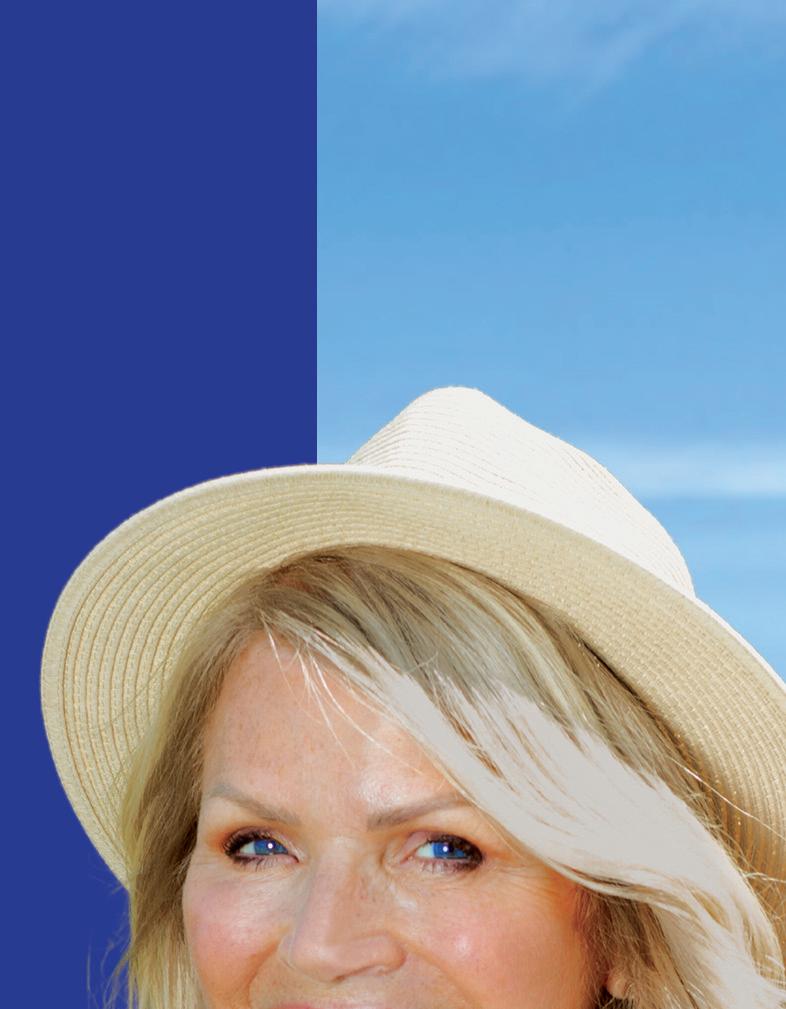




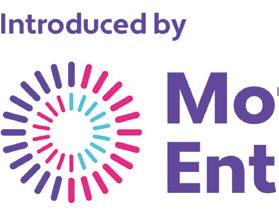
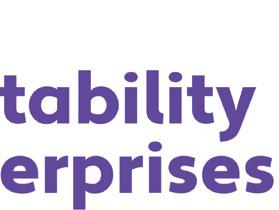






In the UK, five people die every hour from sepsis – an indiscriminate killer that can a ect anyone, at any age. Survivor Lauren shares her story, and we learn more about ‘blood poisoning’ and how to recognise the signs
About of festive flu le Lauren feeling very under the weather. What began as a strange feeling in her throat resulted in an ambulance trip to hospital on Christmas Day. Lauren was diagnosed with Group A streptococcus and double pneumonia, which had developed into sepsis.
Sepsis happens when your immune system reacts to an infection – perhaps a chest infection, cellulitis or UTI. The body begins to injure its own organs, and the immune system goes into overdrive. Sepsis can a ect anyone, at any age, but mainly a ects very young children and older adults. It’s more common in people with underlying health conditions – for example, in people with a spinal cord injury who are catheterised, urinary catheters increase the risk of developing sepsis.
Knowing the symptoms of sepsis can be lifesaving. These include slurred speech or confusion, extreme shivering or muscle pain, passing no urine in a day, severe breathlessness, feeling like you’re going to die, mo led or discoloured skin, and a rash that doesn’t fade when you press it.
Sepsis can lead to shock, multiple organ failure and even death if it’s not recognised and treated quickly enough. It can also cause clots which stop blood flow to the extremities,
Part of what made me fight to get out of hospital was to get back to my little boy
leading to gangrene which is treated by amputating the a ected limb/s.
On Christmas morning, Lauren told her mum she felt like she was dying. “The paramedics were ready to dismiss it as flu once again,” reveals Lauren, who had called an ambulance the day before. Due to her mother’s persistence, Lauren was taken to hospital. She spent eight days in an induced coma, with a further two weeks in intensive care. Medics initially told her family they couldn’t guarantee Lauren’s recovery because she was so unwell. “Part of what made me fight to get out of hospital was to get back to my li le boy,” she recalls.
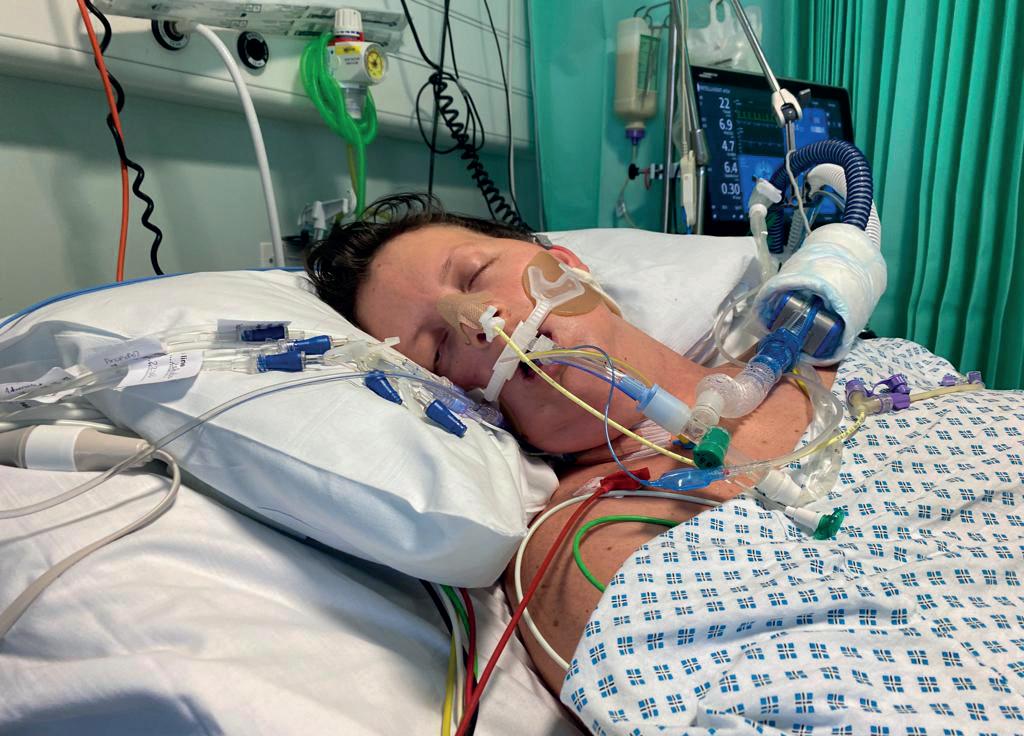
Like many sepsis survivors, Lauren’s recovery has been challenging. “In the beginning I was too weak to even hold a book to read, my concentration was gone, and I struggled with sleeping,” she admits. Lauren experienced hallucinations while in intensive care, and still deals with the trauma of her ordeal. Post-sepsis syndrome a ects 40% of sepsis survivors, causing physical, cognitive, and psychological a ere ects. Lauren finds her brain fog is still quite severe, but says “You just need to take it one day at a time.”
She turned to The UK Sepsis Trust for support, connecting with other survivors through their Facebook support groups, and speaking to the charity’s nurses.
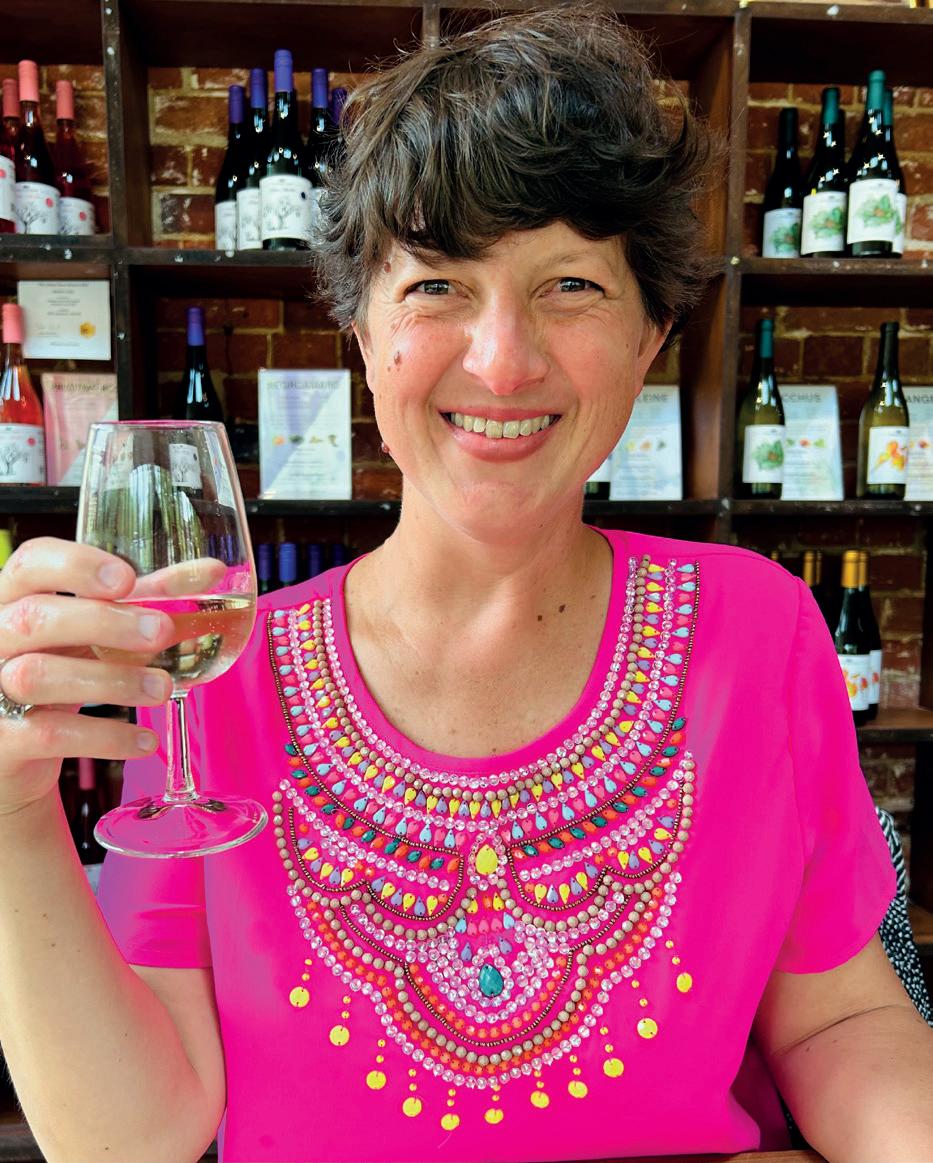
Knowing the symptoms of sepsis is vital, says Lauren, who explains: “Just trust in your body. I didn’t have any knowledge of the symptoms until I was sick. The fact I was told on Christmas Eve ‘it’s just flu’ and then to be in an induced coma 24 hours later is very worrying.”

FOR MORE INFORMATION
Sepsis is an emergency: if you or someone you know is experiencing symptoms of sepsis, call 999 or go to your nearest A&E (do not drive yourself).
NHS Sepsis info: nhs.uk/sepsis
The UK Sepsis Trust: sepsistrust.org / 0808 800 0029

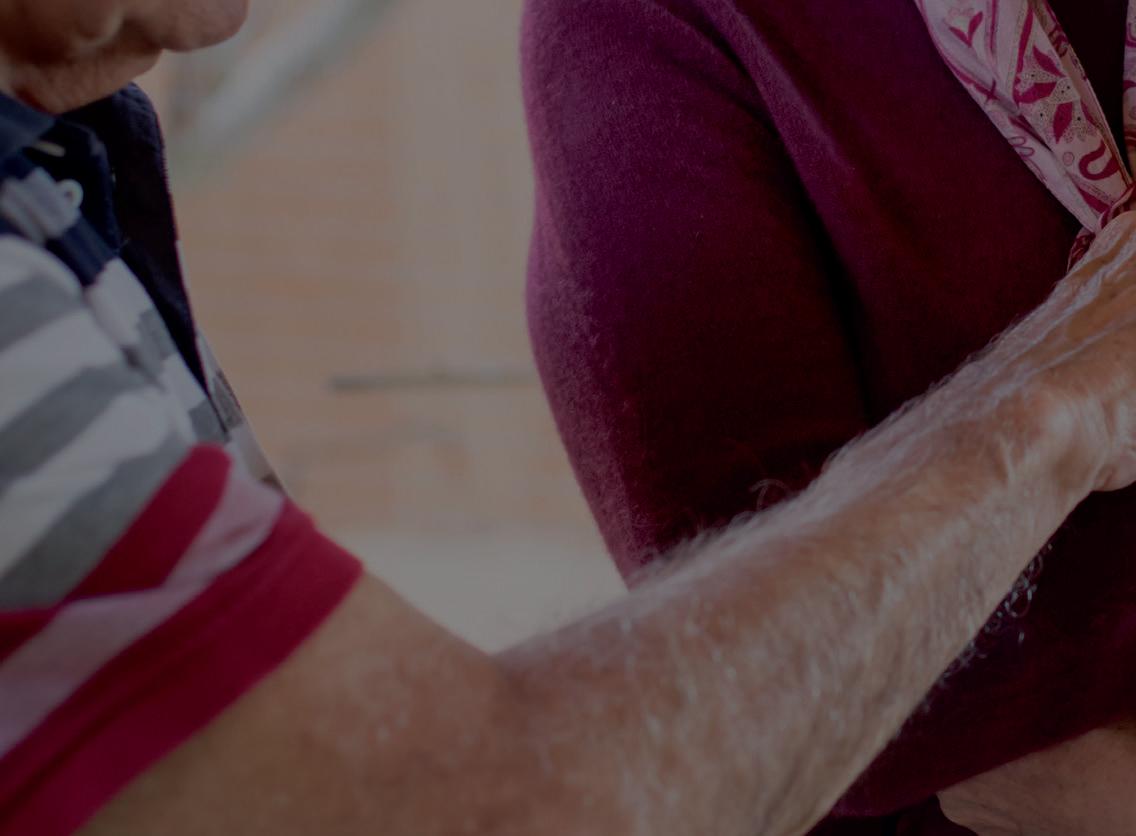

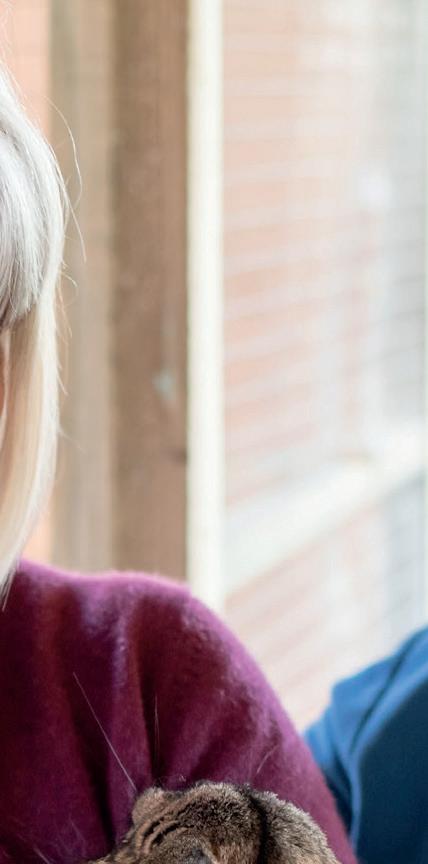
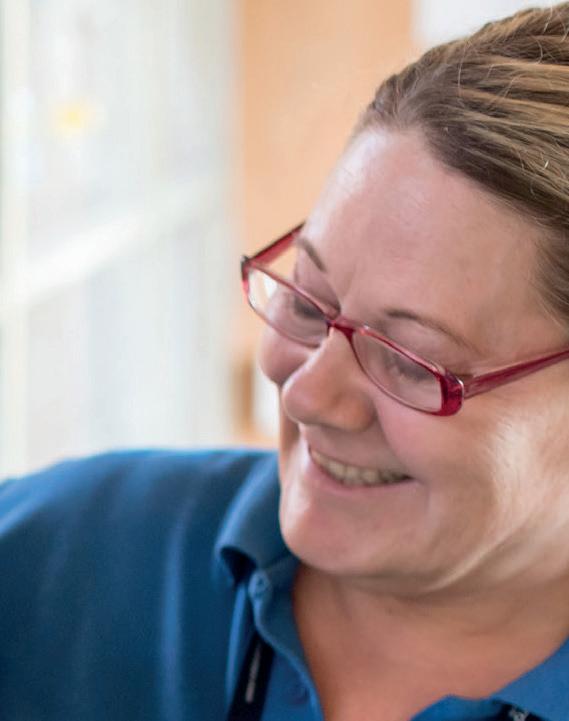

Our team at Notaro Homes, have a wealth of experience and knowledge, so we understand what a critical time it is for the whole family when considering future care options.
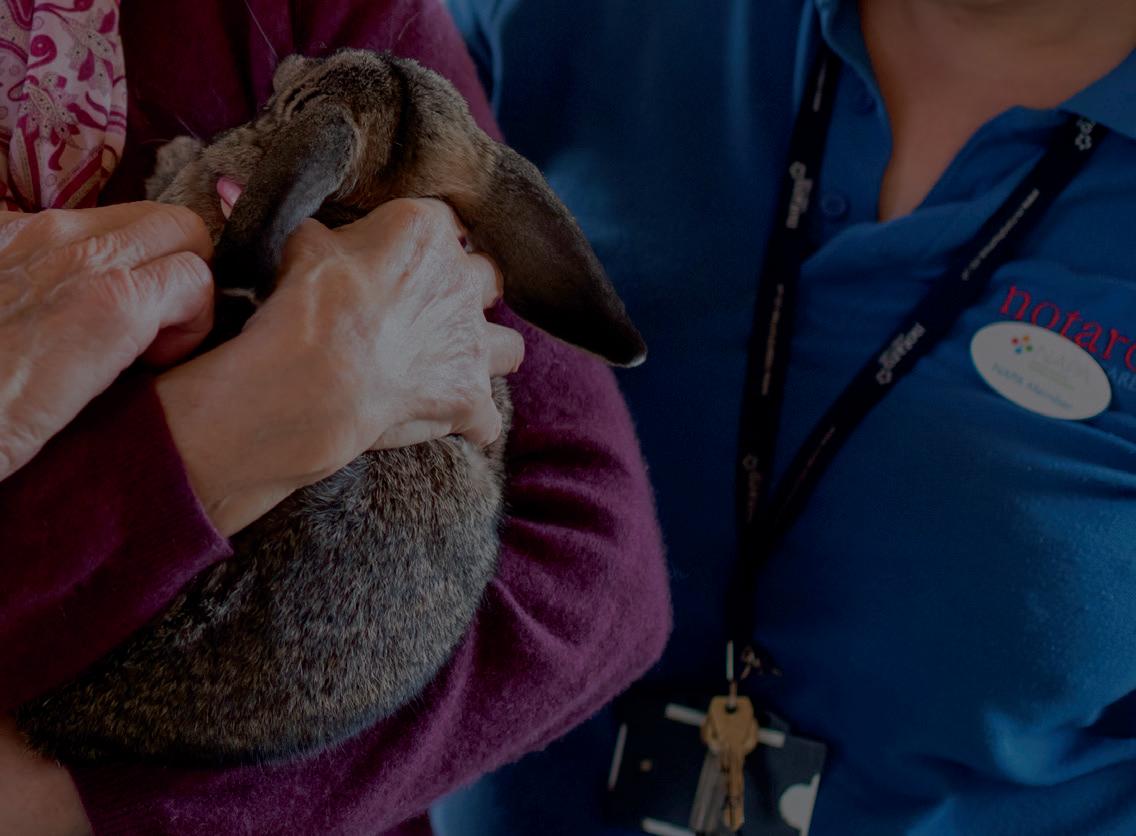
We are always here to talk to you, offer advice and support you through the process.
We are a family run business and have been providing vital care and support to individuals across Somerset for nearly 40 years.

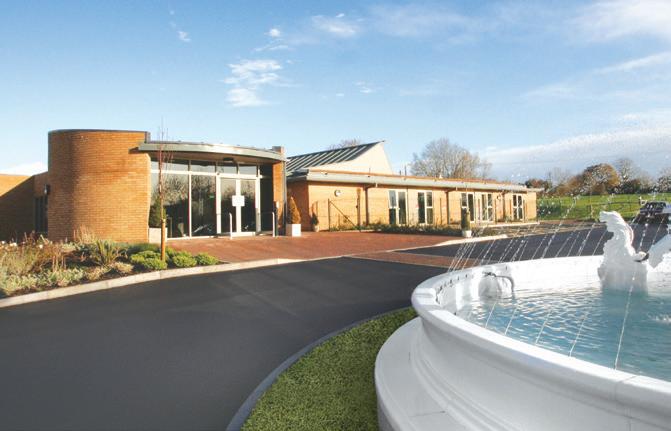




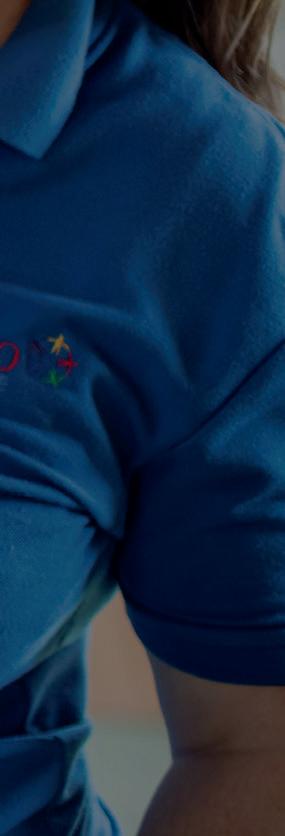








In celebration of the International Day of People with Disabilities 2024 on 3 December, we spoke to changemakers in the community to find out what this day means to them, and the changes they hope to see by next year

Tim Rushby-Smith
Writer and journalist
Host of the Disabled and Proud podcast “IDPWD is a powerful reminder of the strength and resilience within the disabled community. It’s a day to celebrate our achievements, amplify our voices, and push for the recognition and rights we deserve. It’s about embracing our identities with pride, and challenging societal norms that often overlook or underestimate us.
“By IDPWD 2025, I hope to see a world where accessibility is not an afterthought but a standard. I envision more inclusive policies that empower disabled individuals in all areas of life, from education to employment. I also wish for greater representation in media and leadership roles, where our stories are told authentically and our contributions are valued for our experience and expertise.”
“When IDPWD comes around, I’m often asked to contribute an article or to co-present a show on local radio, as commissioning editors scramble to find someone with a disability to represent their concern for issues around disability. It’s certainly possible to leverage the opportunity to influence the public discourse and maybe even change a few opinions, but that could and should happen on other days too.
“What I would like to see is for people to consider the impact of current global events on those living with disabilities. War and famine are tragedies for all concerned, but when the social fabric breaks down, the consequences are felt earlier and even more harshly by people with disability.”

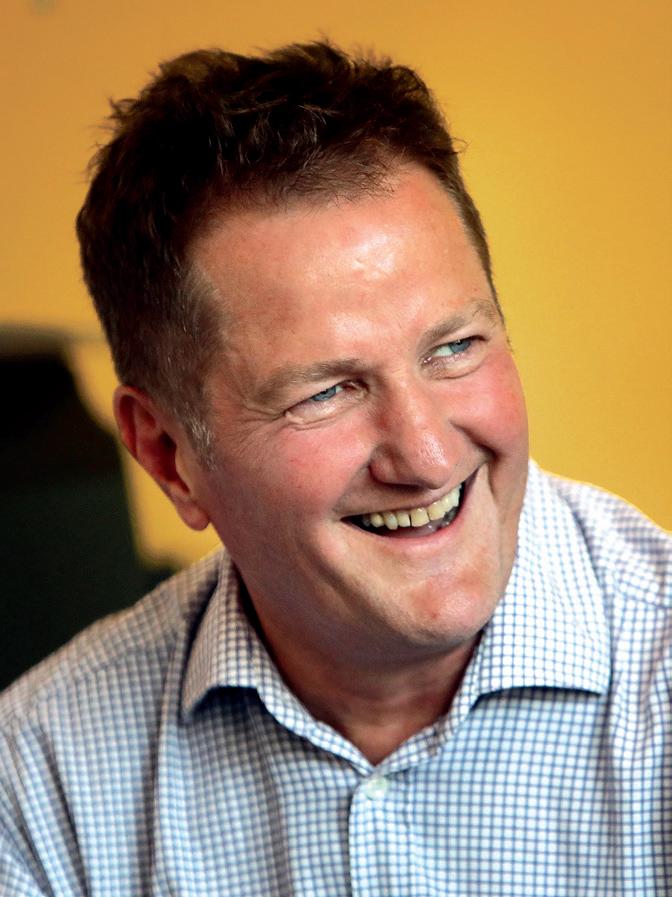
Chief Executive of learning disability charity, Mencap
“There are 1.5 million people in the UK with a learning disability. Many face shorter lifespans, inadequate access to healthcare, limited employment opportunities, and insufficient social care support, while 2,000 are detained in hospitals instead of receiving community-based support.
“By the next International Day of People with Disabilities, we want the rights and needs of people with a learning disability fully recognised throughout society. To get there, we hope that the NHS 10-year plan will fully reflect the recent recommendations from Lord Darzi to eradicate health inequalities; the social care system will be reformed to deliver the level of care that people need and deserve; and social security support will be improved enough to help people in and out of the workplace.”
Host of the Hidden 20% Podcast
“At The Hidden 20% we are doing everything we can to break the cycle of silence, shame and suffering for the 1.6 billion neurodivergent people worldwide, by spotlighting positive and accurate role models using educational and entertaining media.
“IDPWD marks an important day to spotlight disability, both visible and invisible. In a year’s time I would like to see neurodiversity fully integrated into the Diversity, Equality and Inclusion agenda.”
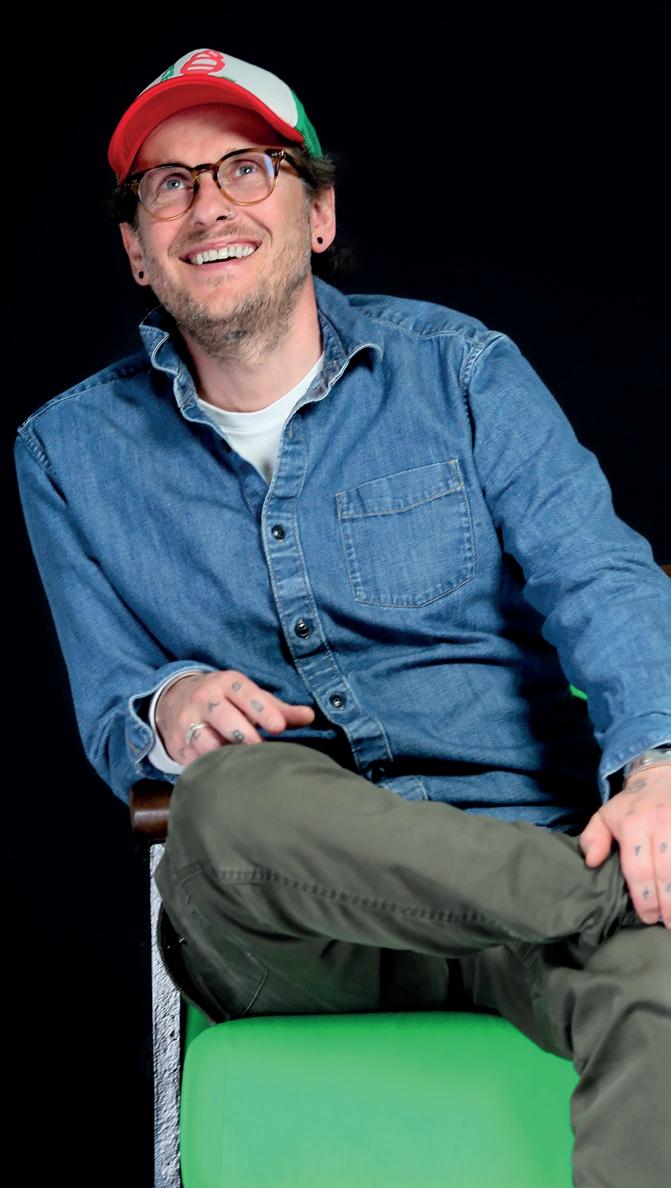
Chair of Business Disability Forum
“I’d like to see disabled people recognised for the unique skills and experience they can bring to the workplace. Every year, Business Disability Forum launches its Disability Smart Awards on 3 December, and I have the privilege of being a judge. I love hearing about the difference that disabled people are making to the businesses they work for and beyond. Often, without the skills of disabled people, great things would never have happened. For me, acknowledging and celebrating disability is what the International Day is all about.”
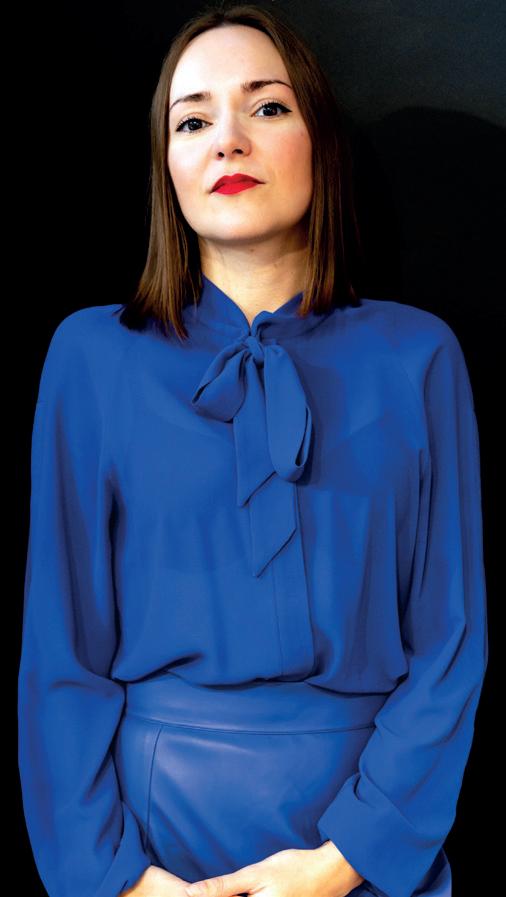
Founder of Unhidden Clothing
“My feelings around IDPWD change for me each year and are always more than one thing. It is an opportunity to celebrate and reflect on genuine progress being made, which has been noticeable even from outside our community this year in some spaces. It is also a day to highlight the barriers we are still fighting to remove just so we can live an equitable life.
“This year however I am inclined to say it serves as a lightning rod that – for as long as we do not have effective evacuation plans for our community in conflict zones – we are still leaving disabled people to die and valuing non-disabled lives above ours. I’d like to see policy change around that by next year.”
Writer and broadcaster
“When I became a Disability activist in around 2010, I truly believed my raison d’être was to change the hearts and minds of a pre-disabled world. I wanted people to be our allies, and for us to fight for social justice side by side. Of course, this is still something I very much live and breathe but, over the years as I’ve begun to understand the world and all its nuances, it’s become apparent that this is never going to be a reality. You can lead a horse to water… but you can’t get them to call out ableist BS!
“I’ve now realised that my energy and my voice don’t have to be focussed on getting the world to see my value. It’s better that I spend more time seeing value in myself and those in my community.
“For me, IDPWD is about being seen and living life, because this simple act is powerful enough!”
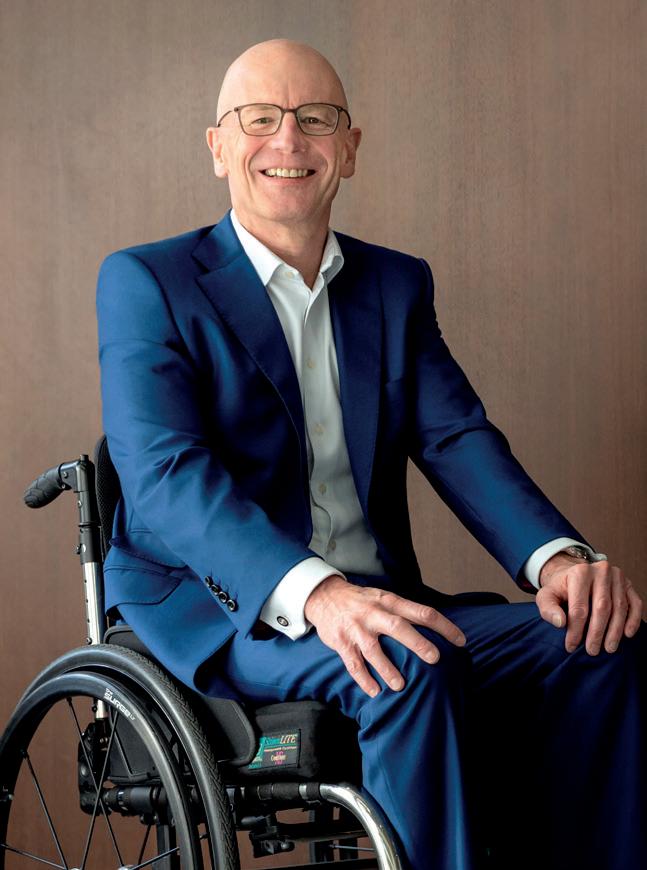
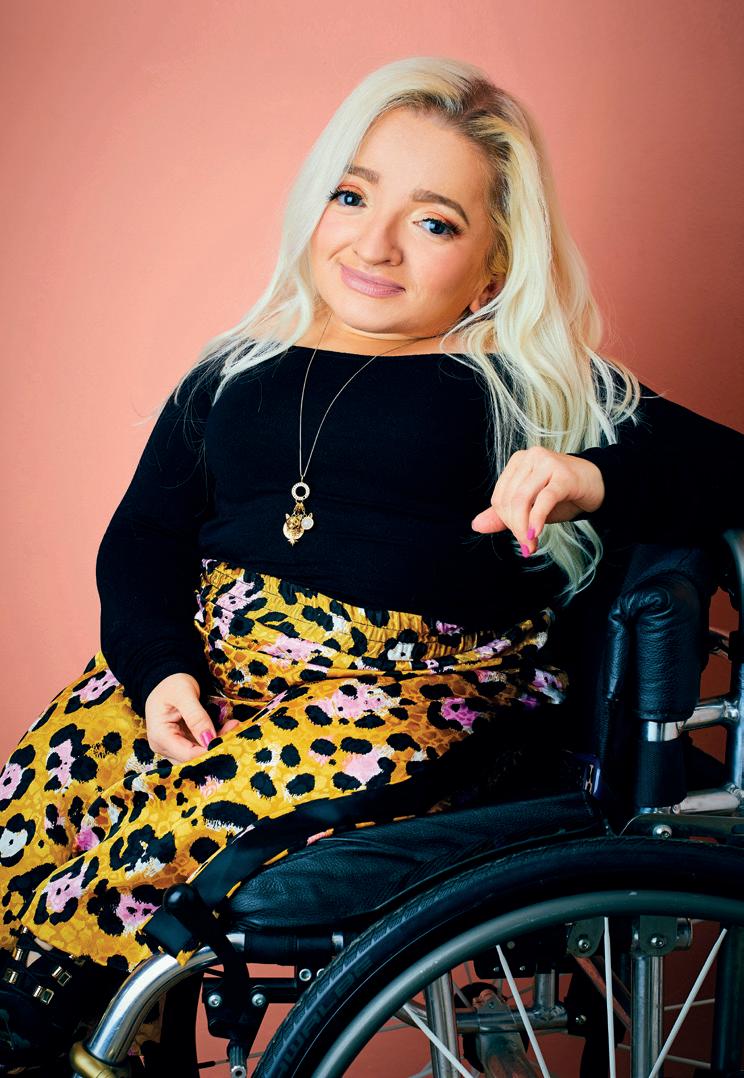
The International Day of People with Disabilities was established by the United Nations in 1992. It’s celebrated on 3 December every year and promotes awareness, inclusion, and equal rights for people with disabilities around the world. Find out more at idpwd.org













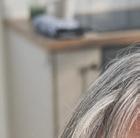
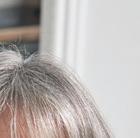








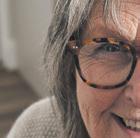
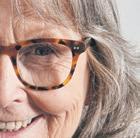






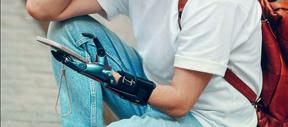









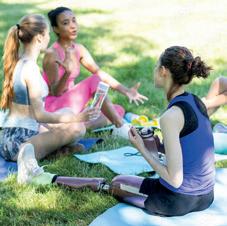









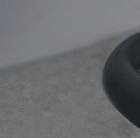




















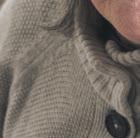



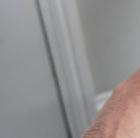
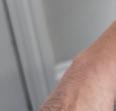

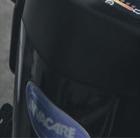


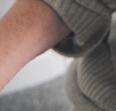




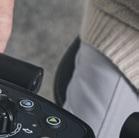


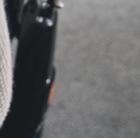
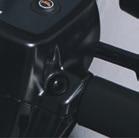


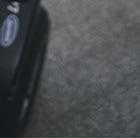

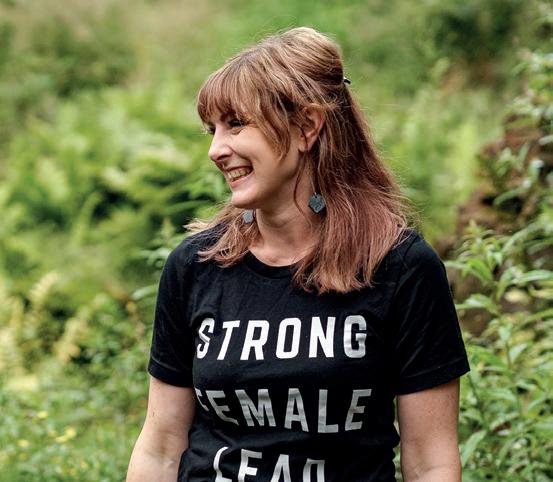
Originally from Canada and now based in Glasgow, mum of two Rhiannon Louden is a freelance photographer specialising in weddings, elopements and proposals. In spring 2024, she received the news that her youngest child has Rett Syndrome.
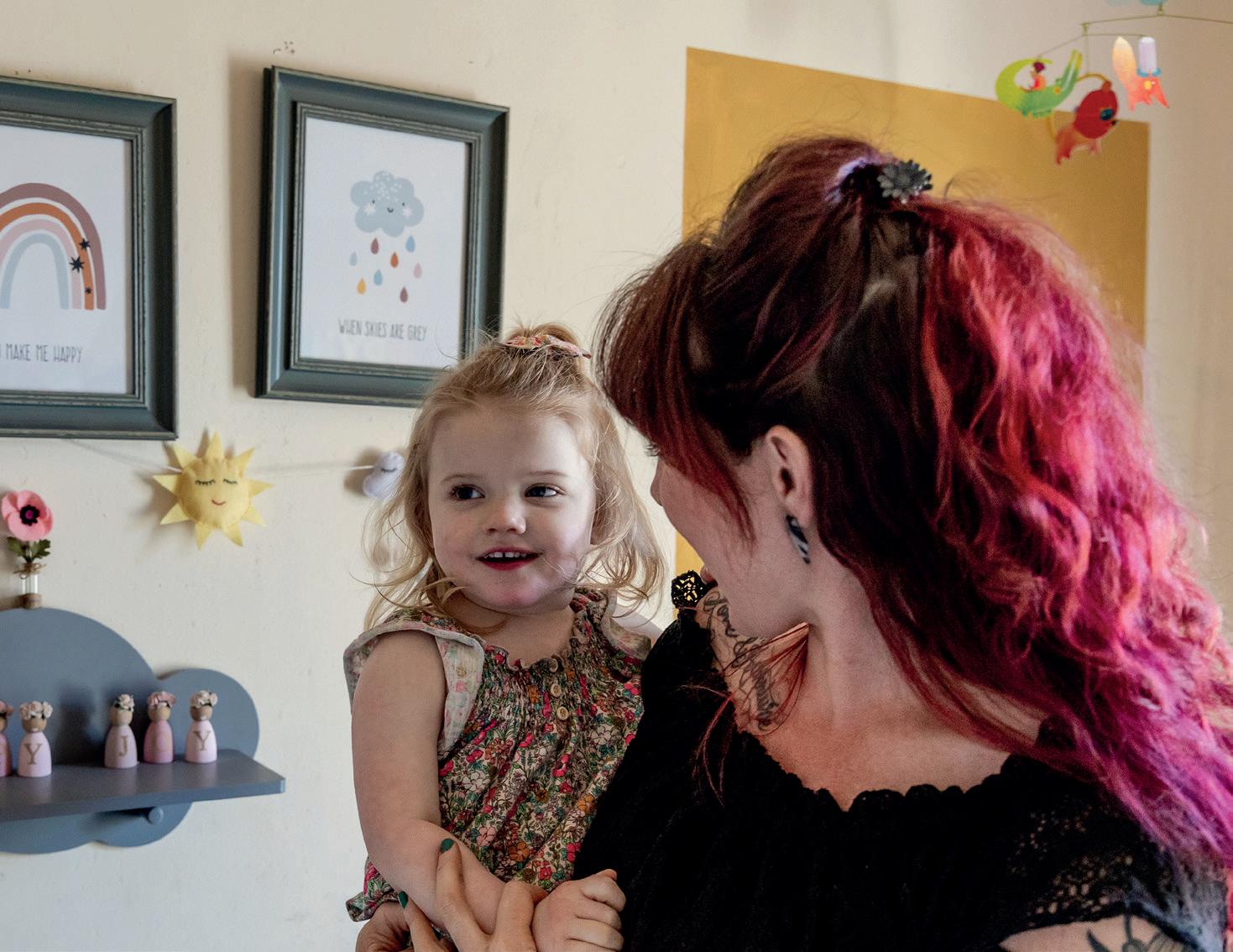
Enable columnist Rhiannon Louden reveals how she’s had to find her voice while navigating life as the parent of a child with Rett Syndrome, a life-limiting condition
Iam embarrassed at my naivety in thinking this process would be straightforward. I could not have been more wrong.
Every step of parenting a child with a life-limiting condition requires a fighting determination you have to find within.
First, you must push to be seen and heard to get a diagnosis. Health visitors, GPs, paediatric nurses and therapists all need convincing that your child needs help. In between pushing to be seen, you wait; spending far too much time online, researching and reading.
You get an incorrect assessment from a health visitor, based on one quick visit
A parent told me: ‘If you don’t shout the loudest, you won’t be heard’. She’s right
to a poorly equipped nursery (which you end up leaving, and seeking out a better place for your child).
Finally – after months of being the annoying, pushy person you never wanted to be – you get an appointment with a paediatrician. You go in with a million questions, you leave with exactly none of them answered. You’re referred for genetic testing. More waiting, more pushing: further tests needed. Nothing feels proactive; a big thing is missed.
You advocate for a new doctor (thanks to advice from an online group) and get one. You go to meet them and receive the diagnosis. Your worst fears are confirmed. But now you know, and that’s a win. You had to fight so hard to get there.
You thought (naively) the hardest part of the fight was over. You were wrong. You’re back in the ring.
YOU must seek out help, support and advice from others who’ve been there. Ask WHY your child isn’t getting the same help, or why appointments are getting cancelled, or why you still
haven’t been referred. Why no one has checked in to ensure you’re all ok.
It’s you who’ll have to figure out what limited resources your child is eligible for. To seek out charitable programs and cutting edge therapies. To call, ask, beg, follow up, and ask again if there’s any space for your child. To try and source funding to make these amazing things accessible.
I’ve lost count of the number of emails I’ve sent, phonecalls I’ve made, forms I’ve filled out. Strangers I’ve reached out to for advice on incredibly personal things.
It’s exhausting, disheartening and frustrating – to say the least.
But it’s working. Another mum in this space told me: “If you don’t shout the loudest, you will not be heard.” And she couldn’t be more right.
If you don’t advocate for your child, no one else will. So, like it or not, advocating for Poppy is now my most important role.
Note: We’re incredibly thankful for the NHS, and for having access to public healthcare when so many do not. I can’t fault our care team. But there’s only so much they can do in a system that is broken.















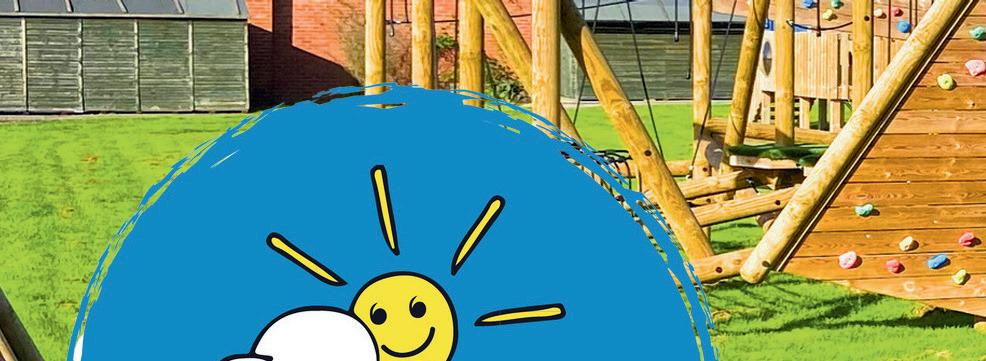



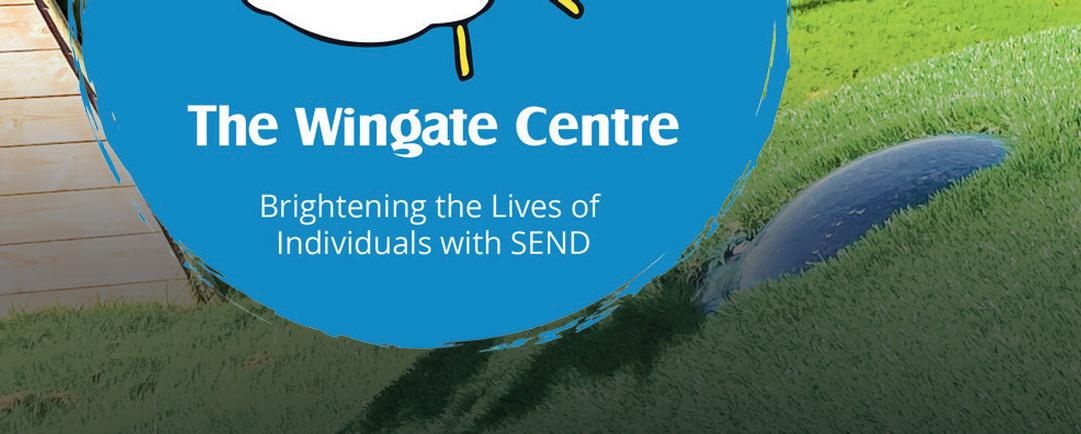



















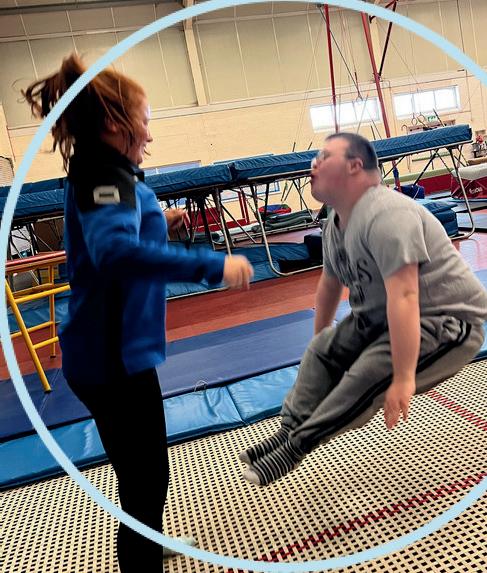


















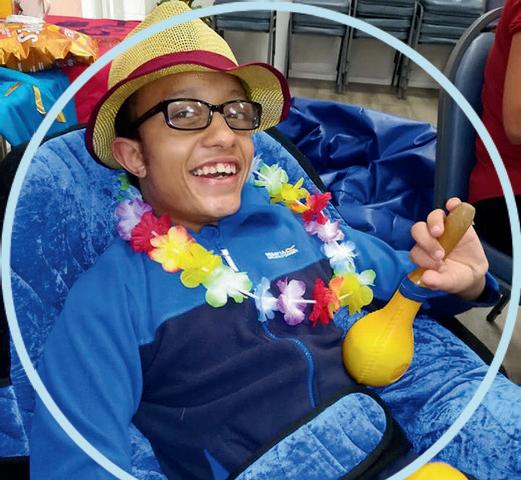
























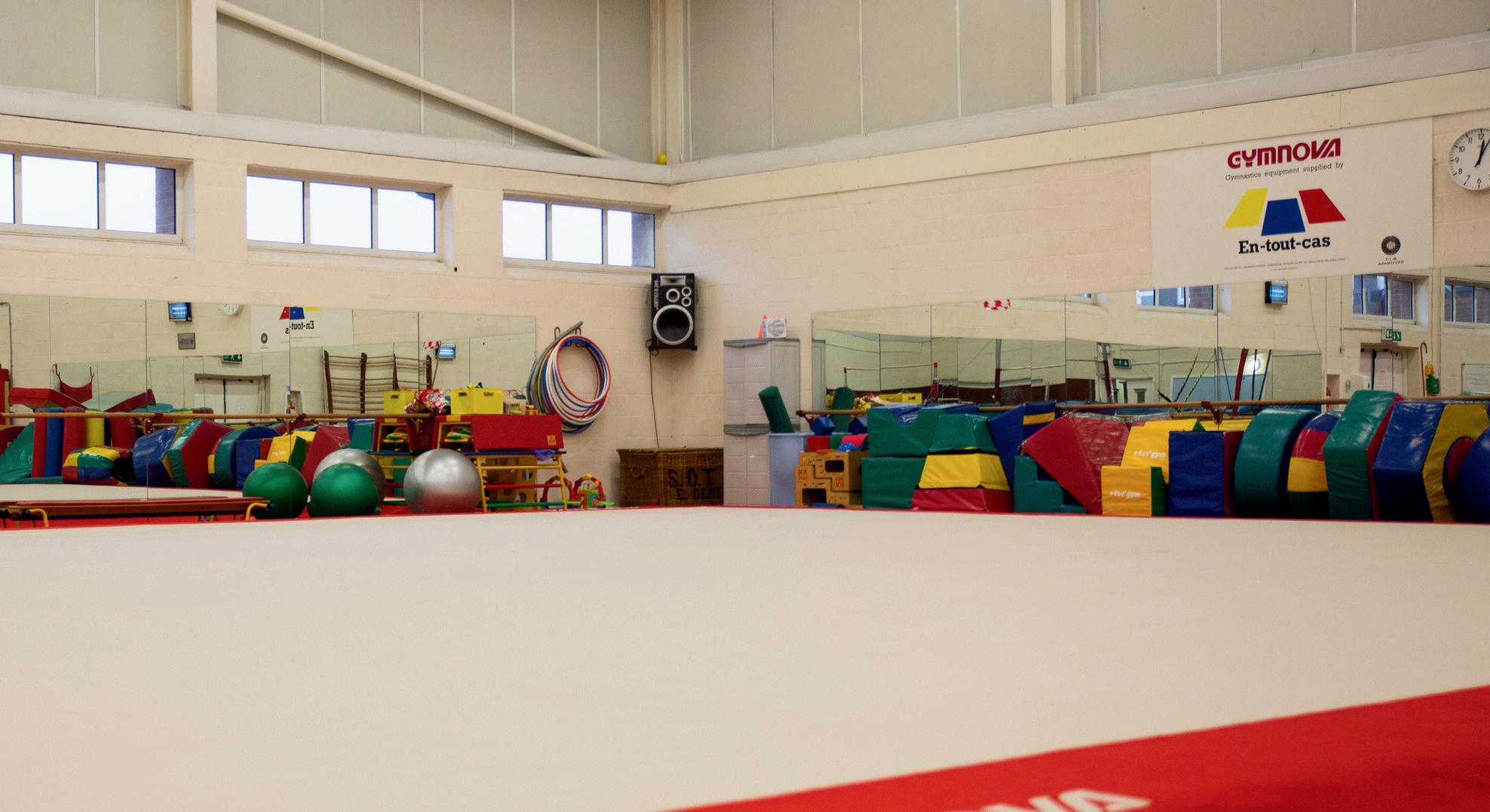








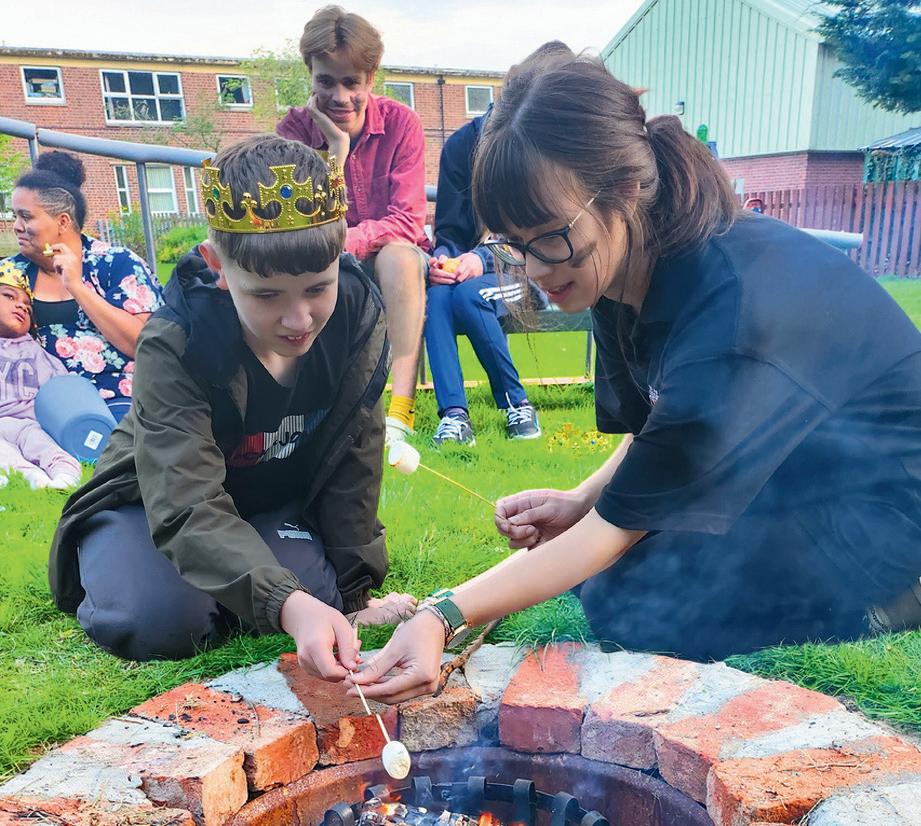
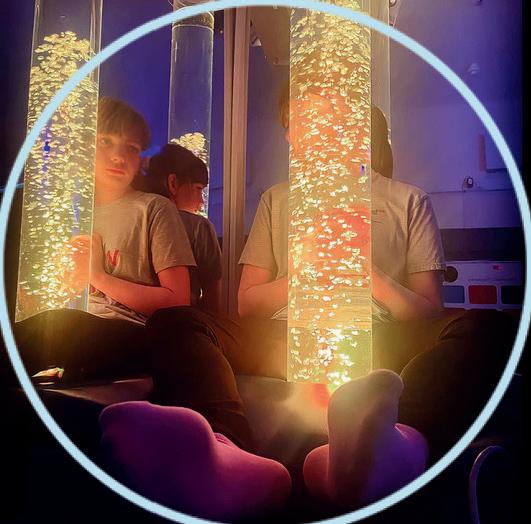






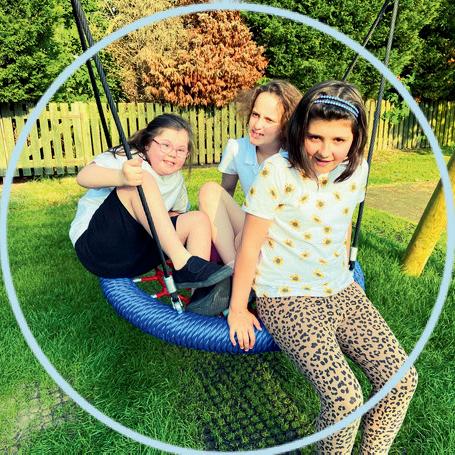
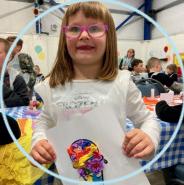





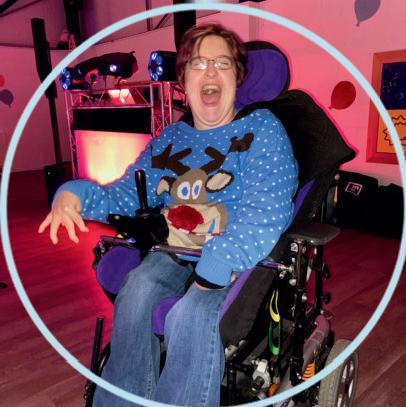
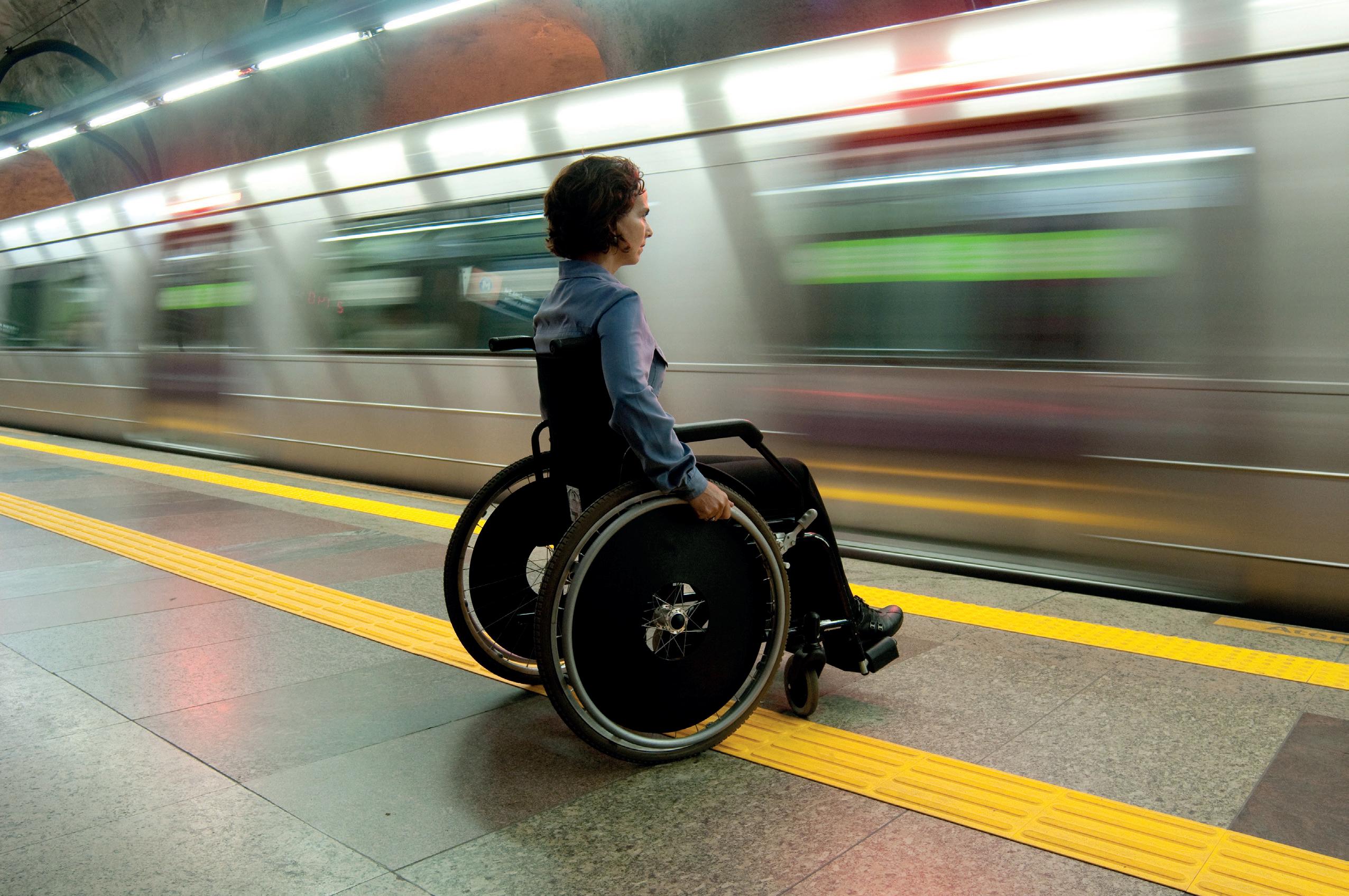

Barely a week goes by without a news story about the barriers disabled people face when it comes to accessing public transport. Enable’s
Editor Melissa Holmes buckles up for a wild ride to learn more about the state of the UK’s public transport access issues


In August, we learned that one of the country’s most celebrated Paralympians, Baroness Tanni GreyThompson, was forced to crawl o a train at King’s Cross Station in London. Despite booking access assistance for her journey with LNER, no one showed up on the platform to help. A er waiting 20 minutes, Tanni had to throw her bags o the train and lower herself out of her wheelchair onto the floor in order to crawl onto the platform. Then in October, BBC news journalist Frank Gardner shared his experience of having to drag himself up a plane aisle on a LOT Polish Airlines flight from Warsaw to use the toilet. According to the operator, their short-haul flights have ‘limited space’ to stow aisle wheelchairs. Gardner described the experience as “quite degrading”, saying: “In this instance it was humiliating to have to shu e along the floor of an aircra in front of other passengers in my suit.”
Via their accounts on X, Baroness Grey-Thompson and Frank Gardner both regularly share their experiences of using public transport in the UK and further afield. Given the replies to their posts – and the regular news stories of wheelchairs being trashed on flights, and cab drivers zooming past ‘di cult’ customers – they’re clearly not the only disabled people in the country who struggle to access public transport.
For many people, the dream would be to have a fully step-free journey from their front door to their destination… But even that doesn’t meet everyone’s needs – what about someone who struggles with being in a confined space, like a li ? With apps like CityMapper, users can plan out their journey using a ‘step-free’ search filter. In theory that sounds amazing, but what if the step-free access just isn’t there?
Savannah Welzel lives in Glasgow, which has the largest suburban rail network in the UK outside London. But the South Side of the city, where Savannah lives, only has one accessible train station. However, Savannah can’t travel by train at all – even though all trains in the UK were meant to have level boarding and be fully accessible by 1 January 2020 under the Disability Discrimination Act. Instead, she relies on buses and taxis to get around.
Savannah broke her foot in 2023, and has been told the bones will never grow back together properly. She wears a ‘moonboot’ aircast and uses crutches to get around, meaning she can no longer work in her city centre o ce, which is on the fourth floor of an old Victorian building. She works from home but, when she needs to get out, driving isn’t an option due to the price and location of city centre car parking. Instead, she relies on public transport.
More than once, she’s been forced to sit on the pavement while waiting for a bus, which o en never shows up. Savannah o en uses taxis to ensure she can get where she needs to go – a less than ideal solution, which is expensive too.
“Last week I walked to my bus stop, but there was a paper note on it saying the stop was closed and saying where the next available bus stop was,” Savannah explains. “I looked it up on Google Maps but it was too far away – another three stops to walk. I ordered a taxi, because I was going to be late for the event I was going to.”
Buses being late or not showing up at all happens a lot for Savannah, who has approached her local operator, First Bus, with the suggestion that they provide real-time updates on the status of bus stops – if they are operating or are temporarily closed – since they already provide live updates on bus locations. The operator responded, saying: “While bus stop closures are typically managed by the local authority, we’re not always notified in advance. We’ll explore what improvements can be made on our end to provide be er visibility for customers.”
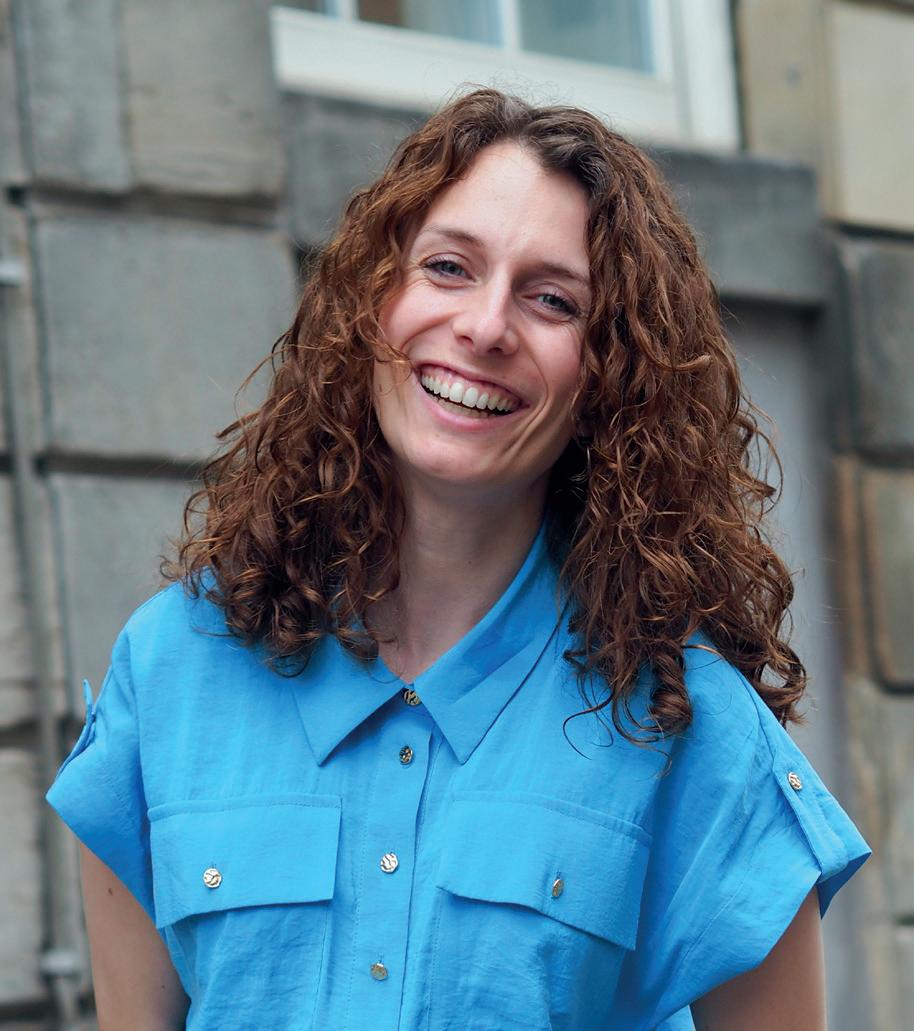

Savannah would love to see public transport operators and o cials from the Department for Transport spending a day trying to get around on crutches so they can experience firsthand what she, and thousands of others, must deal with. “I don’t have the energy to be angry anymore,” she sighs. “It’s just very frustrating.”
Alison Kerry, of disability charity Scope, agrees. “It shouldn’t be this di cult for a wheelchair user to use public transport,” she told reporters a er Baroness Grey-Thompson’s experience at King’s Cross. She added that it was “a sad reminder that far too o en disabled people get treated like second-class citizens.”
It’s just not acceptable, and things truly need to change. If other
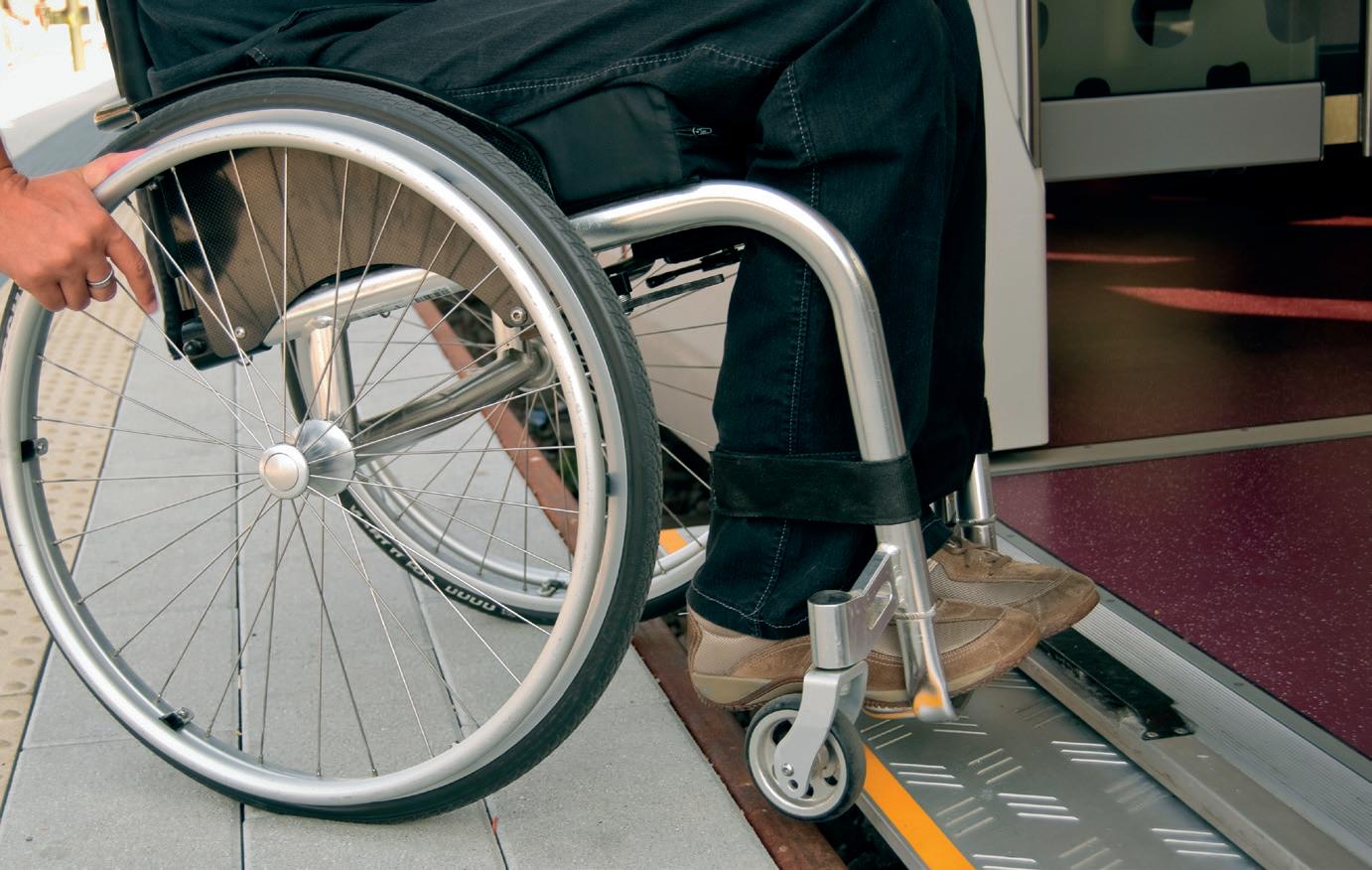
Savannah has been forced to sit on the pavement while waiting for a bus, which often never shows up
countries, like Germany (where Savannah is originally from) are able to adapt the infrastructure to make journeys more accessible, then why can’t the UK? Providing an accessible public transport system helps everyone – disabled people, parents with pushchairs, elderly people, and people with sensory impairments and neurodevelopmental disabilities. Accessing public transport opens up opportunities to help people work, socialise and enjoy leisure time, boosting wellbeing and the economy. And that’s not to mention the improvements that come from taking cars o the roads and reducing harmful emissions. Change from government and transport operators is long overdue, before they miss the bus entirely.
(app): citymapper.com
(taxi app): free-now.com/uk
(taxi app): ge .com/uk
ASSISTANCE (prebook rail assistance): passengerassistance.com





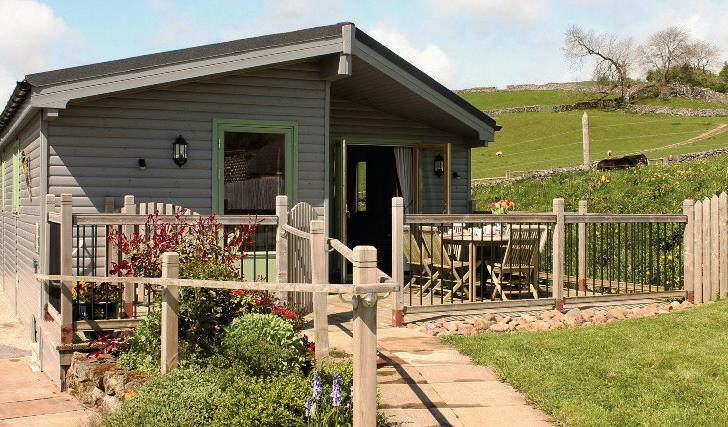
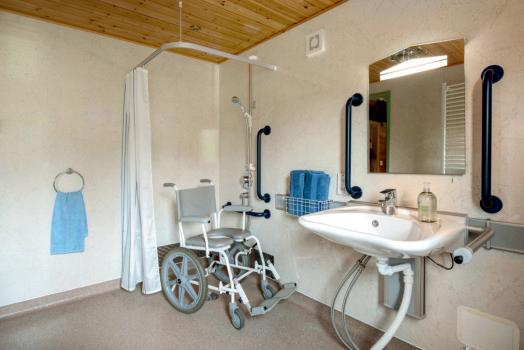
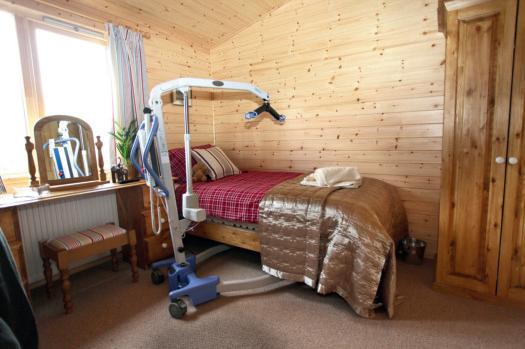



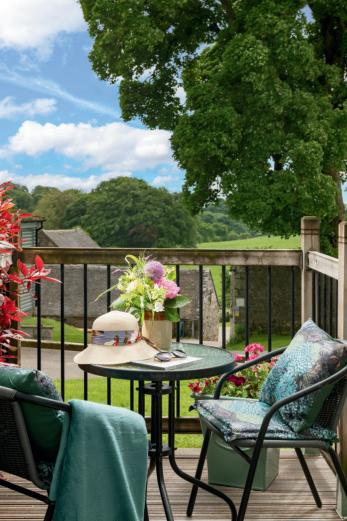




Originally from London, writer, artist and paraplegic
Tim Rushby-Smith is based in Australia. He is the author of two books: Looking Up and Beyond the Break.
Follow Tim on X @trushbys
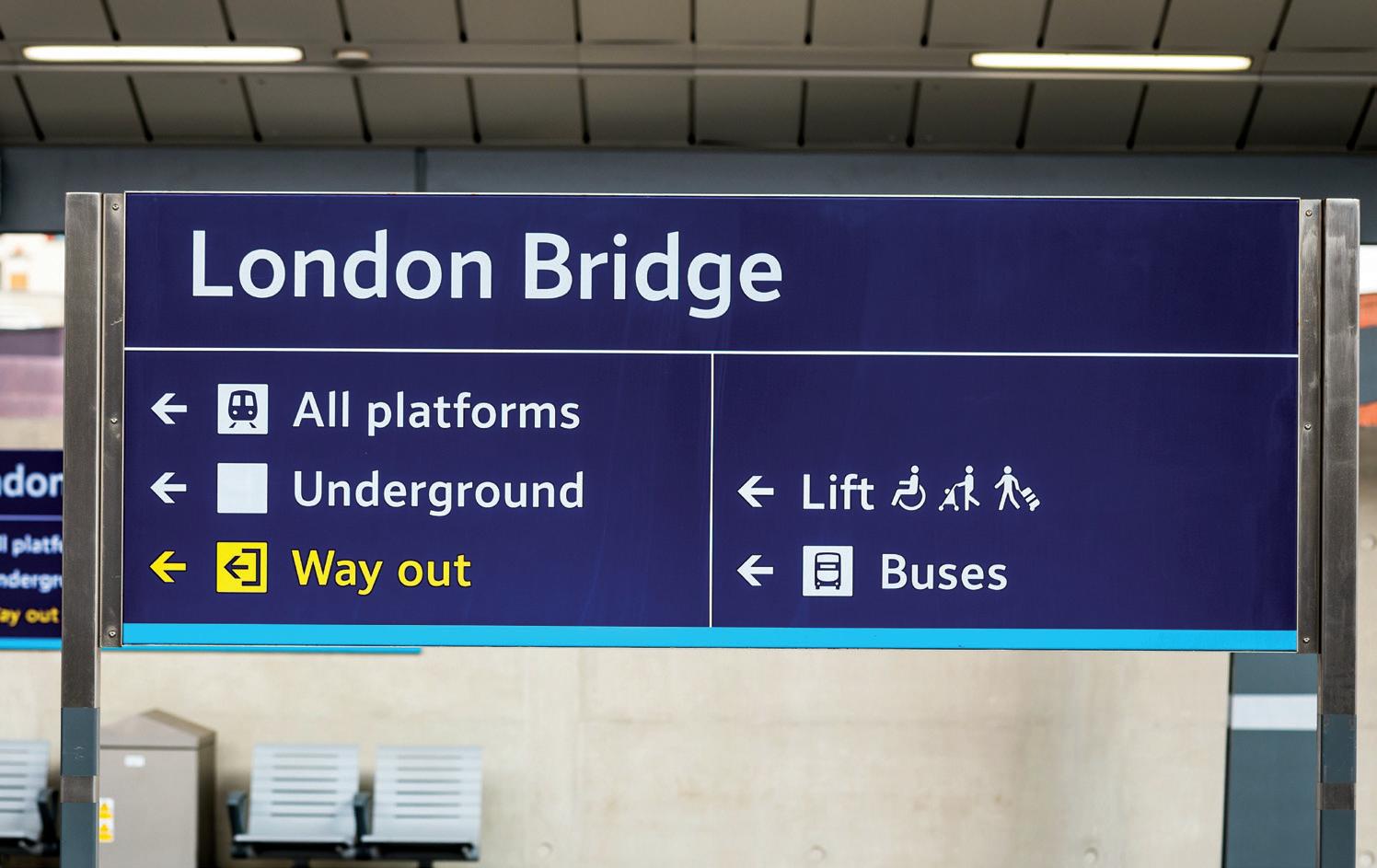
Enable columnist Tim Rushby-Smith offers his views on accessible – or not – public transport across the globe, from London to Melbourne
The recent travel issues faced by Baroness Tanni Grey-Thompson made news across the globe. Perhaps unsurprising, since the problems she faced happened as she was making her way to the opening of the Paralympics. It’s often said that the Paralympics mark the one time every four years when disability inclusion appears in the collective consciousness… But this is fleeting, and rarely leads to lasting change.
When it comes to public transport, this is particularly frustrating, as there are cities around the world where they have managed to achieve a universally accessible transport system. Well, most of it
I get it. I really do. Some public transport systems are more than a century old. Completely rebuilding a deep underground station would be prohibitively expensive.
In some cases, compromises can be found. Getting around the parts of the London Underground that are wheelchair accessible often requires using six different lifts in order to change lines. This is hardly convenient, but they are trying.
Contrast this, for example, with getting the train out to Hadley Wood in far north London. One platform is accessible, the other has to be reached by a stepped bridge. The solution offered is free travel to the next stop along, and then the passenger must change trains to return to their intended destination. It’s only free to travel the additional stop, by the way… This is not a practical solution. It seems they are not really trying.
Travelling by train in Tokyo can be confusing, but if you ask a staff
There are cities around the world where they have managed to achieve a universally accessible transport system
member for assistance, they will devote themselves to you – to the exclusion of anything else. This can be trying.
In Melbourne, the tram network is wonderfully accessible, and travel on the network is free, but only if you apply for a pass online. In truth, I’ve used the trams anyway with no pass, with the intention of pleading ignorance if challenged. This is me trying my luck.
Just 12 out of 165 stations on the Metro system in Barcelona are not yet accessible. The buses are easy to use too. Much of this is a genuine legacy of the Paralympics. They tried and succeeded
There are great examples of accessible public transport around the world. Some solutions are ingenious in their simplicity (raising a section of the platform to create level access, for example). Or when I get the train in Sydney, and the staff member who assists me onto the train will find out my destination and radio ahead. Upon arrival there will be someone waiting with a ramp. It’s not hard. But it does require a genuine desire for equity, not a token gesture.
For all of us, public transport providers must try harder
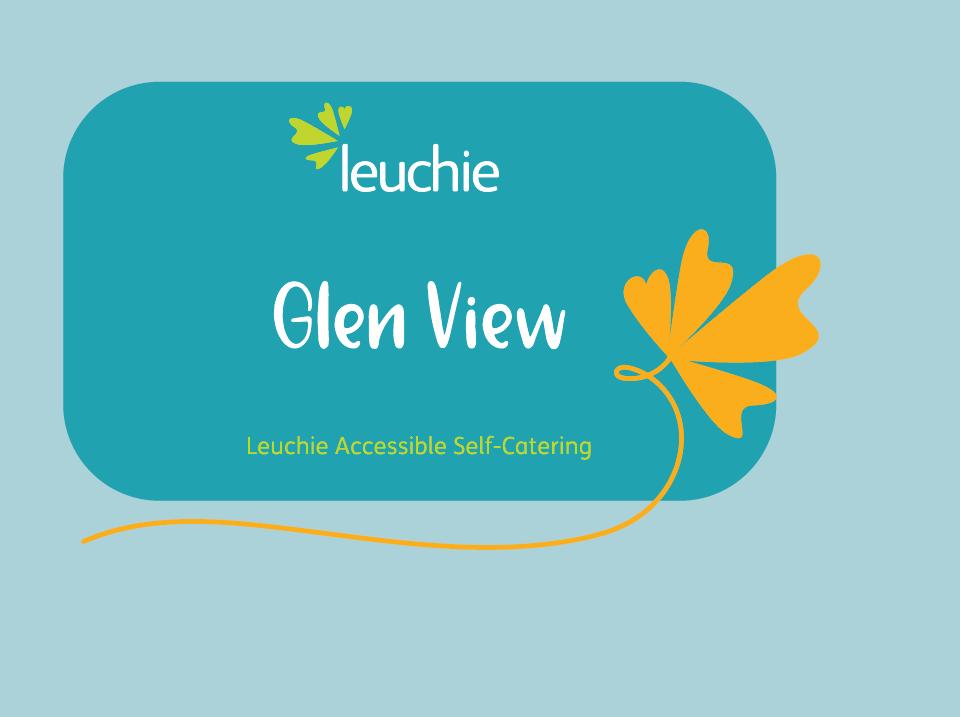




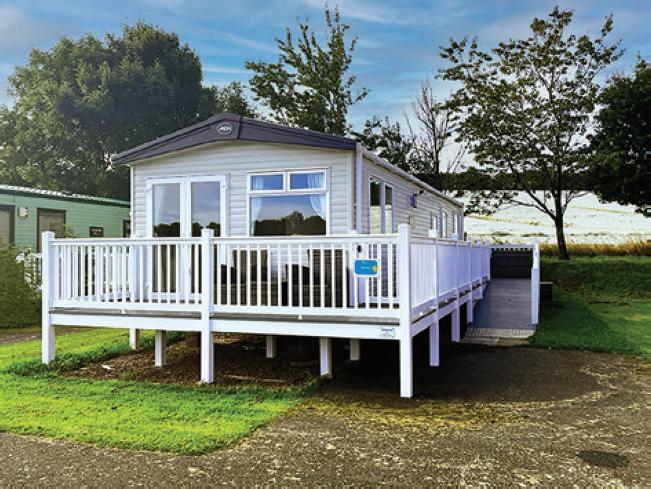


patio doors to decked area, ramped access and gate for the security of
























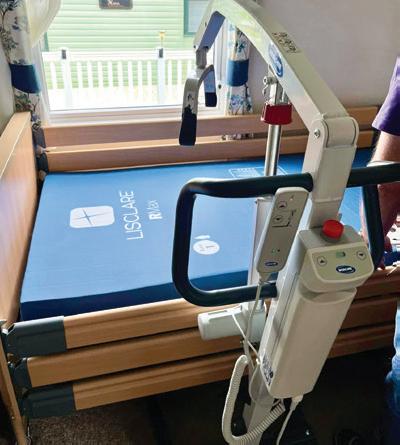
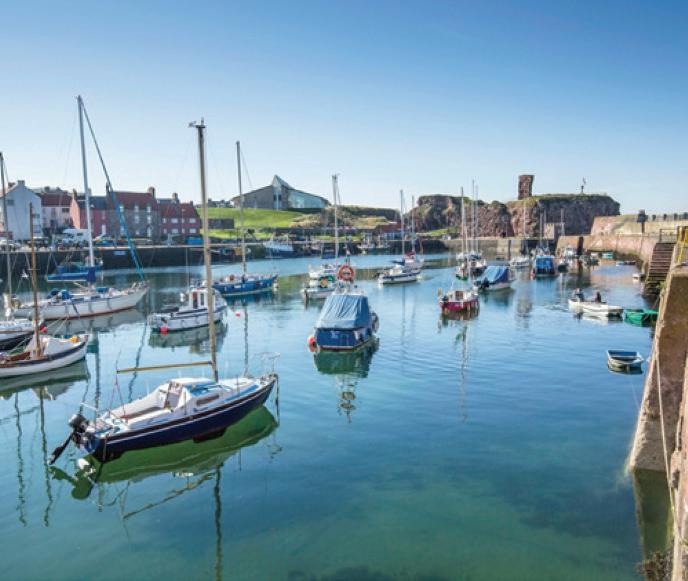

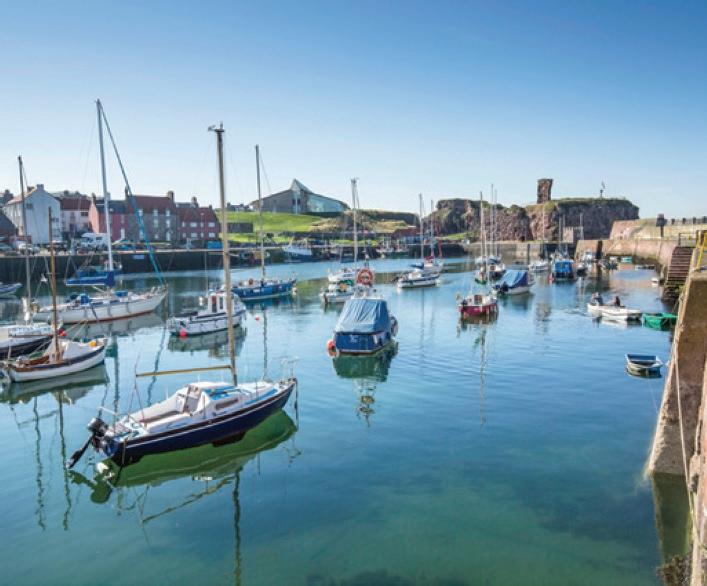


B Book online leuchiehouse.org.uk/self-catering Call us 01620 892864
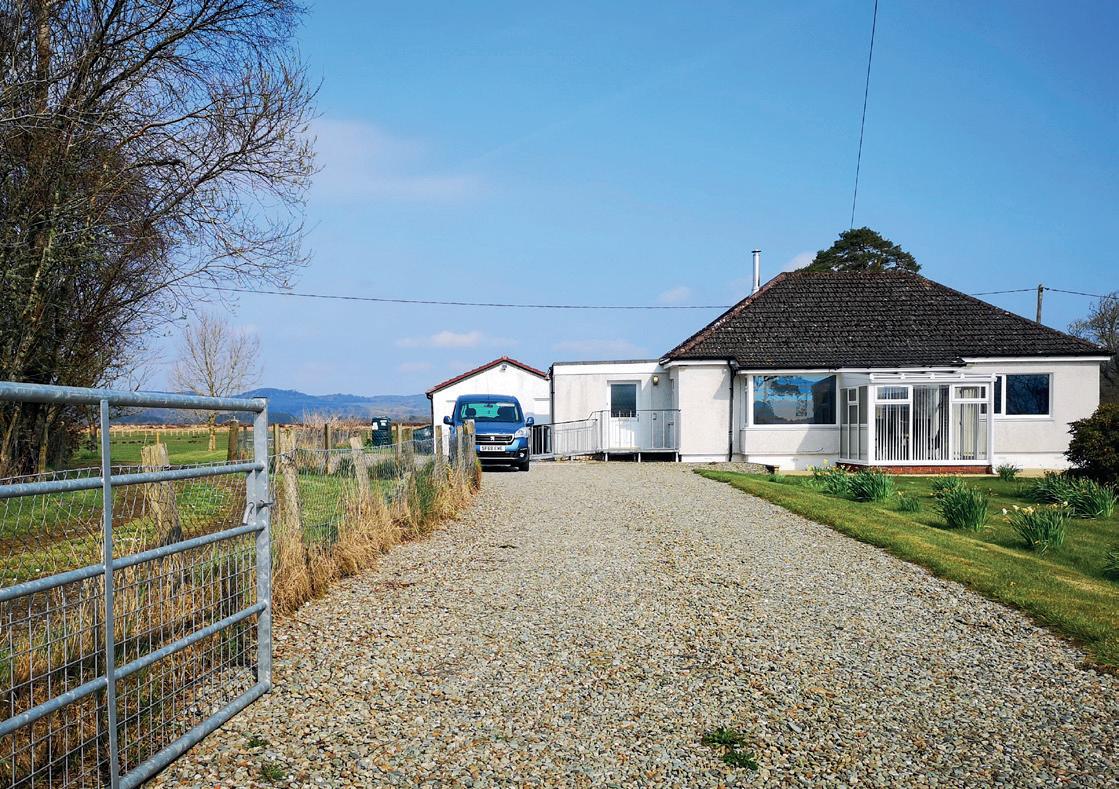
Beautifully presented modern self-catering bungalow in Scotland with spectacular views Fully accessible for wheelchair users, with specialist equipment Sleeps 5
Meadowsweet is near Kilmartin Glen, in the Moine Mhor National Nature Reserve Heating and linen is provided. Fibre broadband, BT TV and WiFi.
• Level drive and ramp
• Alerta Low profiling bed
• Oxford Mini 140 hoist

De Maulay Manor, New Rossington, DN11 0TT | 01302 511019
• Freeway Tilting Shower Chair
• Fully adapted wet room
• Wide doors, spacious rooms
Ruth Bebb ruthbebb@btinternet.com www.meadowsweetbungalow.co.uk
From £350,000 *
The Shackleford is a spacious four-bedroom detached home, located in the sought-after De Maulay Manor and Riverdale Park developments.
Conveniently close to local amenities and boasting excellent transport links, this property offers easy access to vibrant city living and rail connections to London in 1 hour 48 minutes.
The luxurious Shackleford is designed with practicality and accessibility in mind is:
• Ground floor wet room
• Built-in provisions for a through-floor lift
• Wider doors - designed for wheelchair access
Riverdale Park, Wheatley Hall Road, Doncaster, DN2 4FH | 01302 511097
Facial differences are scars, marks, or conditions that change the structure or look of someone’s face. They can be acquired during your lifetime, or something you’re born with. Kate Stevenson speaks to Phyllida Swift and the charity Changing Faces to learn more about the challenges of living with facial scars and the importance of representation in the media
Facial differences come in all forms, and they’re part of what makes each person unique. But they also come with their own set of challenges, misunderstandings, and judgements. Phyllida Swift survived a traumatic accident that left her with visible differences. The model and activist is using her journey to inspire others and reshape the negative narrative surrounding scars.
Phyllida was volunteering in Ghana in 2015 and, while travelling through the night, the van she was in crashed. As well as breaking her spine, she suffered devastating injuries to her face, leading to significant facial scars. “All of a sudden, I was looking at this 22-yearold woman in the mirror who looked nothing like me. I looked like someone I’d only ever seen on screen – like a villain or victim,” remembers Phyllida.
It was a big adjustment, and it took time for Phyllida to re-establish her sense of identity, as well as healing both on the outside and on the inside. “It was incredibly difficult. I felt like myself, but I didn’t look like me anymore,” explains Phyllida.
Determined not to be seen as a victim, she changed her narrative. “More than anything, I hated the idea that someone might pity me. That’s what drove me, because I didn’t want people to think I would never feel beautiful or confident again. I get to decide that.” The scars that were once a source of her pain became symbols of strength and resilience: “They tell a story of something I’ve been through. They show how strong I am.”
Phyllida acknowledges that societal pressures surrounding appearance
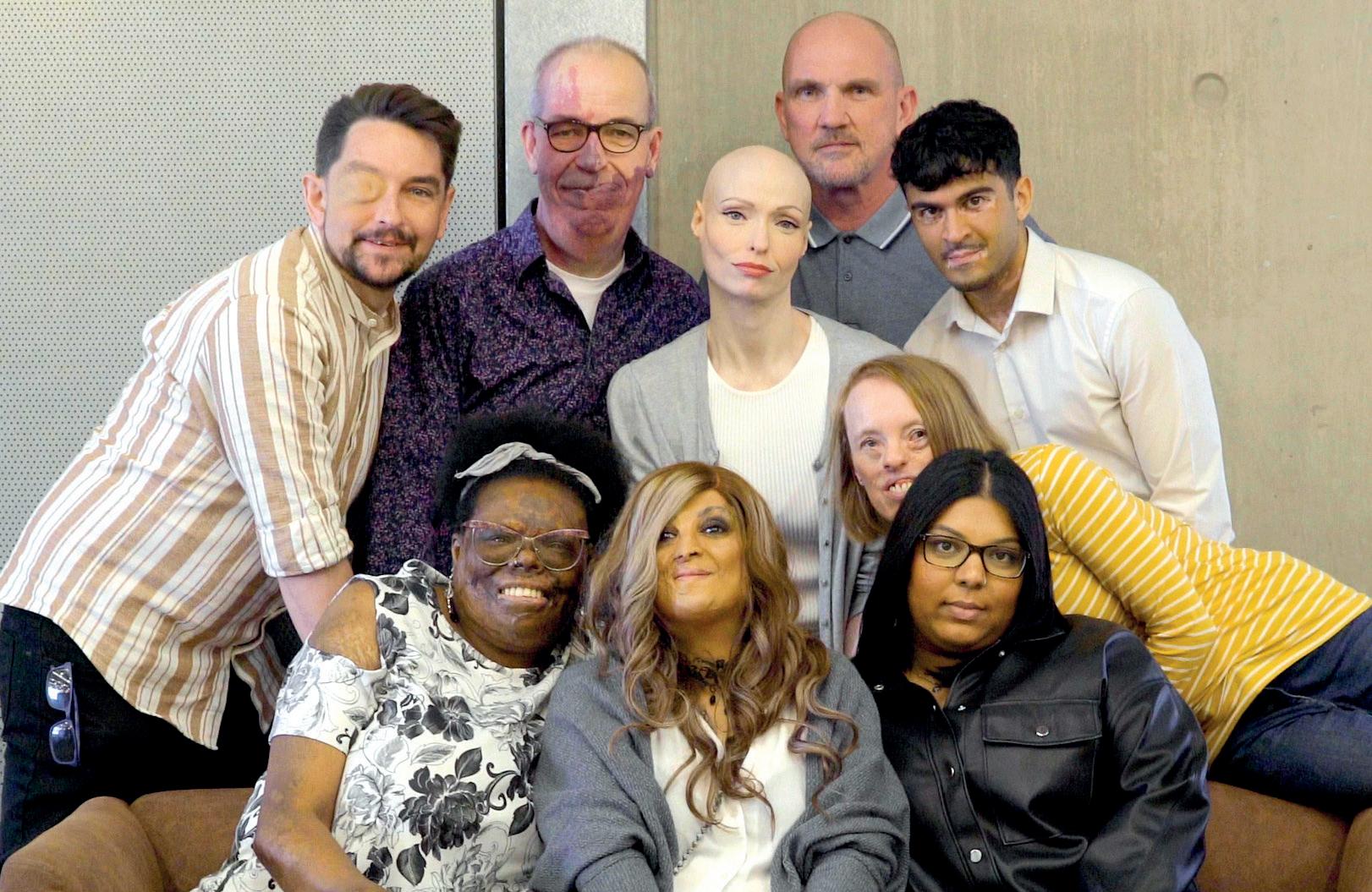
can be overwhelming, particularly for women. “We live in a world where there’s so much pressure to look a certain way,” she notes, adding that social media has intensified impossible beauty standards.
“It’s not frivolous,” asserts Phyllida. “I still take pride in how I look, but I reject the idea that anyone should be marginalised because of their appearance.”
UK charity Changing Faces agrees: “There’s an unrealistic expectation around perfection in today’s society,” a spokesperson told us. “Social media shows us images of people with ideal faces, bodies, and lives – it’s hard for anyone to reach these standards.”
The charity says nearly one in five people across the UK self-identify as having a visible difference, but these unattainable standards are still perpetuated. Over half of people with facial difference have dealt with hostile behaviour, and a third have been victims of hate crimes.
“The most common are stares and inappropriate comments. But sometimes, these interactions can escalate into something more serious, such as harassment or even physical
We live in a world where there’s so much pressure to look a certain way
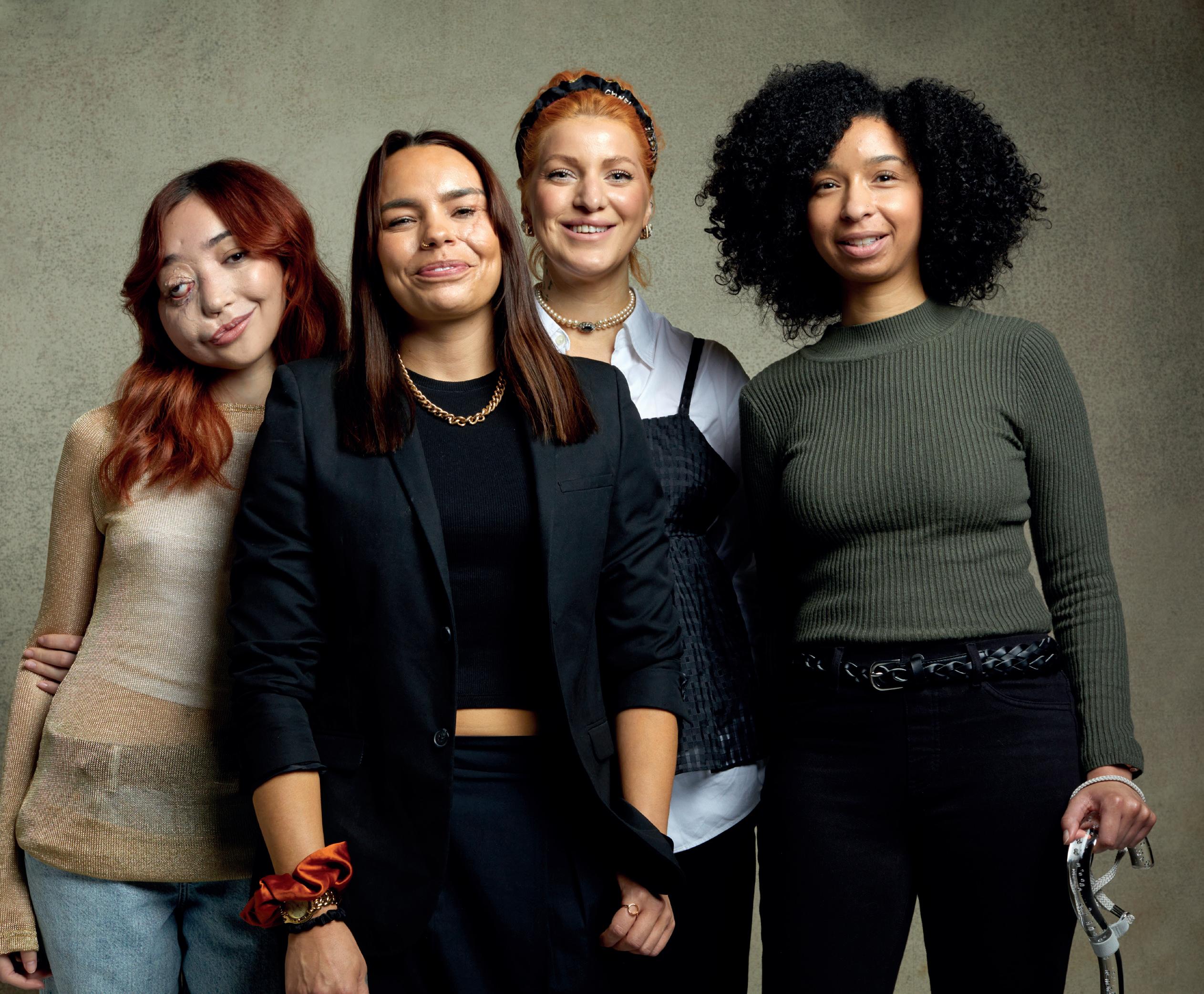
altercations,” the charity reveals. “When all you’re trying to do is get on with your day, it can be tough to feel like everyone is watching or judging you, simply because of how you look.”
Changing societal perceptions won’t be easy. People with facial scars or disfigurements have long been portrayed as villains or outcasts in film and television. Phyllida reminds us of the Joker and Bond villains, who have become infamous in the community. “There’s this whole link between disfigurement and evil,” she shares. “The subtext of this is that we’re teaching young, impressionable minds not to trust people with scars, disfigurements and disabilities.”
But it’s not about removing characters with facial differences from the big screen. Instead, Phyllida wants more balanced and accurate
portrayals. “What I want to see is incidental, holistic representations of the multifaceted human experience of facial difference,” she suggests.
This means giving people with facial differences the chance to play a variety of roles – not just villains – and allowing them to portray themselves on screen, rather than relying on prosthetics.
Positive representation in the media is hugely important for people who are struggling to come to terms with their differences. Phyllida says this acceptance is an ongoing process.
“You’re never going to love your scars every single day,” she acknowledges, “but you can accept them and show yourself some self-compassion.”
For some people, this can be difficult, but there’s no need to suffer in silence.
“For anyone struggling with their visible difference, it’s important to
reach out and seek support, whether that’s from family and friends or organisations like us,” urges the team at Changing Faces. “Talking through the emotions that stem from your visible difference can help you accept yourself as you are.”
While everyone’s journey is different, it’s clear that society still needs to shift its perspective on visible difference and “eradicate stigma.” Both Phyllida and Changing Faces hope that advocating for better representation in the media will lead to greater acceptance and inclusion. As Phyllida says: “We all deserve to be seen, interacted with, and celebrated for our uniqueness.”












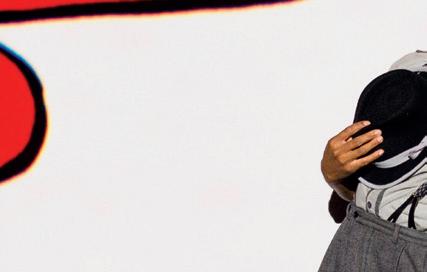



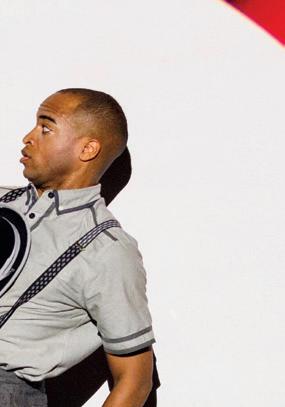
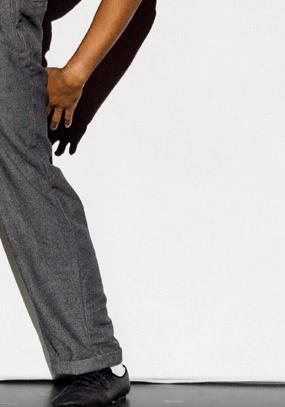


The performance at 2.30pm on Monday 30 December is a Relaxed performance
The performance at 2.30pm on Thursday 2 January is Captioned

By Cameron Morgan
Project Ability Gallery, Glasgow
The as yet untitled Christmas exhibition by artists from Project Ability’s three studios will focus on the theme of music. The charity, which creates opportunities through inclusive art for all, hosts its annual fundraising exhibition, o ering a chance to stock up on unique gi s or simply be inspired. Wed-Sat, 11-5 / Free entry / project-ability.co.uk
National Portrait Gallery, London
A new tour in preparation for Disability History Month, highlighting featured portraits from the gallery’s collection, including Tanni Grey-Thompson, Harriet Martineau, and Henry Fawce with his wife Dame Milicent Garre Fawce . These tours are delivered by members of the Gallery's Visitor Experience team.
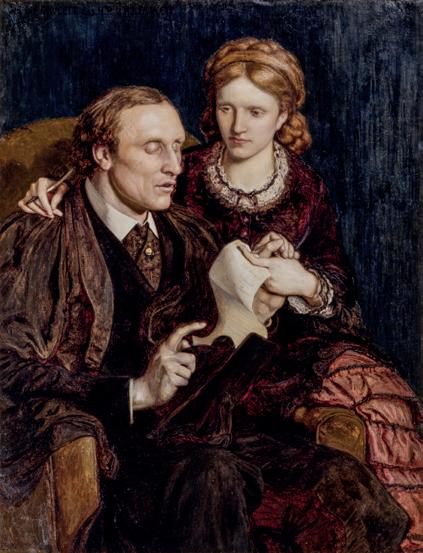
Free, additional dates TBC / npg.org.uk
Hampden Park, Glasgow
Rise4Disability unites health, social care and service providers to deliver person-centred, integrated care. The event is ideal for OTs, physios, parents seeking be er options for their children, or individuals seeking employment or training. It o ers empowering mobility solutions, interactive demos, and information from local support organisations. Free / rise4disability.com 5

Hyde Park, London
For a fun-filled, festive experience, it doesn’t get much be er than Winter Wonderland. An enchanting Alice in Wonderland-themed ice sculpture trail, Christmas markets, two circuses and a dazzling light display are some of the main a ractions of the event. You’ll also find an accessible Big Wheel, wheelchair accessible outdoor ice rink (with quiet sessions available) and even ice sculpting workshops.
£0-7.50 entry / rides and a ractions are payable / hydeparkwinterwonderland.com
Bethlem Museum of the Mind, Kent
As both an artist and art therapist, Charles Lutyens worked in a number of psychiatric institutions, to meet – and help treat – the people within. This thoughtful exhibition explores Lutyens’ artistic practice, documenting aspects of daily life in the institutions he worked in, and o ering a poignant record of human emotion and experience.
Admission free / museumofthemind.org.uk
NOVEMBER TO JANUARY
Various venues

National Theatre’s acclaimed production of Michael Morpurgo’s beloved novel is currently touring the UK and Ireland. Unforge able performances, moving music, and incredible live puppetry make this an unmissable theatrical event, which takes audiences on an extraordinary journey from the fields of rural Devon to the trenches of First World War France. The tour venues o er audio described, signed and captioned performances, along with touch tours (at some venues) on set dates.
Prices vary / warhorseonstage.com









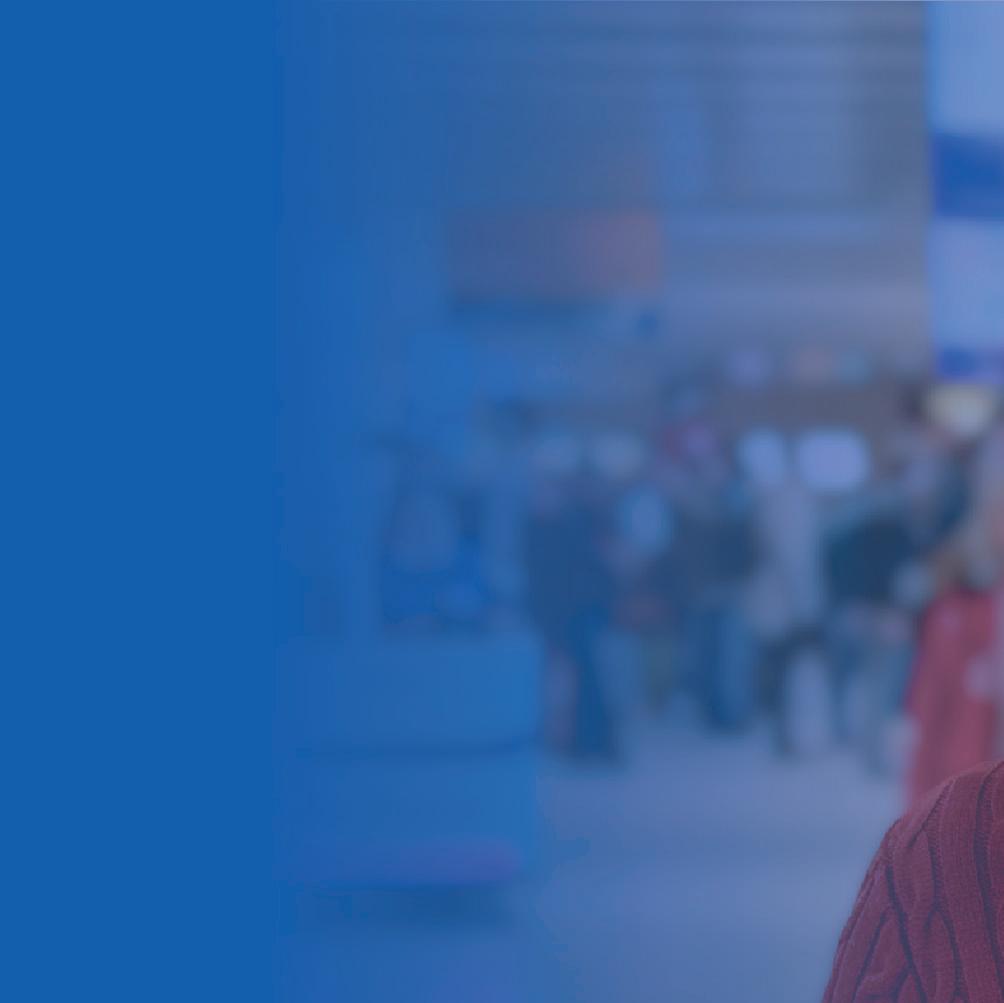

Trusted by 60,000+ card holders
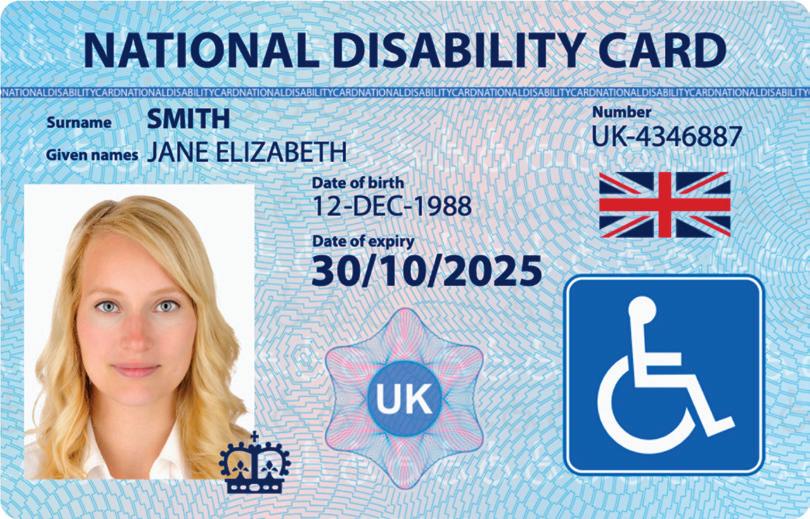
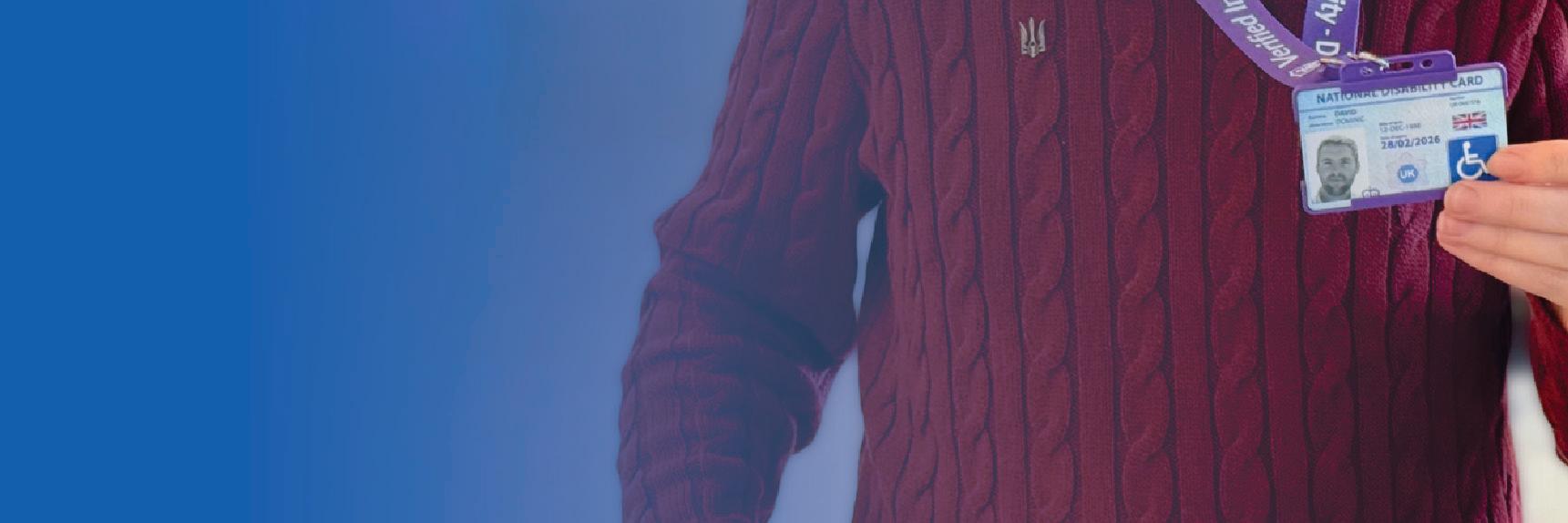
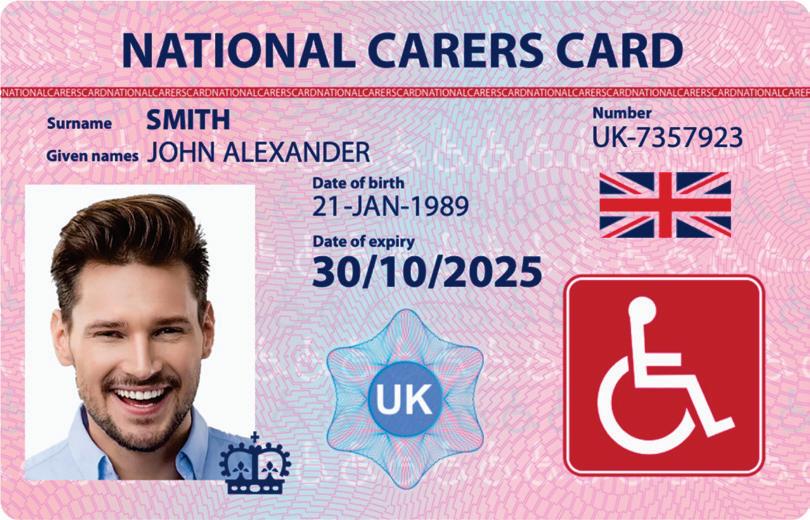
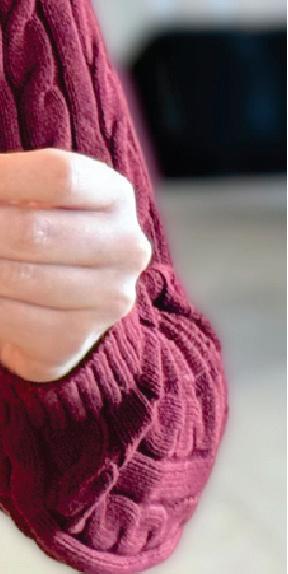
Exclusively for disabled individuals and carers
Easy to carry - fits in your wallet
Access hundreds of concessions on days out and shopping





Advanced security features
Same-day application decision & fast delivery
Emergency contact QR code
Premium lanyards available exclusively to card holders


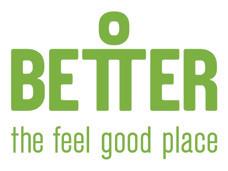
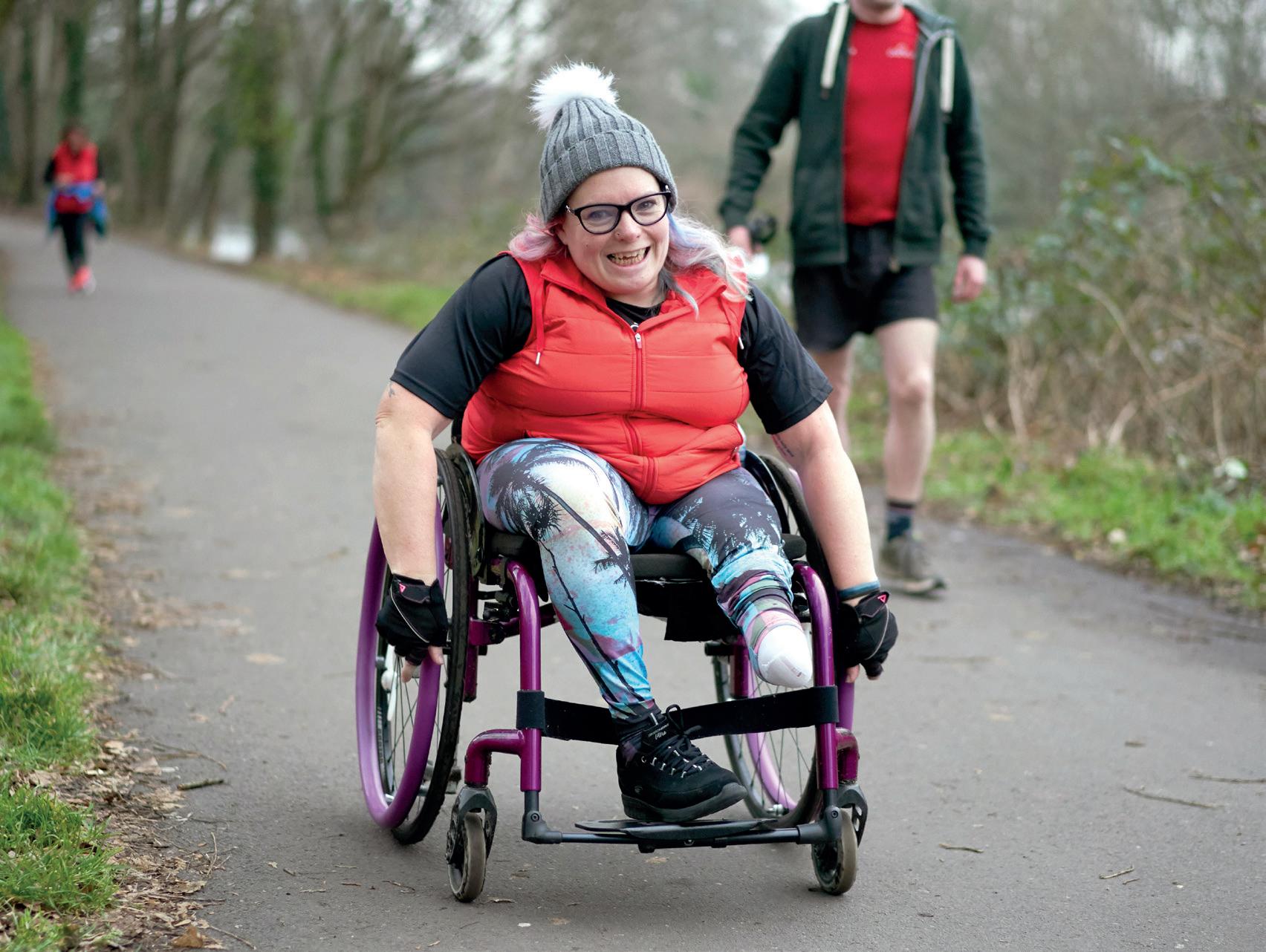
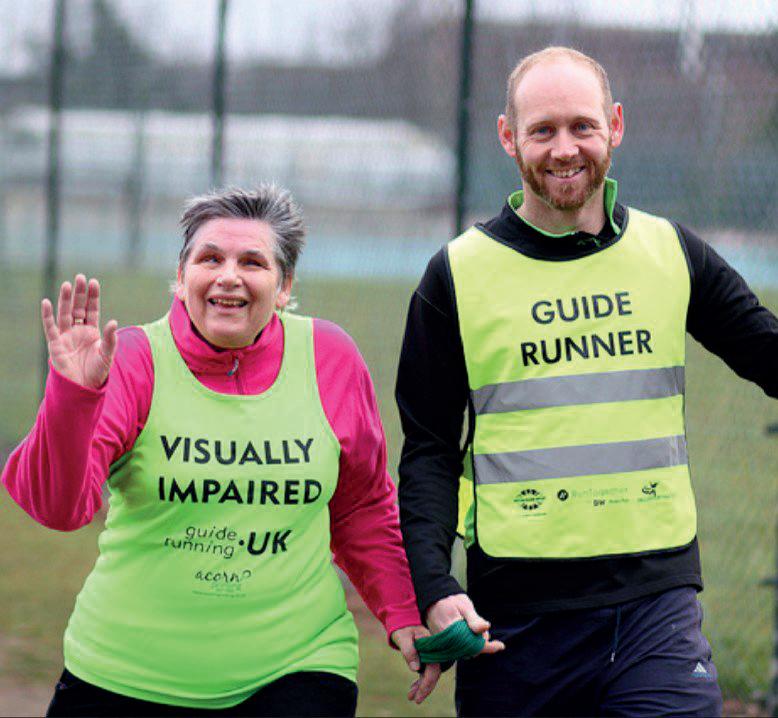
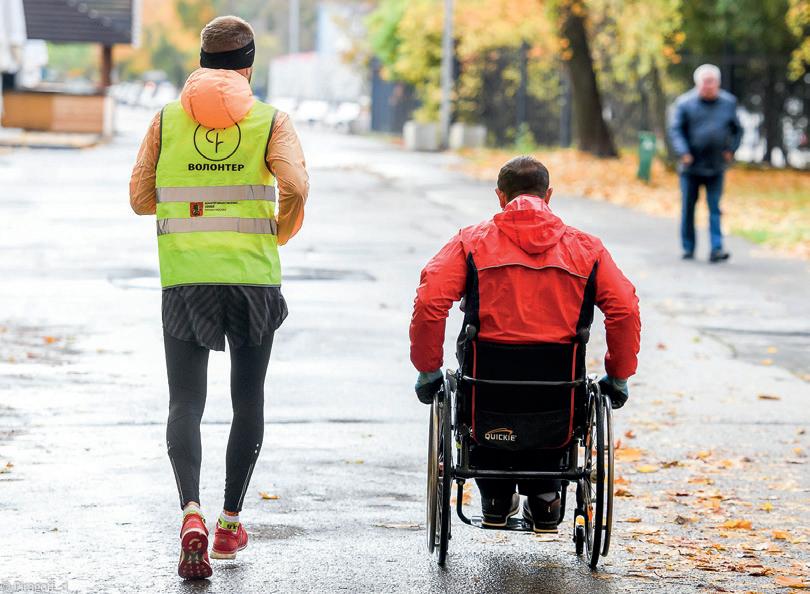
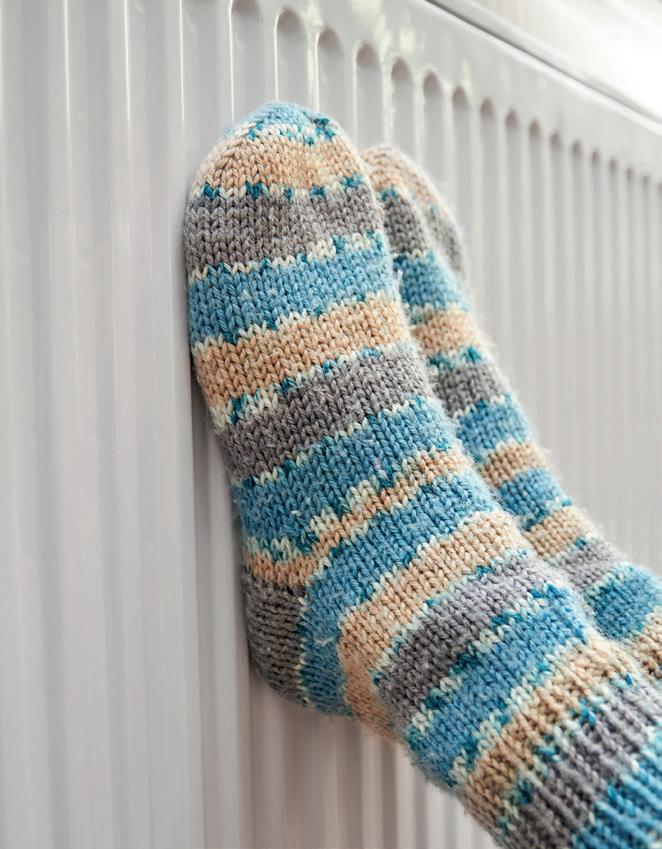
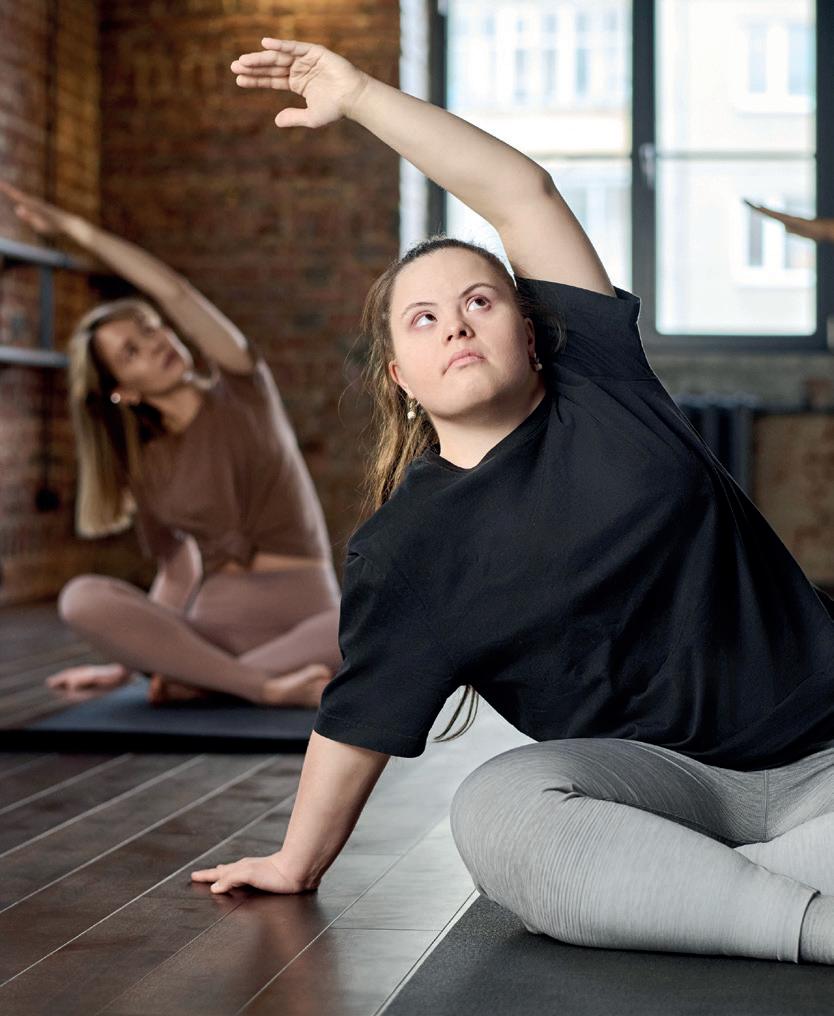
Cold weather, shorter days and winter bugs can make this time of year difficult for everyone. But disabled people are especially vulnerable during winter. We take a look at what you can do to help yourself manage the challenges of the season
Many of us have heard of Seasonal Affective Disorder (SAD) – the low mood that’s caused by shorter days, longer nights and a lack of natural light in winter. But winter can bring more challenges – like struggling to stay warm, and not being as active due to the colder weather – and these can be exacerbated when you’re disabled or are caring for a disabled person. Thankfully, there are schemes, organisations and people out there who are able to help, plus there are things you can do yourself to improve your mental health and physical wellbeing.
Winter bugs can make most people feel under the weather for several days. Add a health condition into the mix, and a chest infection or bout of flu can lead to hospitalisation. If you’ve not had it yet, you can ask your GP or pharmacist about getting the flu vaccine to protect you from common strains of flu viruses.
When you’re disabled, keeping warm can be an issue. In the UK, the average annual energy bill is £1717. However, disability charity Scope has found that households with at least one disabled adult or child face extra costs of £975 per month on average. Part of this ‘disability price tag’ is made up of increased fuel costs, needed for powering or charging medical equipment and heating the home, since many disabled people struggle to regulate their body temperature. The World Health Organisation says the ideal indoor temperature for the home of a ‘healthy’, well-dressed person is a minimum of 18 degrees Celsius. It can be hard to keep your thermostat turned up when the cost of heating is so high but, if you’re on certain means-tested benefits, there is help available. This includes the Winter Fuel Payment, the Cold Weather Payment, and the Warm Home Discount Scheme. Some local authorities provide a winter wellbeing fund too, so it’s worth checking that out.
Ensuring your home is well insulated will help too – draft
The Priority Services Register means you’ll be high priority in the event of a power cut or water stoppage
excluders, window tape, cavity and loft insulation and even tin foil behind your radiators can help boost your home’s ability to retain heat. It’s important to ensure any room containing a gas or solid fuel burning appliance (including a boiler) has an audible carbon monoxide alarm fitted too.
You can also add your details to your energy and water providers’ Priority Services Register. This puts you as high priority in the event of a power cut or water stoppage if you have extra needs, including if you’re disabled, if you use medical equipment which is reliant on electricity or water, or if you have a child under five.
One area of difficulty for many disabled people – especially since the Covid pandemic – is health anxiety. You may feel worried about picking up illnesses, leading to low mood, trouble sleeping and other impacts on your emotional wellbeing. Try to remember that you do have some control over these worries, and there are things you can do to lessen the chances of you catching a bug. Consider getting your food shopping delivered and, when you do go out, try to avoid busy places where you’ll encounter lots of people. If you feel your mood spiralling, seek professional support.
Time outdoors is important during the winter months, helping your body absorb much-needed vitamin D (NHS advice is to take 400 IU of vitamin D per day at this time of year), and exposing you to natural daylight to help regulate your wake-
sleep pattern. Getting wrapped up and spending time outdoors also does wonders for your mental health. Whether it’s a walk or push round your local park, a day out at a nearby stately home, or even twenty minutes outdoors soaking up the winter sun, fresh air can give both body and mind a boost.
Physical activity outdoors gives a double boost. Parkrun is a global phenomenon where runners, joggers and walkers take part in a 5k or 2k run. There are 835 parkrun locations across the UK, from riverside walkways to country parks, and the atmosphere is very social. Everyone’s welcome, including wheelchair users, mobility scooters, and assistance dogs – it’s best to contact your local parkrun to learn more about the accessibility of the route to see if you can manage it, and to let them know you’re coming along. If you’re feeling even more adventurous this winter, you could try adaptive versions of popular snow sports, including skiing and snowboarding.
Or, if you’d prefer to stay inside, you can opt for activities like boccia or wheelchair tennis, or try seated yoga, sit-down Pilates or Zumba Gold for fun, beneficial movement. Search online for adapted or wheelchair workouts you can do from the comfort of home – wheelchair sport charity WheelPower offers weekly exercise sessions, yoga and inclusive dance classes via Zoom. You’ll also find free fitness plans and workout challenges via social media, where you can share tips, push yourself, and make new friends. If you have the funds to invest, check out a power trainer, hand bike, resistance bands or even weights – just ensure you’re using them carefully to avoid injury. Whether indoors or out, there are plenty of fun, free ways to keep active, stay social and protect your physical and mental wellbeing this winter.
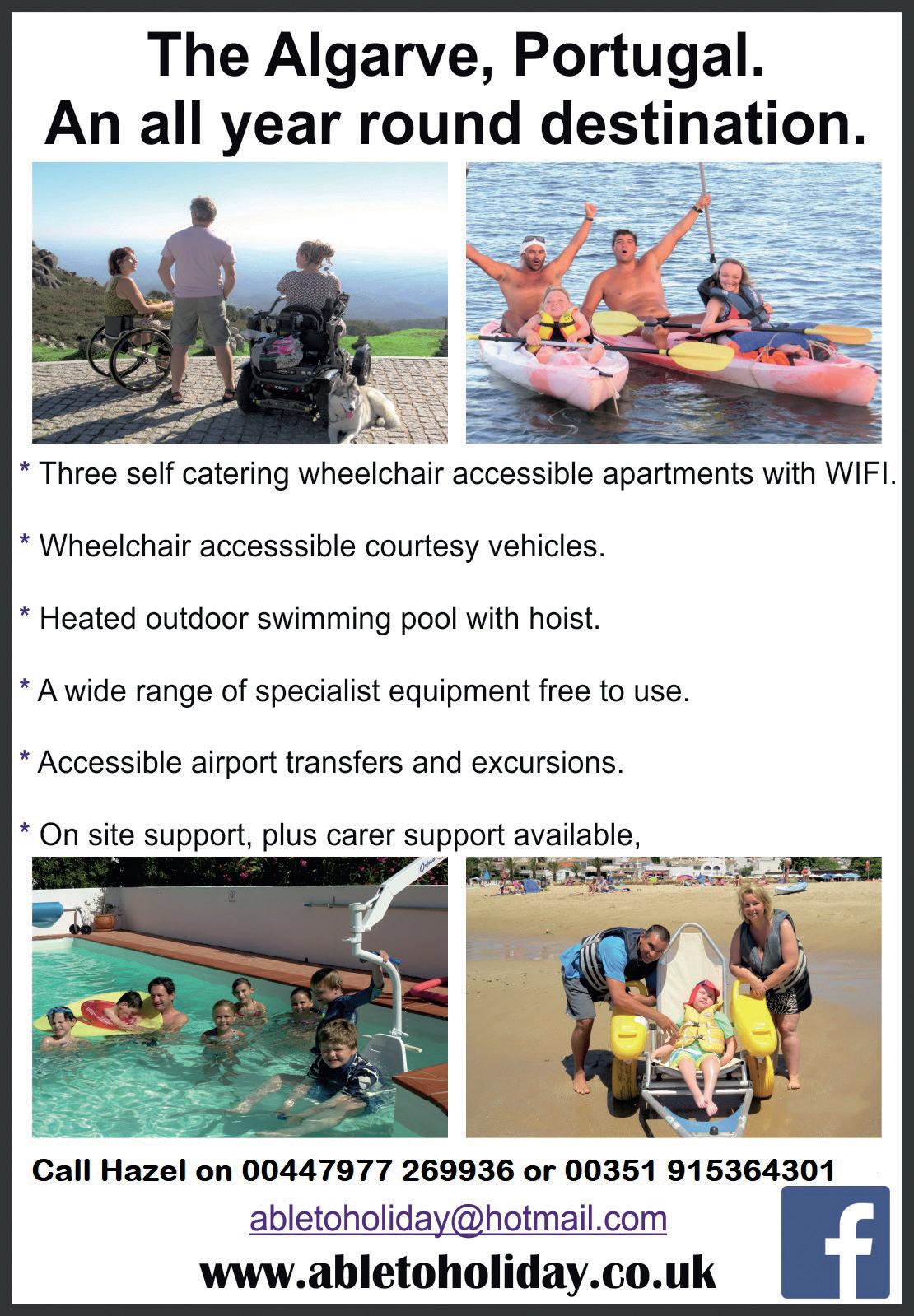


We now offer an extended range of Dutch short breaks and longer-stay holidays in some spectacular new locations.
In the wonderful cities of Breda, The Hague, Den Bosch and Utrecht you’ll find beautiful parks, stunning historical architecture, a colourful culture - and some of the best accessible facilities in Europe.
We tailor-make each holiday to meet your needs, including an adapted hotel room with wheelchair accessible bathrooms or flat-floor showers.
Chat to us today for more details or email: enquiries@enableholidays.com
0330 380 6800 enableholidays.com












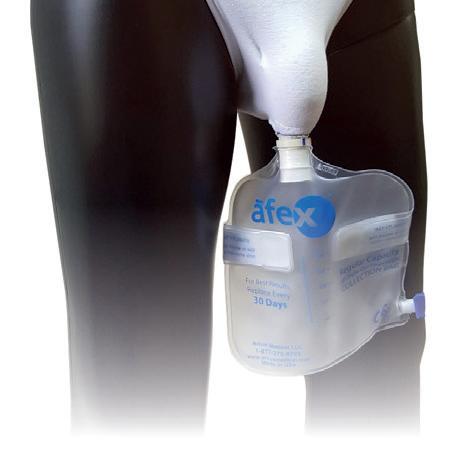

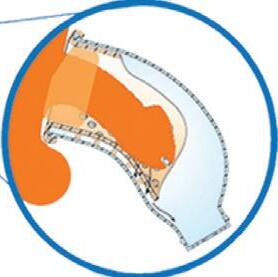

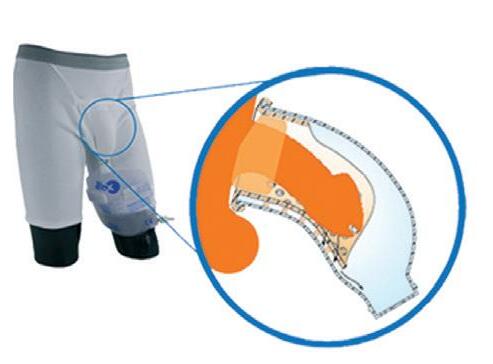











Ge ing bored with traditional Sunday roasts? Try this supereasy recipe for a change and serve it with all your usual trimmings. Much-loved Italian chef Gino D’Acampo brings us Arrosto di maiale con la e e salvia from his new book, Gino’s Air Fryer Cookbook: Italian Classics Made Easy SERVES 6
1.25kg boneless rolled pork loin joint with crackling, scored, removed from the fridge 1 hour before cooking
1 tablespoon olive oil

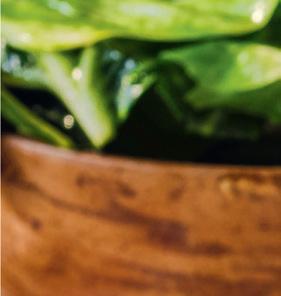
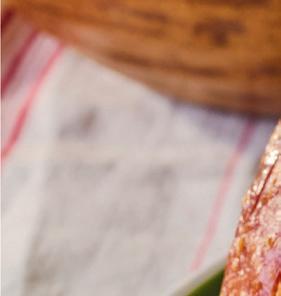






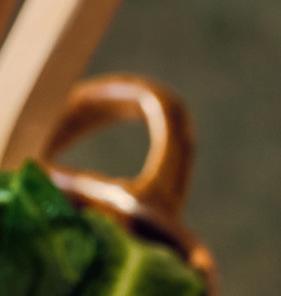
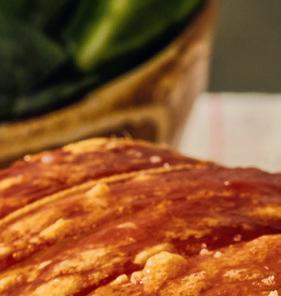



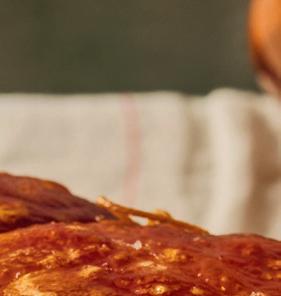

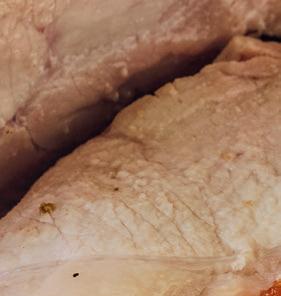


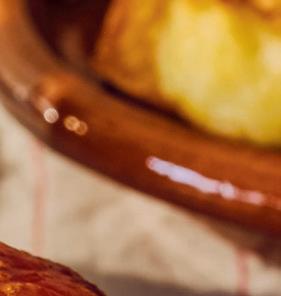
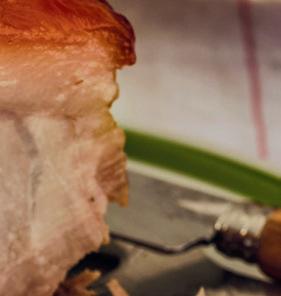




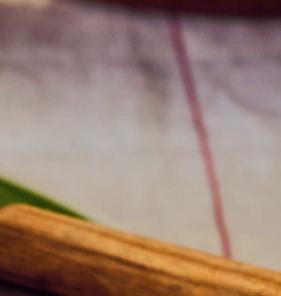


2 tablespoons sea salt flakes 600ml whole milk
3 garlic cloves, whole but roughly bashed
1 bay leaf
3 sage sprigs
Juice of ½ lemon and 2 broad strips of its zest, removed with a vegetable peeler

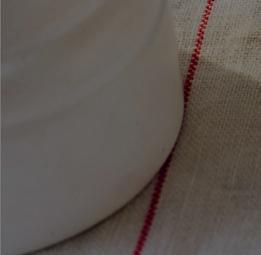

½ teaspoon freshly grated nutmeg
Gino’s notes: The milk makes the meat deliciously tender; it will appear as though it has slightly curdled, but don’t worry, that’s how it’s supposed to look a er cooking. You can also replace the pork with a nice beef loin, just shorten the cooking time to match the way you like your beef cooked. Substitute the sage with rosemary, too, if you prefer the flavour.
1 tablespoon finely chopped flat leaf parsley leaves
2 teaspoons finely chopped chives
Salt and freshly ground black pepper
METHOD
Preheat the air fryer to 200°C for 3 minutes.
Dry the pork skin with kitchen paper, then rub it all over with the oil and sea salt flakes. Place in the air fryer drawer, skin side up, and cook for 25 minutes.








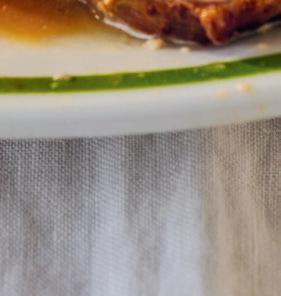

Pour the milk in at the side (not over the meat) and add the garlic, bay leaf, sage, zest strips, nutmeg, ½ teaspoon salt and ½ teaspoon pepper.
Reduce the air fryer temperature to 160°C and cook for 1 hour 10 minutes. Remove the pork, cover with foil and let rest for a couple of minutes.
Meanwhile, season the milk with the lemon juice and a generous pinch of salt and pepper to taste, then stir in the parsley and chives. Carve the meat and serve it with the cooking juices poured over.




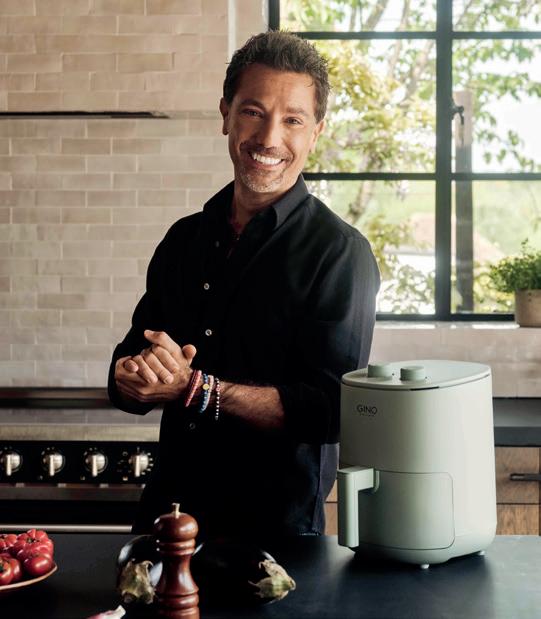


Extracted from Gino’s Air Fryer Cookbook: Italian Classics Made Easy by Gino D’Acampo. Published by Bloomsbury on 24th October (Hardback £22).






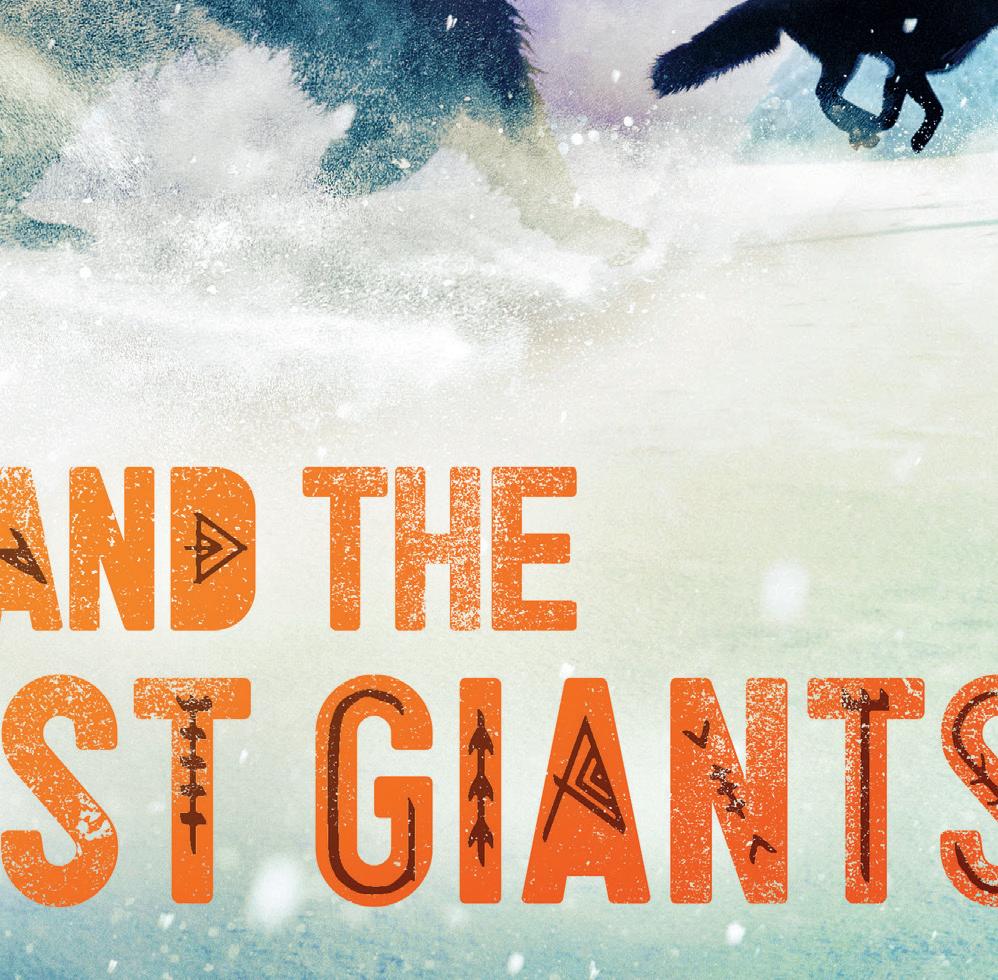




















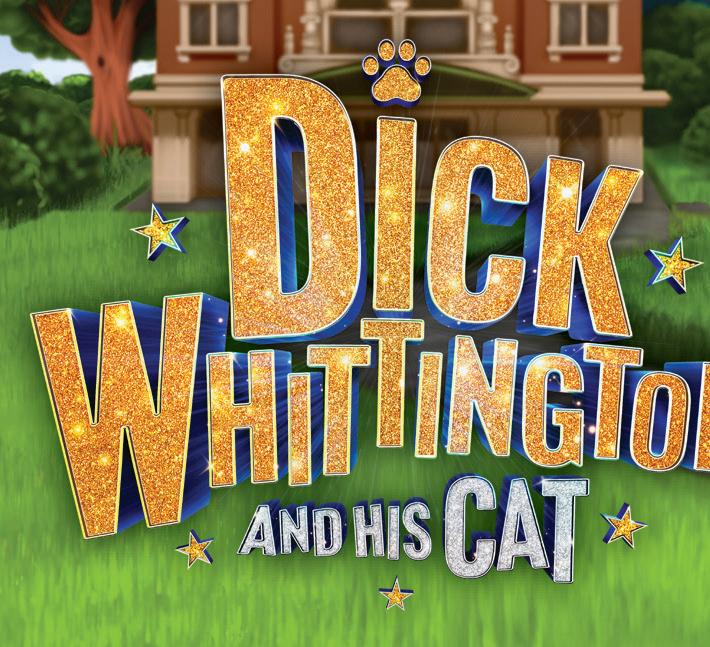



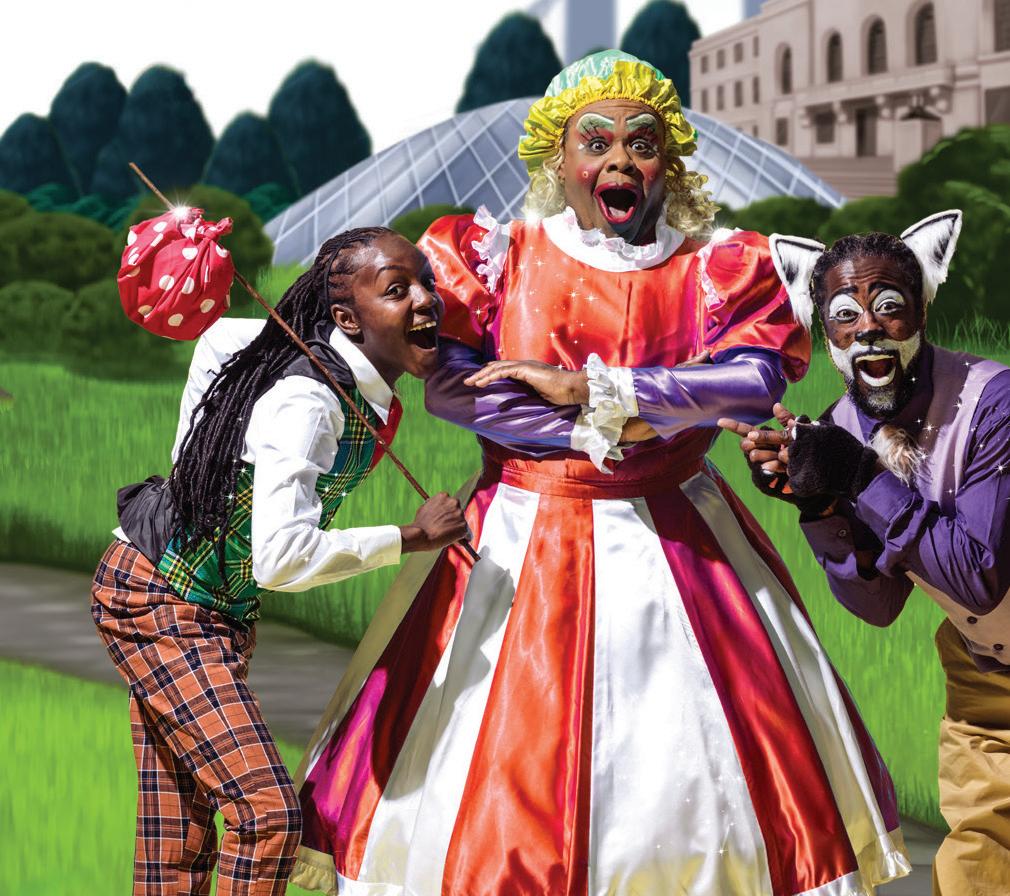














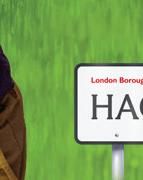

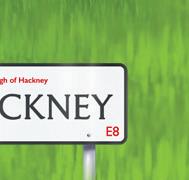
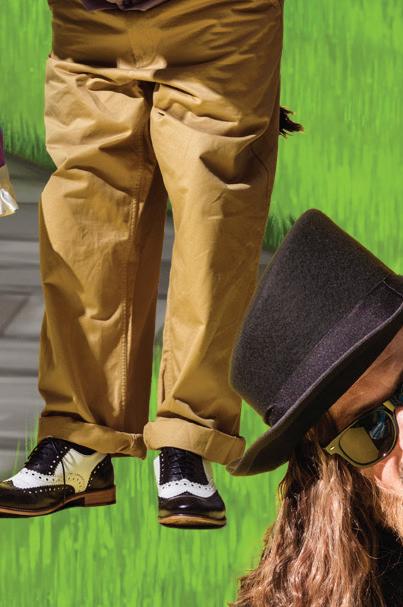


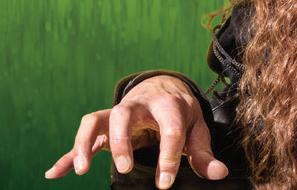

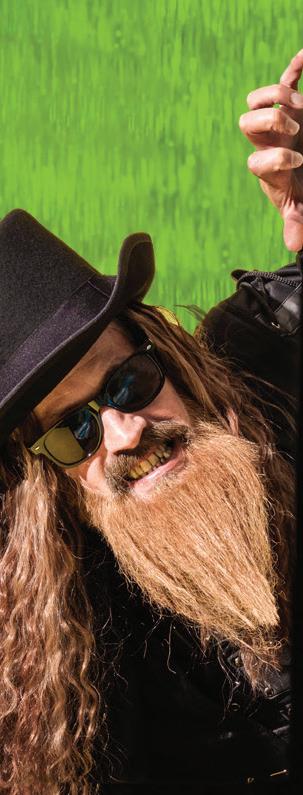

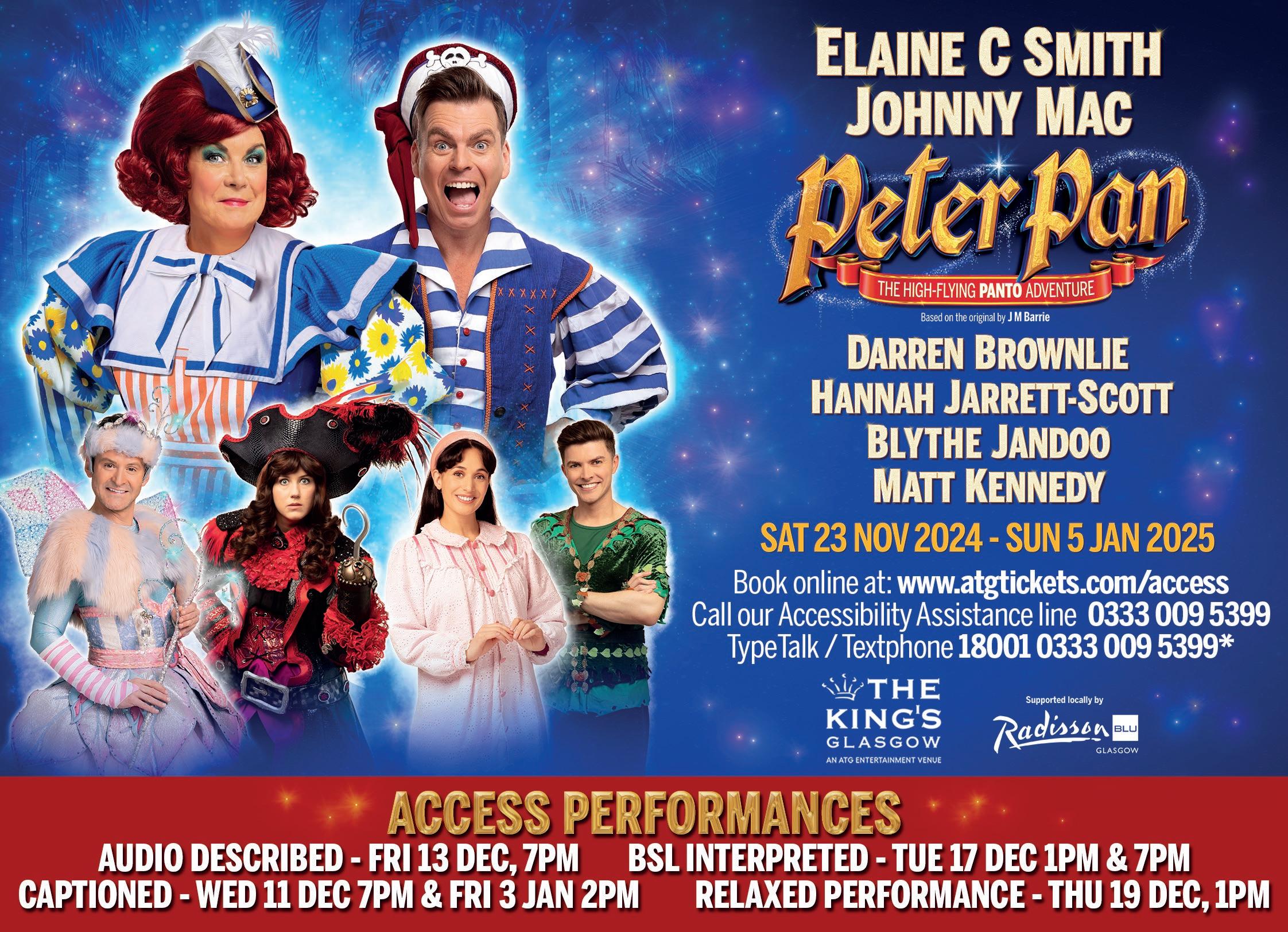
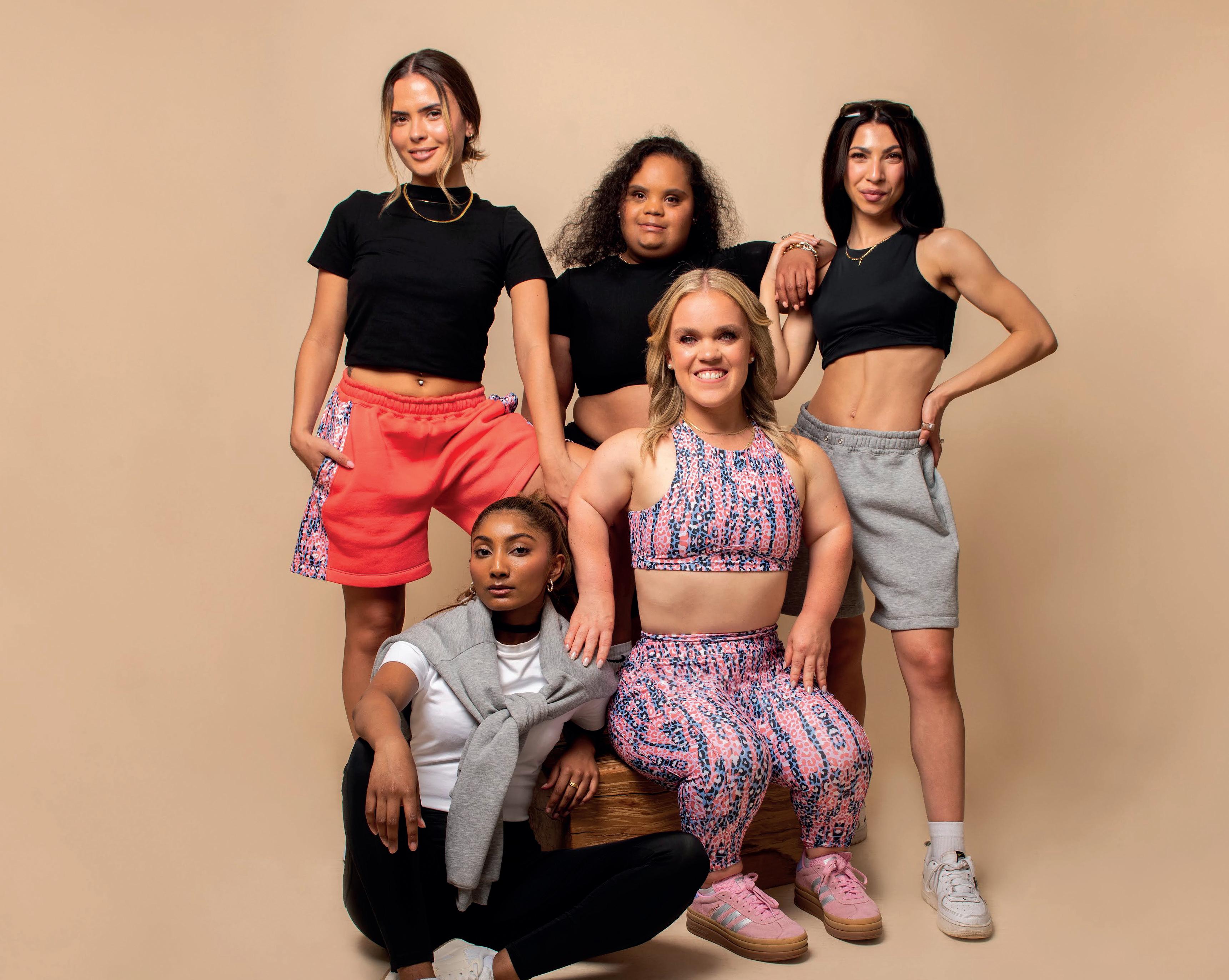
With stylish, perfectly fitted garments, DEWEY
– an inclusive fashion brand for people five feet and under – is changing the game for extra petite people. We spoke to founder Chamiah Dewey and supporter, model and investor in the brand Ellie Simmonds, to discover how DEWEY is filling a gap in the fashion industry by offering comfort, confidence, and sustainability
You wouldn’t expect a British Paralympian who has an OBE, endless gold medals and a distinguished broadcasting career to need to ask her mum to alter her clothes. But that’s what Ellie Simmonds has been doing for years. Even her Team GB kit didn’t fit.
Like thousands of people under five feet tall, Ellie has struggled to buy wellfitting clothes. But that’s all changing, with the launch of DEWEY, a brand devised by inclusive fashion designer Chamiah Dewey.
Ellie and Chamiah first met at Little People UK events, and Ellie has supported Chamiah’s career as a friend, but also as a model for and investor in DEWEY, which recently launched in-store in Selfridges, and online at deweyclothing.com.
“DEWEY is great,” explains Ellie. “For someone like me, I can’t just pick stuff off the shelf. But this jacket and
these joggers I’ve got on right now, I’ve not had to alter them at all. It’s so needed.” DEWEY’s first range features women’s athleisure wear, and had to be restocked within days of first appearing in Selfridges in September.
Why focus on sportswear for the brand’s first collection? “I live in athletics wear,” Ellie admits. “Yes, I’m an athlete but, since COVID and with more people working from home, we all love being in our comfies, and also looking good in the gym as well as feeling really good.”
“The idea is to be as accessible as possible to as many people as possible within that five foot and under demographic,” reveals Chamiah. The brand is expanding – DEWEY will soon launch a mainline women’s collection along with a men’s range. The pair explain that the main things
people want are trousers that don’t need to be taken up, knitwear that fits, and outerwear that doesn’t need to be altered. An innovative but simple sizing solution, including leg inseam lengths of 25” and 18”, makes the range inclusive for the one in ten adults in the UK and US who measure five feet and under.
“It isn’t just about vanity and looking great and feeling great,” says Chamiah. “Those things are so important. It’s also the fact that people need clothes! It’s such an emotional thing that a lot of us take for granted.”
Chamiah graduated from London College of Fashion in 2022, and the public’s response to the height inclusive show she staged during London Fashion Week gave her the validation that she was on the right path. She created a bridal collection for people of short stature, and the models included people with dwarfism, Brittle Bone Disease, Down syndrome and cerebral palsy.
“The models all expressed how amazing they felt because they’d never seen themselves represented in that way,” Chamiah smiles. “To have the opportunity to walk at fashion week is unheard of if you’re not a certain type of person. It got people talking too – I shared a TikTok about it which had over 100 million views.”
Speaking to people with dwarfism who’ve been forced to buy their clothing from children’s departments spurred Chamiah on further with her inclusive design ambitions – focusing on dignity and ensuring this large section of the market felt listened to and catered for.
Ellie agrees. “People think that, because we’re small, we should get kids clothes,” she explains. “But I’m nearly 30 – I don’t want to be wearing shoes that have sparkles on them. I want to wear things that people my age wear.”
The launch of the brand follows the fashion industry’s increasing awareness of inclusive design. “The disabled community has always been there –there’s always been a massive gap in the market,” admits Ellie. “Working with Chamiah to not only collaborate but also invest in DEWEY was an opportunity I couldn’t pass up. 20 years ago, it was all about slim, six foot models, but now it’s great to start to
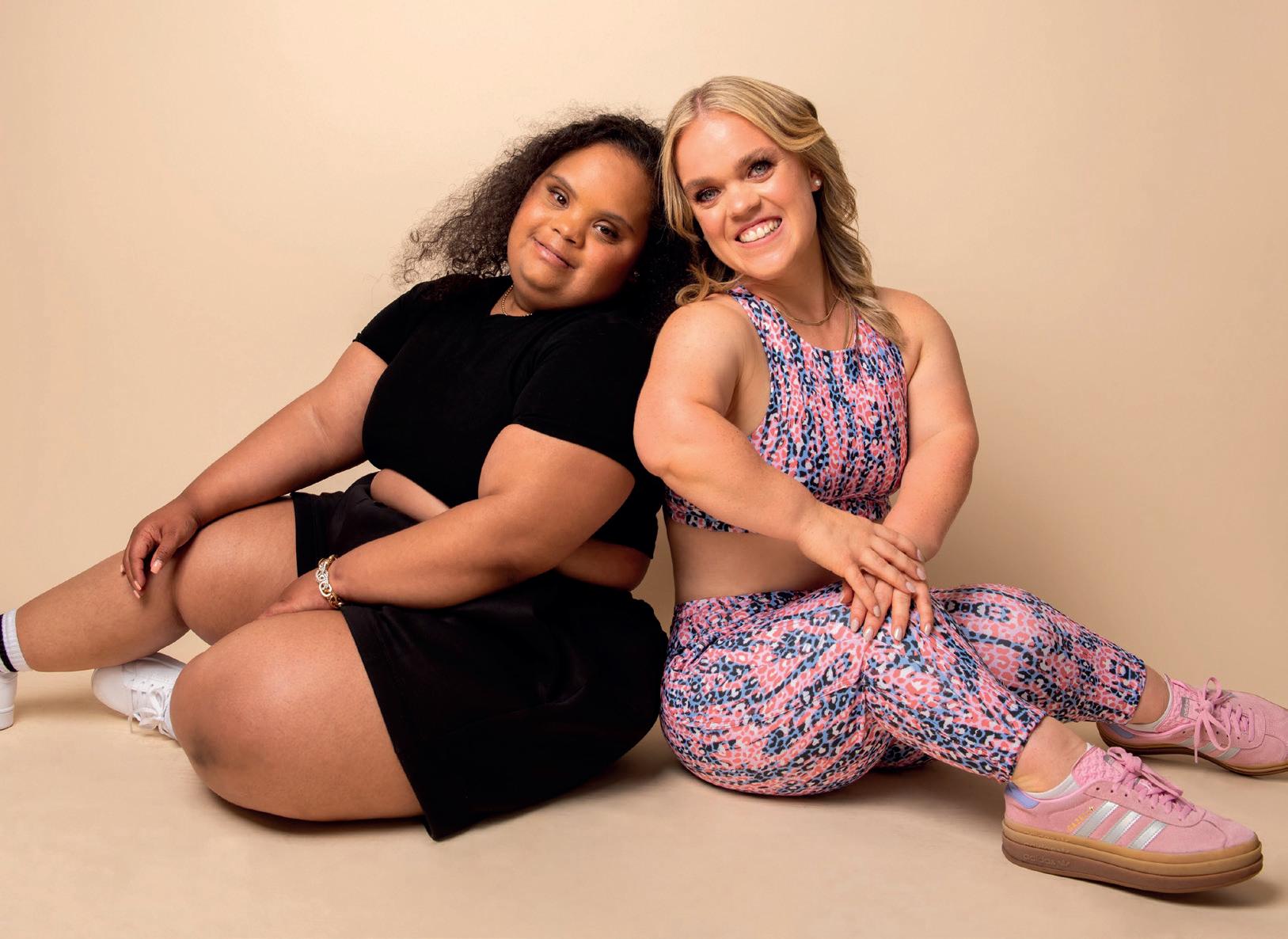
see that even the mannequins include amputees and different disabilities.”
Chamiah and her team have carried out body scans of different people to create DEWEY’s sizing method. A range of extra petite mannequins to display the garments is in production. “Fashion needs to cover the whole of society –what we wear every day needs to cover what society looks like on an everyday basis,” emphasises Ellie.
During her studies at London College of Fashion, Chamiah learned a lot about sustainability, and is working hard to ensure DEWEY garments are well made from responsible fibres that will look and feel good for many years to come.
“My surname, Dewey, has its origins in Welsh language – it means cherished and beloved,” reflects Chamiah. “I’ve always loved that, and I’ve always thought I want the pieces to be cherished. I want you to buy a coat, cherish it and be really excited to get it out every winter. It’s not fast fashion. It’s slow fashion that’s made really well and made to last. And it actually fits –that means a lot to extra petite people.”
“When you wear something you feel comfortable in, your confidence shines,” Ellie concludes. “We want everyone to feel comfortable in what they wear, and for that confidence to shine through.”
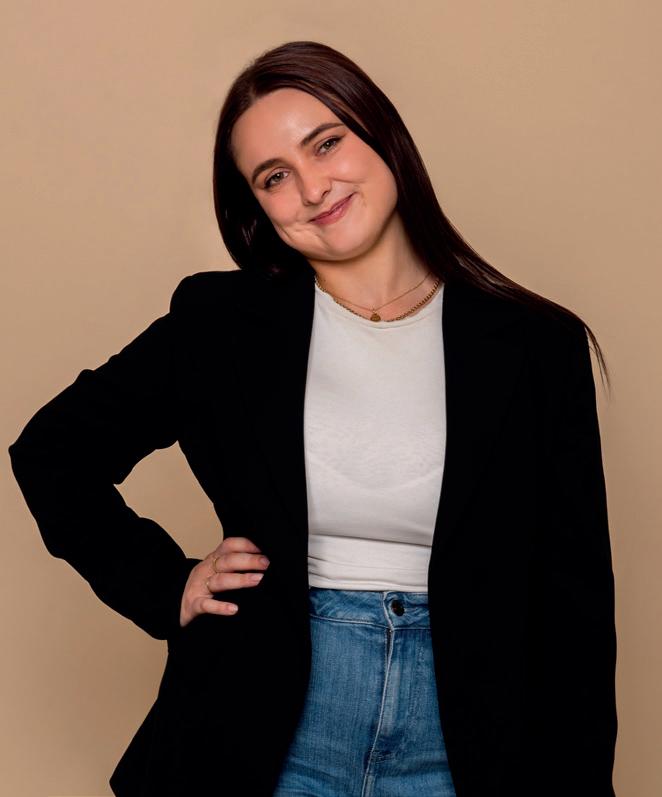
We want everyone to feel comfortable in what they wear, and for that confidence to shine through”
Ellie Simmonds














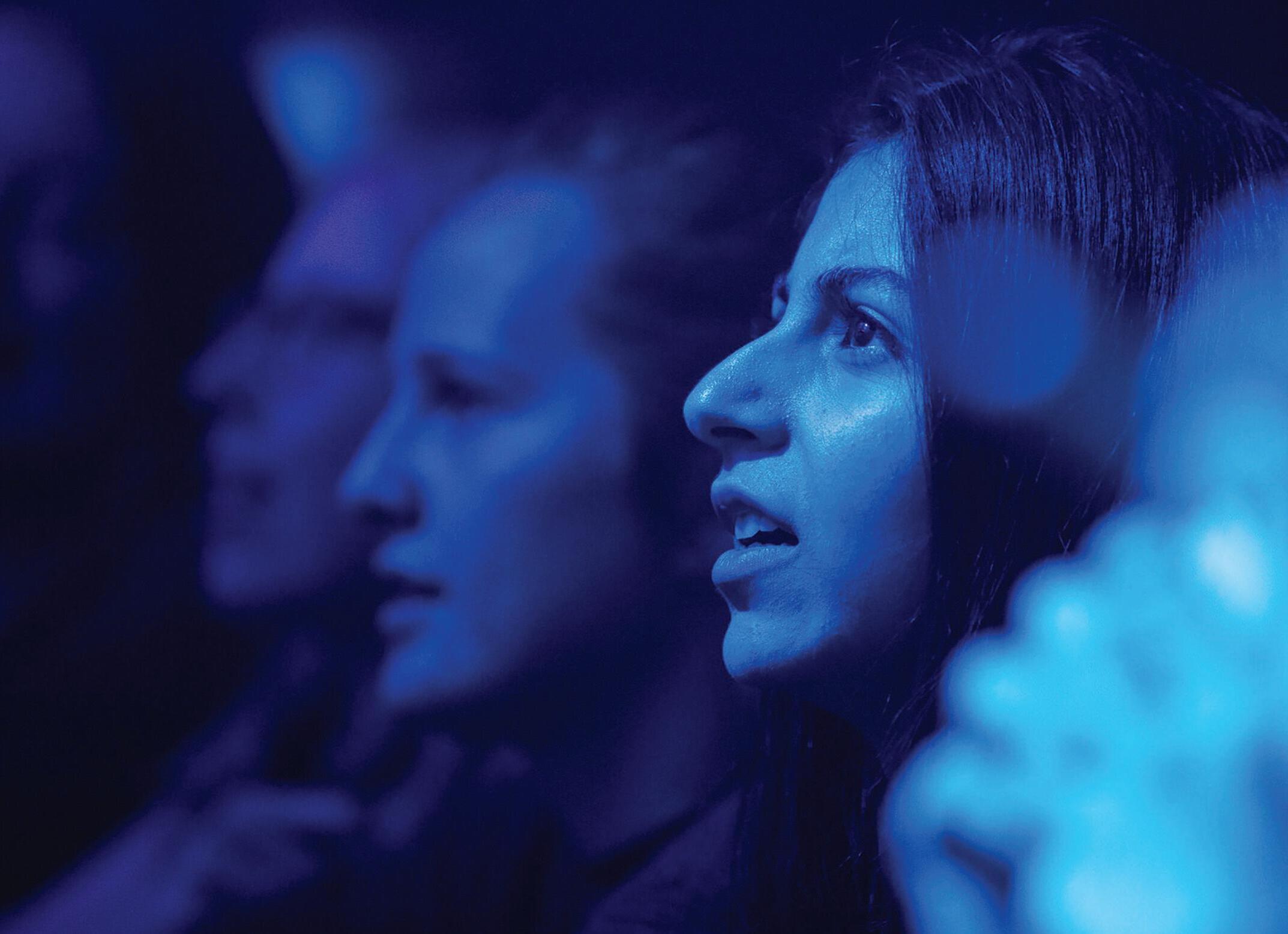

Christmas can be a wonderful time of year but, for some people, it can also be confusing, anxiety-inducing and lonely. We find out more about how to get through the Christmas season when you or your loved one find it a struggle
For some people, there’s nothing more exciting than the build-up to Christmas. Venturing out to Christmas markets, hanging stockings on Christmas Eve, opening gifts on Christmas morning…
But for Sarah Dale’s daughter, who is autistic and has anxiety disorder, that excitement is a challenge. “When my daughter says she doesn’t want any surprises, it’s ok,” says
Sarah. “If she doesn’t want to have things wrapped and wants to pick her own presents, it’s ok.” Sarah has learned to adapt her expectations of what a ‘perfect’ Christmas should look like. “If she wants beans on toast for Christmas dinner, it’s ok,” she explains. “Basically anything that makes the day special for her is ok.” Christmas can be a stressful time for neurodivergent and/or disabled people. Bright lights, colourful decorations, noisy funfairs, busy streets, last-minute shoppers – it can be a sensory and accessibility
nightmare. So how can people best manage the challenges that come with the holiday season?
Janey Holliday is a women’s mindset coach and single mum to her autistic daughter and teen twin boys. Over the years, she’s figured out some hacks to make parenting in a neurodivergent family a little more manageable over Christmastime. She recommends: “Do everything you can to keep yourself regulated, because then you’re better at dealing with your child’s dysregulation. When my daughter was in school, I would always take a week out of my business for dedicated me-time, so I could be in the best possible place going into the holidays.”
She also recommends ripping up the rule book. “It’s important to advocate for your needs and your child’s needs,” she says, “bearing in mind no one has a clue what it’s like to be in your shoes. If that means upsetting relatives by saying no to a formal sit-down Christmas dinner, so be it.” For her family, an informal pick-what-you-like approach works best on the big day.
Amy Rutter has had to make similar adjustments for her PDA autistic son. “He’s in burnout, so we’re having a quiet Christmas this year with no guests,” she says. “Our main goal is to keep his routine as normal as possible, making small adjustments to include some little festive treats where we can!”
For those who don’t have family or friends to spend the festive period with, or for people who work across the holidays, Christmas can be an extremely lonely time. Trying to embrace your feelings may help you manage; you might like to try journalling, listening to an inspiring podcast, or giving yourself the gift of self-compassion. Turn to page 46 to read our columnist Samantha Renke’s views on this.
It can be helpful to reach out to people to let them know how you feel – you might discover you’re not as alone as you think. Alternatively, there are charities and advocacy schemes who offer befriending and support all year round.
Nobody’s festive period is as picture perfect as they may make out
Mental health charity Mind runs an online community forum at sidebyside.mind.org.uk, where you can connect with others over shared experiences. If you have a social work team, they should have details for local befriending volunteers or citizen advocacy organisations, and you may find home visiting schemes, charities or even your local football team offering Christmas dinner or a festive outing.
Don’t forget resources like carers’ centres, leisure centres and libraries (who may also run a Books on Wheels delivery service) – although these will have reduced opening hours over Christmas and new year, they often offer drop-ins, support groups, and a warm welcome during the holiday period.
However you spend Christmas this year, remember that it’s just one day, and nobody’s festive period is as picture perfect as they may like to make out. Tweaking your plans, taking care of your own needs, and reaching out for help are some of the sweetest ways to get that warm Christmas glow, even if you’re not feeling very festive.

ADHD coach Jo Richards –theneurodivergentstrategist.com – shares her tips for managing the holidays when you’re neurodivergent:
1. Plan ahead: initiate ‘Project Christmas’; create a calendar and tasks.
2. Set boundaries: know your limits, and set other people’s expectations. It’s ok to leave early, take breaks due to sensory overload, and wear noise cancelling headphones.
3. Stick to routines to help you feel grounded. Schedule downtime to recharge between events.
4. Delegate: ask for help with cooking, gift wrapping, and other tasks you struggle with. Simplify where you can (e.g., use paper plates if you’re hosting, to make tidying up much easier).
5. Manage expectations: don’t aim for perfection; focus on what makes you happy. Meet your needs, rather than other people’s expectations.
6. Budget your energy by focusing on activities/events that are important. Let go of the ones that drain your energy, and pace yourself by spreading tasks over a few days or weeks.
7. Have coping strategies ready, such as sensory tools to help with regulation, or escape plans, like having an excuse prepared if you need to leave an event early.
8. Organise gifts and have designated places to store them as you buy them. When it comes to wrapping, we always underestimate how long this will take, so wrap and tidy as you go.
9. Avoid sensory overload of crowded shops, by shopping online and starting your preparation weeks in advance.
10. Plan some post-holiday recovery time to decompress and recover from ‘peopling’ before trying to transition back into your normal routine.
Samantha is a broadcaster, actress, disability activist and the author of ‘You Are the Best Thing Since Sliced Bread’. Follow Samantha on Instagram @samantharenke
Columnist Samantha Renke reflects on the pressures and pitfalls of the festive season, with a message for anyone who might find the winter months a challenging time
The greatest gift you can give yourself is to be kind to yourself. It’s taken me years to be able to stop and take time for me, to set boundaries and put myself first. And that includes how, where and with whom I experience the holiday season.
I am a ‘Christmas-holic’. I love nothing more than going all-out at Christmas. As a child of the eighties, Home Alone was my Christmas how-to manual. Nothing brings me more joy than buying gifts for my cherished people and decorating not one, but two Christmas trees. Over the years I’ve had the privilege of some amazing Christmases; spending them in Mexico, Germany, and France.
Making yourself a priority is the best gift you can give yourself
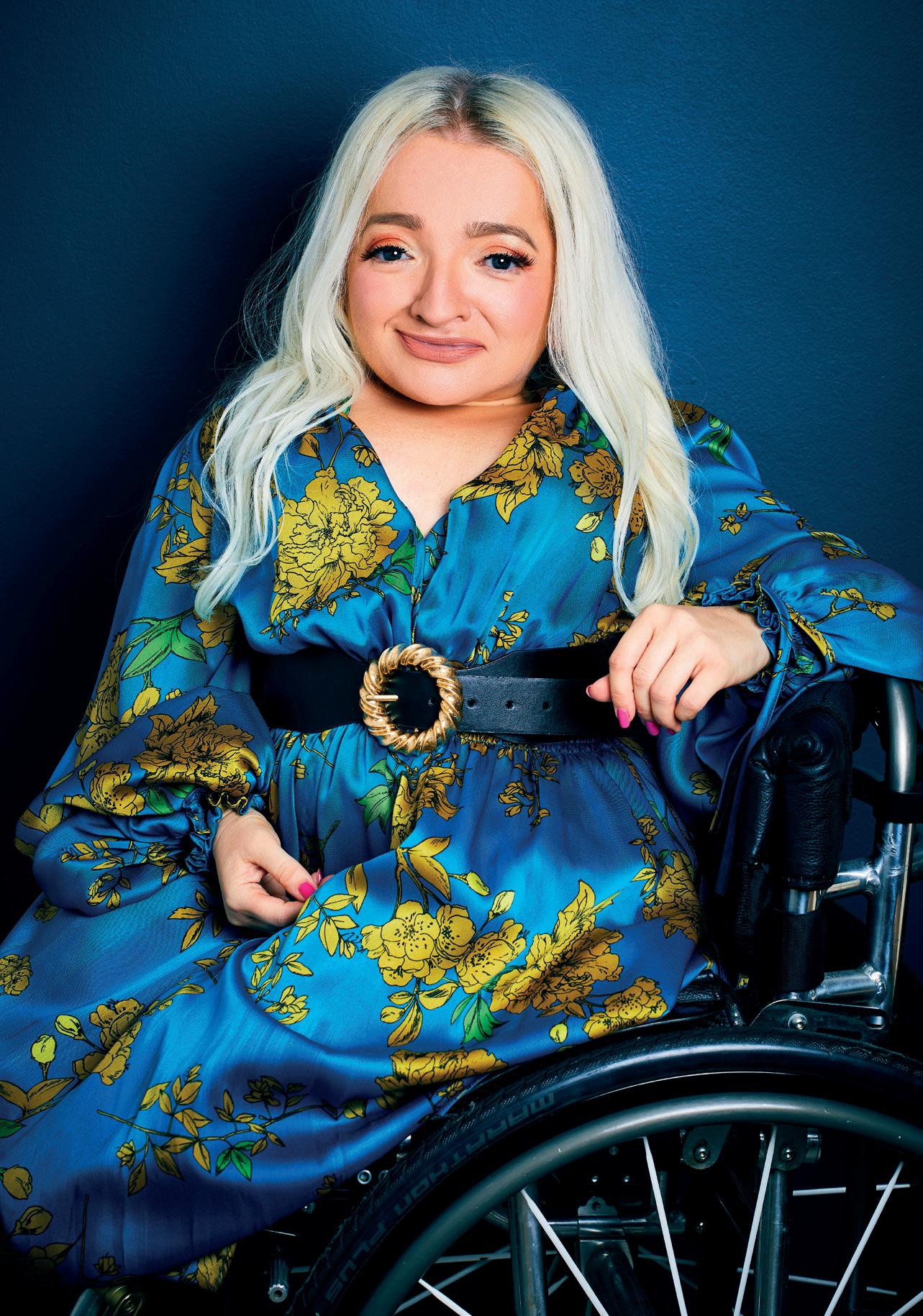
But one of my favourite to date was the Christmas before last. My first Christmas alone.
It was my last Christmas living in London. I wanted nothing more than to spend it in my little Shoreditch flat with my cats. Ironically, everyone seemed worried about my mental health – they saw my choosing to be alone as a cry for help.
On the contrary, it was exactly what my mind, body and soul needed. What made it so perfect? I could just be me. There were no time constraints, no pleasantries, there was no pressure to drink alcohol at 7am or overeat until you felt sick. No drunk family member telling you they think you’re brave because you are living life as a Disabled person. No guilt in taking a nap because your body is beat.
It was peaceful. I woke up when I wanted, stayed in my PJs and cooked a mini Christmas dinner. Bar a few video calls to family, I barely spoke all day. I’d never felt so calm or content at Christmas.
Christmas can be a pressure cooker for anyone, but throw a chronic illness or condition into the mix and it can become an unpleasant, anxiety-inducing time.
As someone with Brittle Bone condition, I can’t remember a Christmas growing up when I didn’t fracture a bone. I’d often have my arm in plaster – much to my sister’s delight as she got to ‘help’ me open my gifts! I also lost my father in November 1996, and the Christmases that followed have always been tinged with loss.
Making yourself a priority is the best gift you can give yourself. You may upset a few people along the way or be overcome with FOMO, but following your intuition will always be the best thing to do, long-term.
Over the years I’ve realised that holidays and celebrations, no matter what shape they assume, are just one day, one blink in your lifespan. All we ever have is the present moment, and we can find joy no matter what the circumstance.
Please be kind to yourself, and remember – Christmas is just one day.
Tired
Intotum



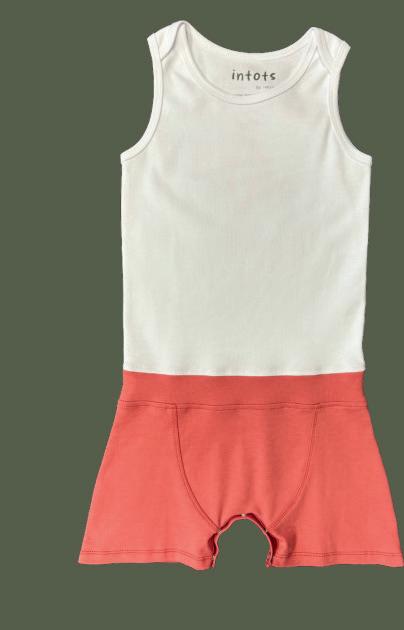





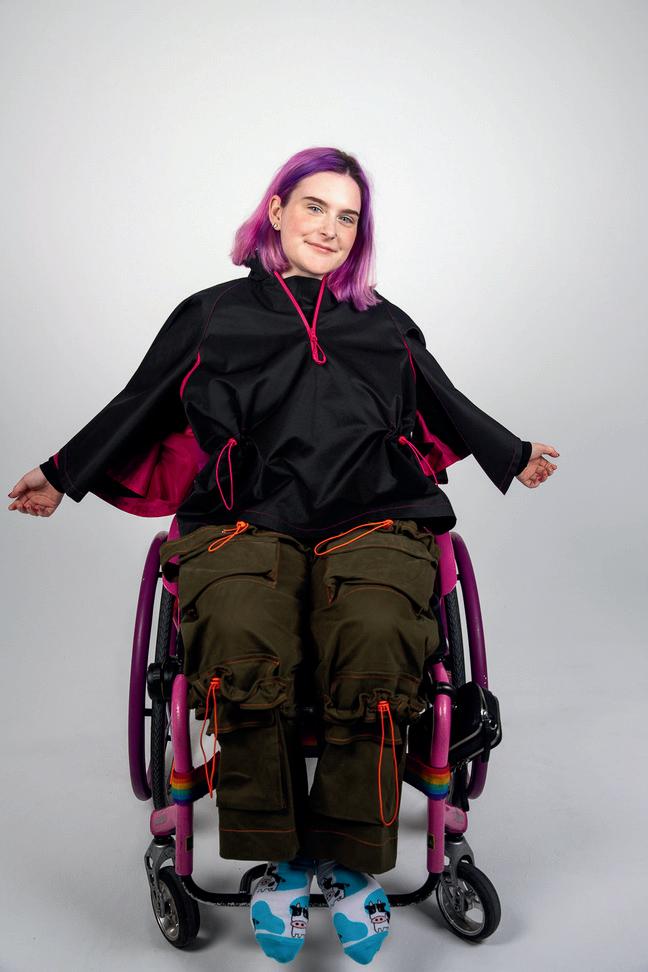





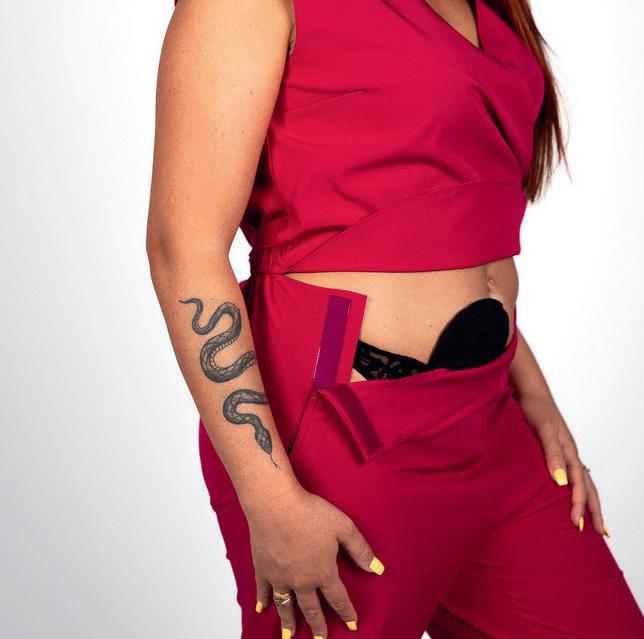






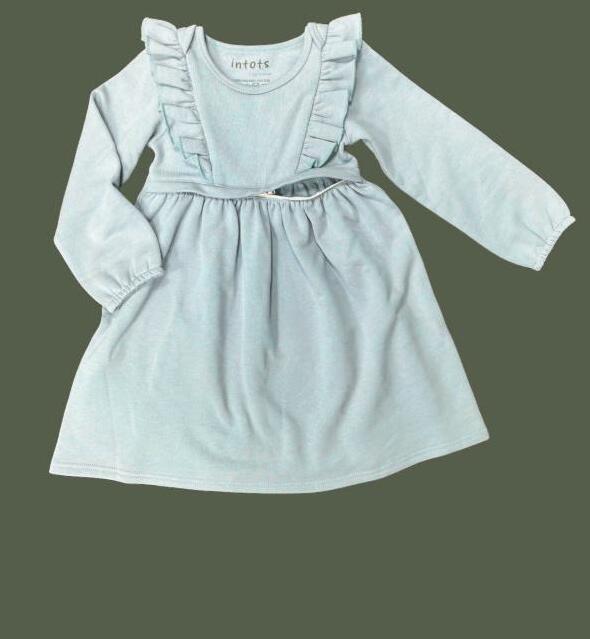






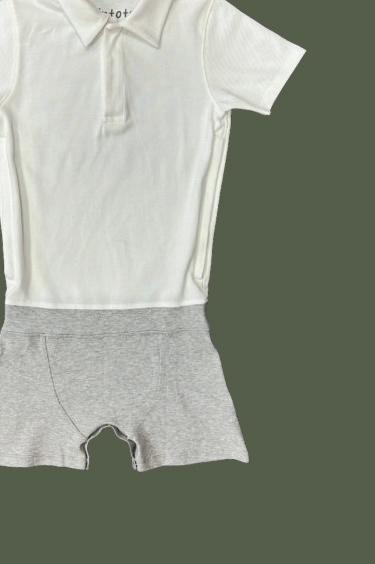
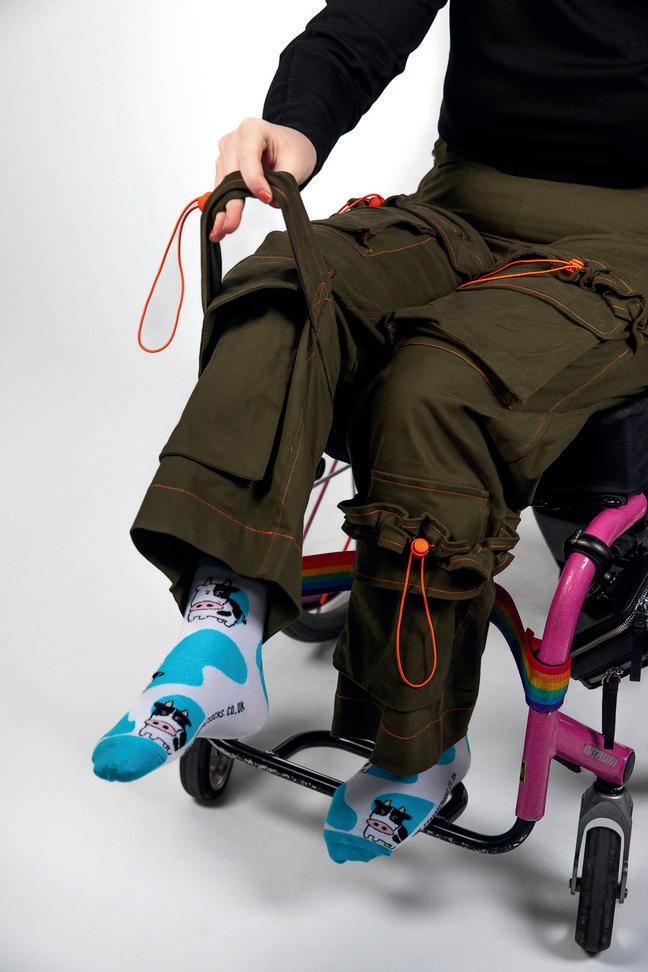
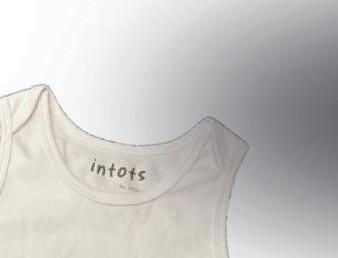
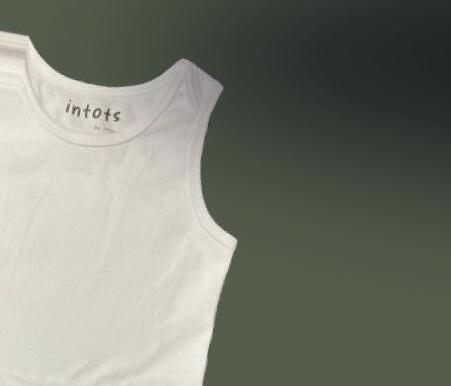




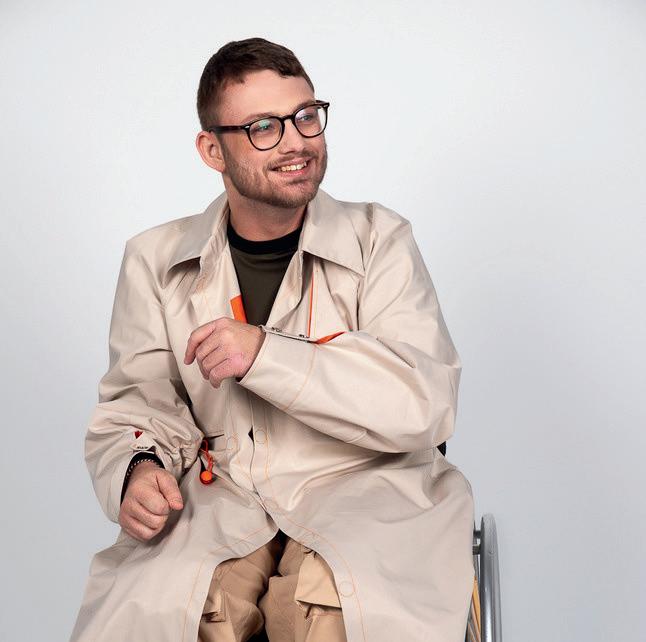



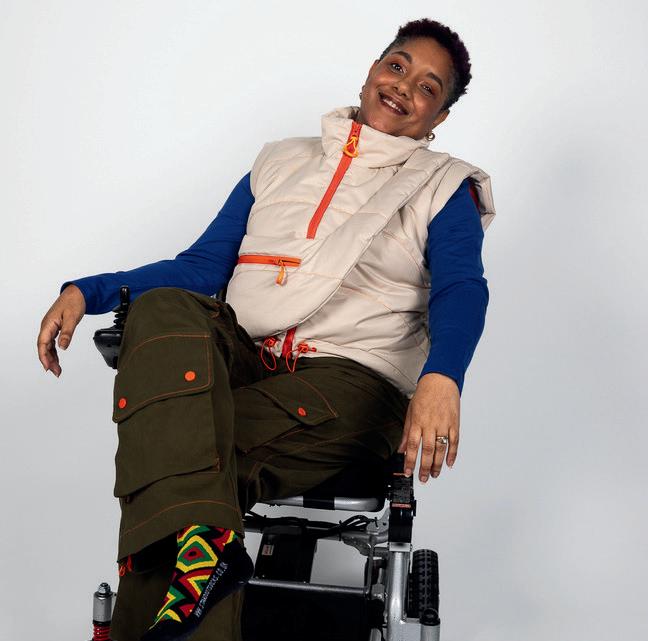







From Elf on the Shelf to trips to Lapland to see Santa, many of the festive fantasies we see on social media are just that – fantasies. For people on benefits or those who face health or access challenges, splurging during the holiday season isn’t an option. Editor Melissa Holmes gets the lowdown on savvy shopping at Christmas
At this time of year, it might seem like there’s a lot of pressure to spend money. You may feel the need to dish up a lavish spread on Christmas Day, to bag the most popular toy, or to create Christmas memories with expensive gro o visits.
Christmas is a wonderful time, giving us the chance to spend special moments with loved ones, enjoy festive traditions, and celebrate the year’s closing. But it can also be very challenging – what if you’re not close to your family or find busy situations tough? How about struggling to a ord the basics like food and heating, let alone treating loved ones to gi s?
It’s easy to feel overwhelmed with everything we see on social media
and the news, from flawless décor and mountains of gi s, to crowds of shoppers hunting for the best bargains. According to forecasts by Statista, total retail sales in the UK for Christmas 2024 are estimated to reach £96 billion. But no one should feel forced to buy into this commercialism.
Christmas is all about giving. “We buy gi s because of how it makes us feel when we see our loved ones happy,” explains founder of disabled discount site purpldiscounts.com, Georgina Colman. “But they’re probably still happy regardless.”
environmental impact that throwaway gi ing is having on the planet.
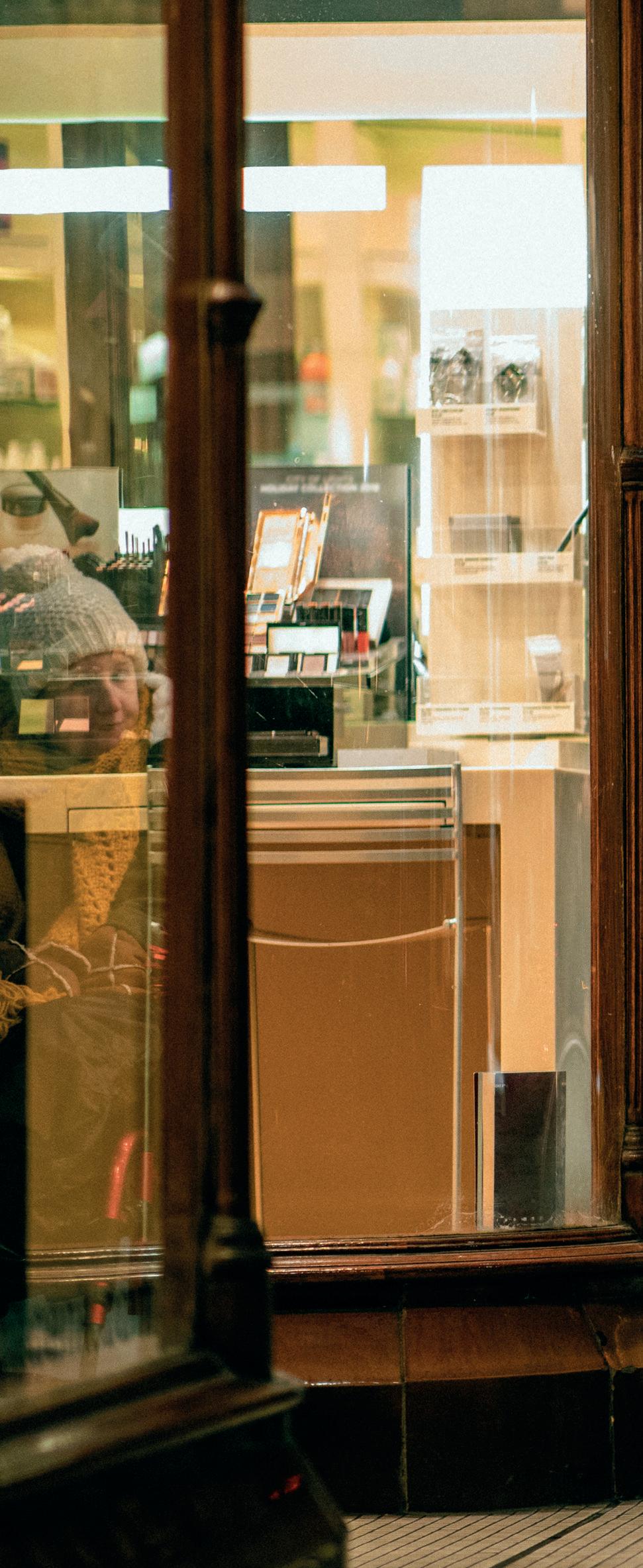
Selling sites like eBay, Vinted and Facebook Marketplace o er plenty of bargains – from clothes, books and homewares to electronics and furniture. You may find items still with tags on or brand new in their boxes.
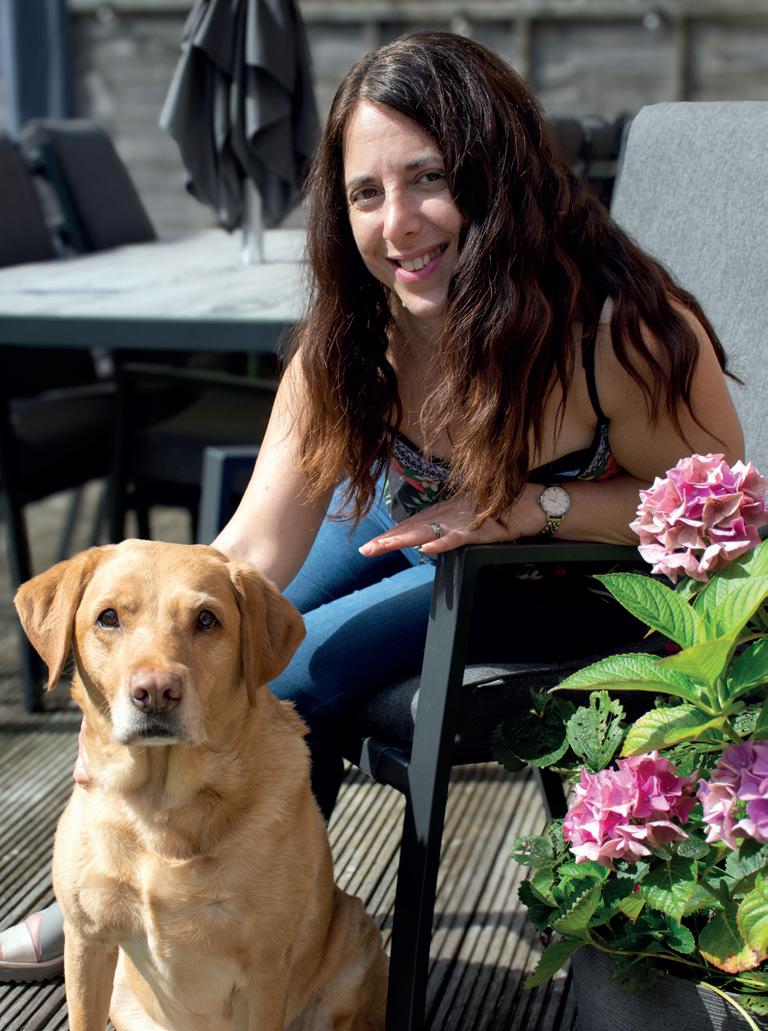

It’s hard not to be swayed by wish lists and trends. But spending above our means can put us into future debt – particularly through ‘buy now, pay later’ schemes – and damage our credit scores. Simple acts of gratitude and kindness are o en the best kind of gi .
During advent, I create simple kindness cards for my kids. Each card includes an activity, like sorting good quality but no longer used clothes, books and toys to take to the charity shop before Christmas, cra ing cards for teachers or neighbours, and making homemade bird feeders to help wildlife. We choose a card every so o en and carry out an activity together to spread some festive cheer and create low-pressure Christmas memories.
In line with this, there’s a trend for ‘gi reduction’. According to Mintel, some of this is influenced by the cost of living crisis, but shoppers are also worried about over-consumption and the
Buying second hand reduces your impact on the environment, as you’re saving something that may have otherwise gone to landfill, and saving the resources needed to create a brand new item. Just remember to stay safe when buying online.
Know exactly what you’re looking for? It’s worth shopping around for
Total retail sales in the UK for Christmas 2024 are forecast to reach £96 billion
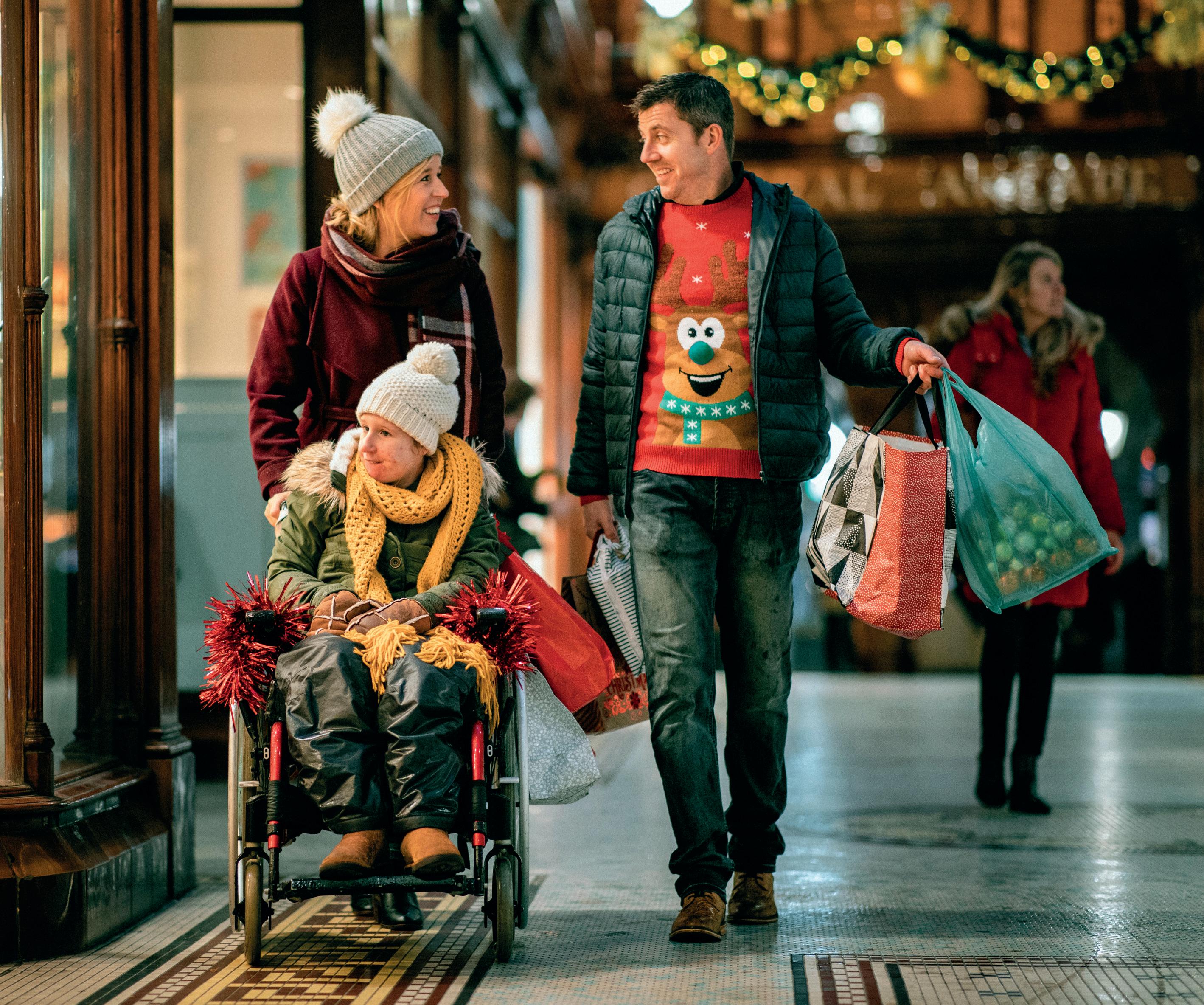
the lowest price. Using websites like pricerunner.com or camelcamelcamel. com will help you find the lowest prices for your chosen product online, and identify whether you’re really getting a bargain, which is especially helpful during Black Friday sales.
When you’re buying, cashback websites, apps and loyalty cards help you get the most bang for your buck.
To ensure you’re only buying things people actually want, use website wish lists or a service like giftster.com. These work like a gift registry, with buyers choosing an item from the list and ticking it off once it’s purchased. “This means you’re not wasting money,” says Georgina. “You haven’t got to think in the moment and then panic buy things that cost more or aren’t wanted.”
“The reality of what we see online is never what we see in the picture,”
admits Georgina, which is worth bearing in mind when it comes to festive FOMO (fear of missing out).
What might look like a gorgeous trip round Christmas markets could, in reality, have been very overpriced, inaccessible, freezing cold and overcrowded. Staying at home under a heated blanket, playing board games or watching your favourite films can be just as memorable (and far less stressful for everyone!).
When it comes to gift giving or treating yourself, it can be easy to go overboard. For some people with ADHD, for example, the dopamine hit of finding the perfect gift or tracking down a real bargain can make shopping an addictive or expensive activity.
One way to get around this need for instant gratification is to take a photo of the item in the store. You can then
check online to find it cheaper, or look at the photo after a couple of days to see if you still feel the same way about it. Georgina told us: “For most things, I ask myself if I really need it. Do I already have something similar? Are there better things to spend my money on, like an acupuncture session?” Taking a photo to ‘add to your Christmas list for later’ can also work well when you’re shopping with kids too.
Christmas is a time for joy and reflection, but it’s important not to feel pressured to ‘keep up with the Joneses’. Simple acts of kindness, thoughtful gift giving, and mindful spending can help you create meaningful memories with less financial strain.
FOR MORE INFORMATION
To check you’re receiving all the benefits you’re entitled to, and to give your budget a boost, visit entitledto.co.uk

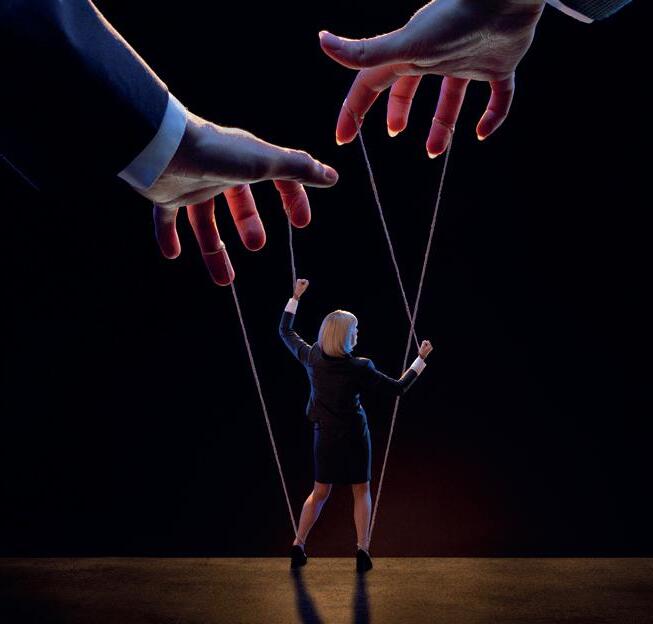
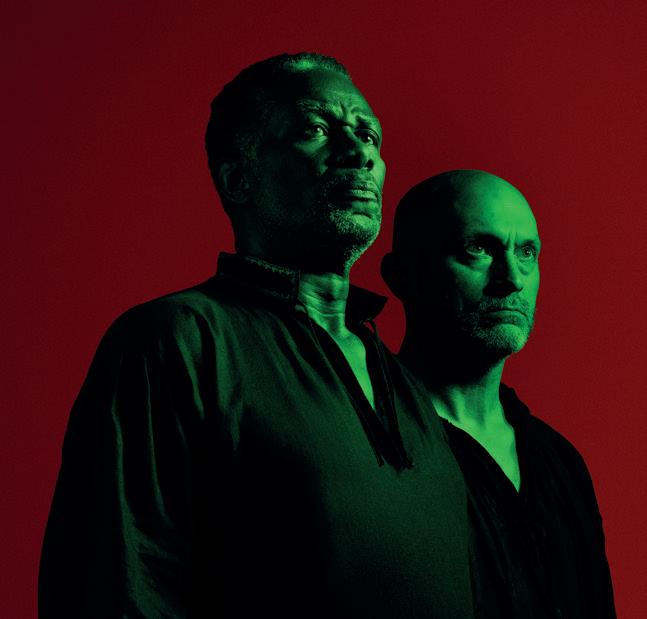





Chilled
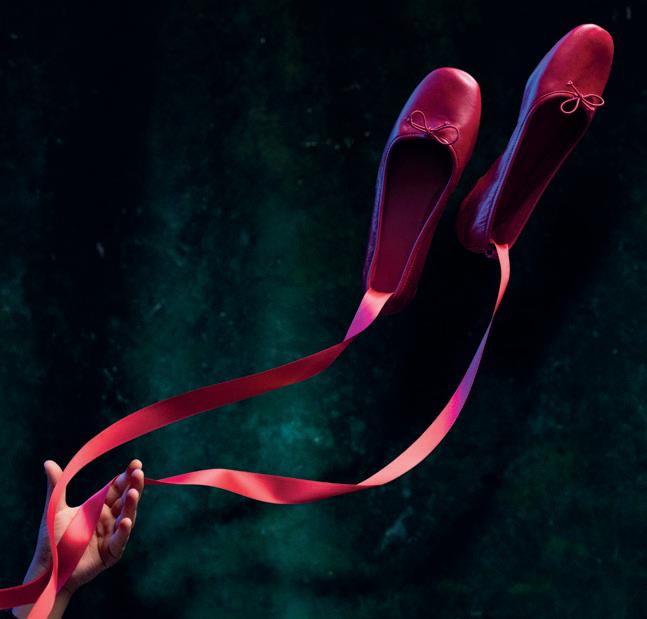
Audio
Chilled
Performance
Handheld Captioned Relaxed Performance


If you would like to reserve one of our handheld captioning devices for any of the select performances, please email tickets@rsc.org.uk and
















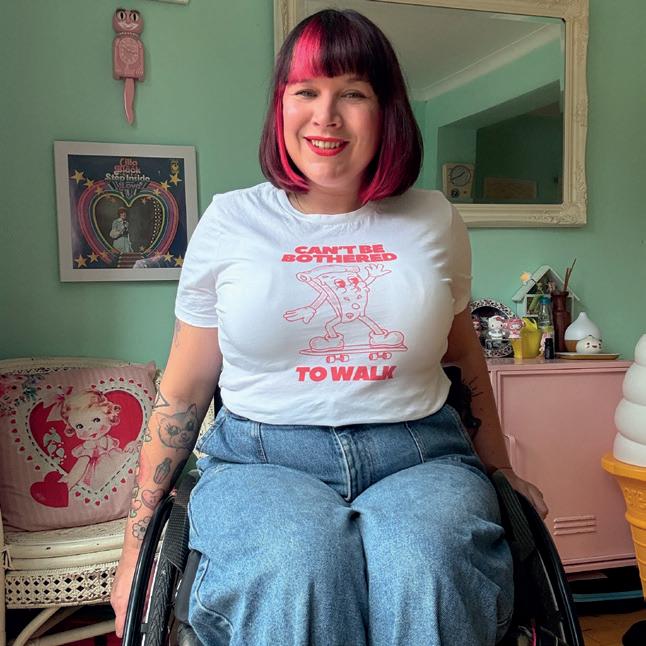
Describing herself as gobby, sweary and colourful, Nina Tame has amassed thousands of online followers thanks to her no-nonsense attitude as she debunks societal myths about disability via her fun videos on social media. She’s created a merchandise line featuring tees, sweatshirts and hoodies emblazoned with illustrations – our favourite reads ‘Can’t be bothered to walk’. From $24.99 / bonfire.com/store/nina-tame
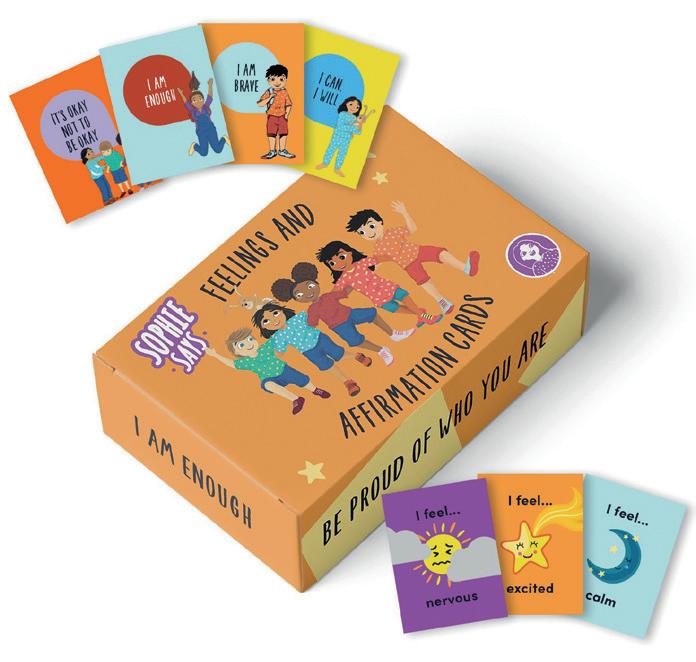
With experts calling anxiety among children “the biggest societal issue of our time”, author Esther Marshall has created a set of affirmation cards designed to help parents, carers, teachers and kids talk about their feelings together in a fun way. The ‘Sophie Says’ Feelings and Affirmations Cards can help reduce stress, boost self-belief, enhance confidence and inspire determination and motivation in children.
£15 / sophiesaysofficial.com

Visually impaired entrepreneur Hayley Kellard launched Dotty About Braille in 2023, offering personalised braille greetings cards that are fully accessible to blind and visually impaired people. This Christmas, she’s created Christmas cards, personalised Christmas Eve boxes, customisable tree decorations, and even braille advent calendars.
From £3.99 / dottyaboutbraille.com

With Christmas on the way, we choose our favourite festive picks, with items created and designed by disabled people, for disabled people

Offering handmade, cruelty free soaps and body products, The Glasgow Soap Company was set up by Ashley, who has ADHD. She says: “Our coloured bath salts are great for sensory seekers, and we’ve had lots of positive responses from parents of autistic children saying the products help with bathtime.” Iron Brew bath salts are the family business’s bestseller, while candy cane, gingerbread and mulled wine are festive favourites. From £5 / glasgowsoap.com
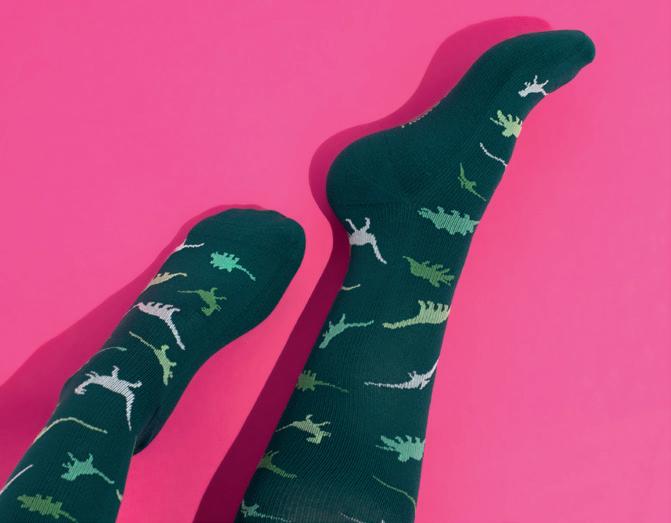
Compression socks are vital for many disabled people, but they’re also horrendously beige. Hannah founded Not Your Grandma’s to make compression socks more fun (and created a wonderful online community at the same time). Not only do these socks improve blood flow and reduce swelling, but they’re also super soft, colourful, and sensory-friendly, featuring motifs like dinosaurs, cats and love hearts.
£15 per pair / notyourgrandmas.co.uk
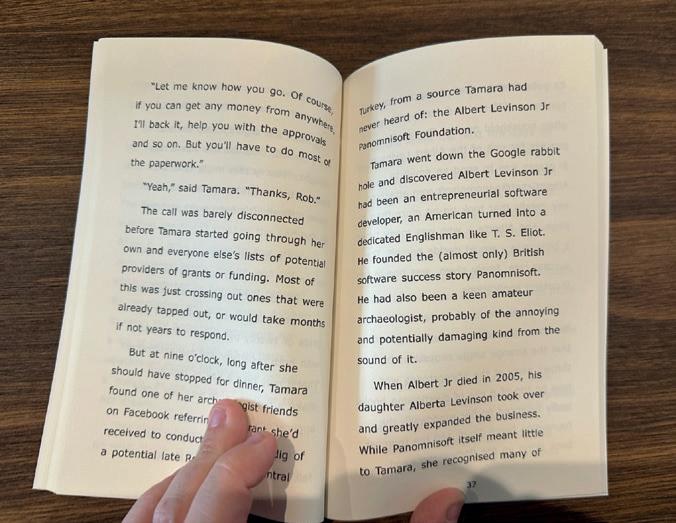
Books are a perfect gift for Christmas, but they’re not always accessible. Books on the Hill Press is the UK’s first dyslexiafriendly publisher. It offers books with larger font, left alignment and wider line spaces, all of which reduce processing demands for dyslexic readers, as well as helping people with stroke and dementia, for example. The Press is now offering books from major authors including Karin Slaughter, Bernard Cornwell and Lee Child.
From £6.99 / booksonthehill.co.uk
When the weather’s miserable but you’re ge ing cabin fever, a day out at a museum or a raction can be the perfect remedy. We check out accessible options
rom museums to art galleries, country estates to ornamental gardens, the UK has so much to o er in terms of a ractions and things to do. Even in winter, when many of us would rather stay indoors, heading out to soak up some culture and discover something new is always a good idea.
Your local tourist board or leisure services website can be a great place to find accessible events and a ractions. Accessable.co.uk, Euan’s Guide and Sociability.app are also really useful when it comes to discovering accessible, inclusive venues and facilities across the UK.
In order to enjoy your day or evening out, you might need a carer with you. Many places o er an accompanying carer free entry – it’s best to call ahead or check the venue’s website to see what their policies are, and if they need to see any proof.
If tropical temperatures and beautiful plants are your thing, why not check

out some of the UK’s stunning gardens? Cornwall’s Eden Project was designed with accessibility in mind, from its biodomes filled with plants from across the globe, to the delightful Nature’s Playground. There’s accessible parking, step-free access throughout, and Changing Places toilets too.
Santa’s gro os, illuminated forests and Christmas trails have become highlights in many people’s festive calendars. But, for a truly Christmassy atmosphere, Winter Wonderland is hard to beat.
Taking place from 21 November 2024 to 5 January 2025 in Hyde Park, London, this year’s event sees Alice’s Adventures in Wonderland brought to life in spectacular ice sculptures, while a Christmas market, two circuses and beautiful sparkling lights are sure to wow the crowds.
Winter Wonderland has dedicated Access Champions on site, and accessible toilet blocks and Changing Places throughout the venue, plus stepfree entrances, hearing loops in the Circus Megadome, and a quiet area.
Some venues o er visual stories online for autistic people, in order to prepare them for their visit and relieve any anxiety around going somewhere new. Edinburgh Castle o ers a photographic walk-through online, with simple text explaining what visitors may experience, see, smell, or hear on their visit.
Many museums and tourist a ractions provide quiet hours or ASN slots for those who appreciate a less busy, noisy space. These range from quiet gaming sessions at Glasgow’s retro video game arcade
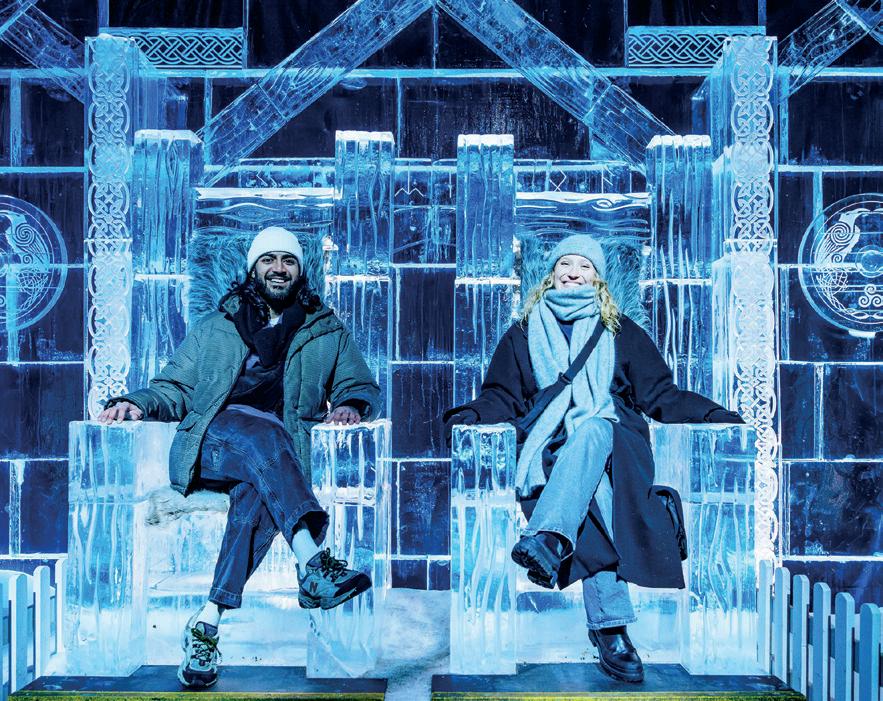

R-CADE, to Early Birds (under 15) and Night Owls (over 15) sensory-friendly events at London’s Science Museum. At Shakespeare North Playhouse in Prescot, theatre fans can enjoy relaxed performances of Alice in Wonderland and Love’s Labour’s Lost – ideal for people with learning disabilities, autism or sensory sensitivities.
Whatever a ractions you’re drawn to this winter, make sure you plan ahead by checking access arrangements so you can be sure of an enjoyable visit.
AccessAble: accessable.co.uk
Accessible Great Days Out: access.great-days-out.co.uk
Citymapper (public transport mapping app): citymapper.com
Euan’s Guide: euansguide.com
Sociability: sociability.app


LONDON LITERATURE FESTIVAL DATE
LITERATURE & SPOKEN WORD NOV 2024 – MAR 2025
EMMA BARNETT
JUDITH BUTLER
SHON FAYE
ANGELA MERKEL
ROBERT POPPER

ALI SMITH
NAZANIN ZAGHARI-RATCLIFFE
PLUS:
BOOKER PRIZE SHORTLIST READINGS
TS ELIOT PRIZE READINGS





This issue, we’re giving Enable readers the chance to win an indulgent care package
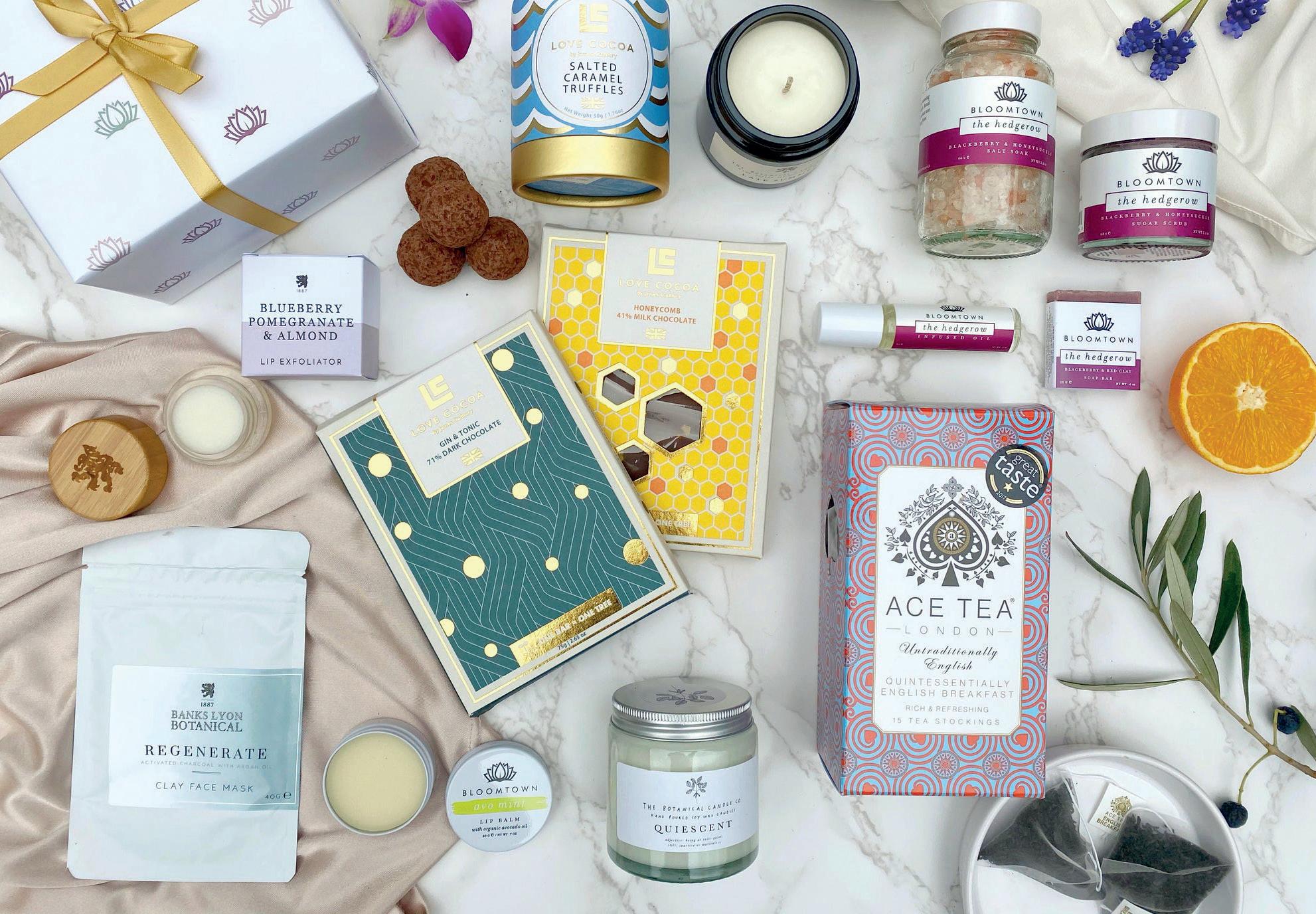
Enter our latest competition and be in with the chance of winning a luxury hamper worth £110. Perfect for a well-deserved pamper session a er a long year.
The Izzy Bee Indulgence Care Package is for someone who truly needs to be spoiled ro en and given a big dose of TLC! Filled with all your favourite skincare items, lavish gi s, and delicious treats, this sumptuous hamper will leave you feeling and looking amazing. Inside, you’ll find a range of tasty goodies, including luxury chocolate, tru es and tea. Plus candles, deluxe skincare items, and a bath and body gi set.
WORTH OVER £100
Simply send us your name, contact details and where you picked up your copy of Enable. Deadline for entries: Monday 9 December 2024. BY EMAIL competitions@dcpublishing.co.uk quoting Hamper 2024 ONLINE www.enablemagazine.co.uk/hamper2024
BY POST Competition, DC Publishing Ltd, 198 Bath Street, Glasgow, G2 4HG
TERMS AND CONDITIONS: All entries must be received by Monday 9 December 2024. The prize is one Izzy Bee Indulgence Care Package which will be sent to the winner. The prize is non-transferable, non-refundable, there is no cash alternative and it cannot be sold to another party. The contents of the prize may differ from the images and descriptions included here. One entry per household. The publisher’s decision is final. If you do not wish to receive further communications from Enable Magazine, include ‘opt-out’ in your entry. This competition is not being run in conjunction with Izzy Bee.


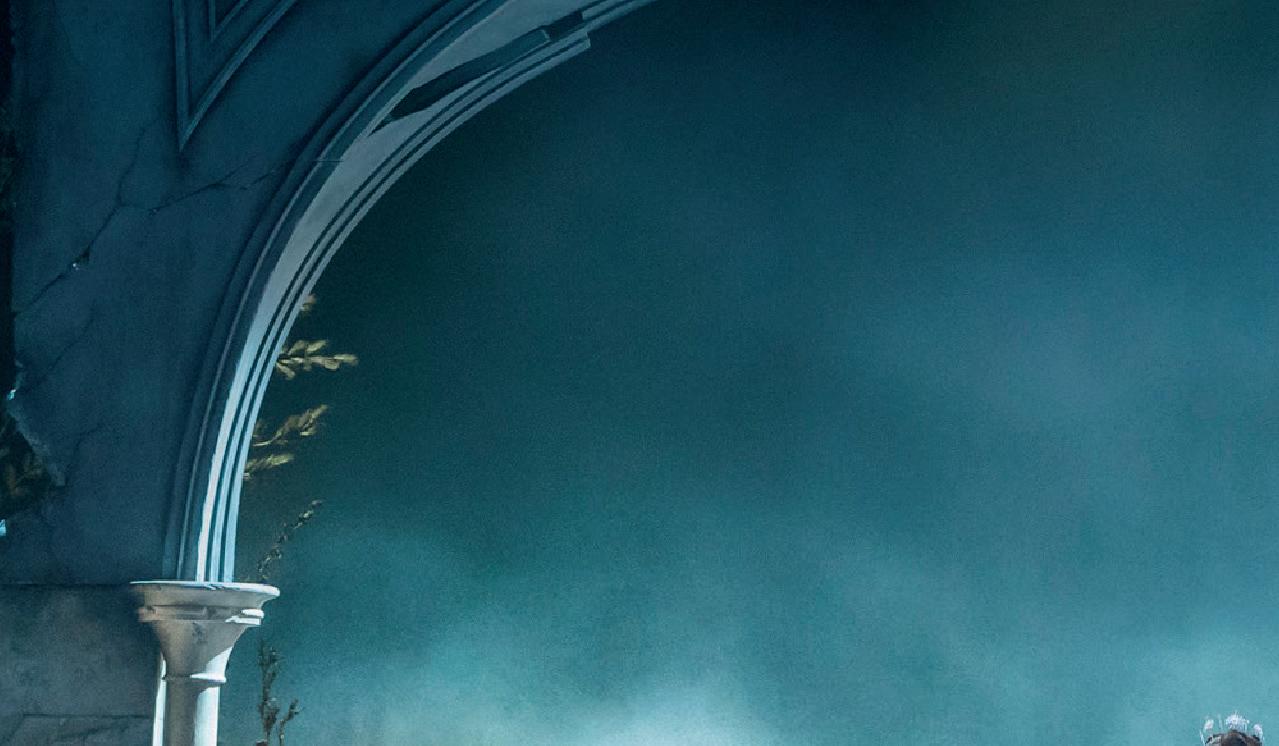




Experience accessible performances of Cinderella, Hansel and Gretel and more.
Captioned, Audio-described, BSL interpreted and Relaxed Performances are available. Join the Royal Ballet and Opera’s access scheme for free at rbo.org.uk/access




Renault’s once class-defining MPV has morphed into an EV crossover to maintain its enduring appeal
Where once the Renault Scenic was all about the versatility of its cabin, the latest all-electric generation is not quite so flexible. That will be a disappointment for some family users, especially as the Scenic is now strictly a five-seater. If you’re si ing in the rear, there’s plenty of leg, head, and shoulder room for all three occupants, as well as a good view out.
However, this Scenic’s rear bench doesn’t slide back and forth, and nor does it perform any clever folding tricks to maximise space. Instead, it folds like most hatchbacks’ and, when it is tipped forwards, there’s a pronounced step in the load floor where the
seat base hinges.
As well as this, there’s a large drop from the high load sill to the boot floor, so li ing a wheelchair in and out can be a struggle. At least the boot itself is a generous 545 litres in size, which makes it bigger than a Kia EV6.
Up front, the driver is treated to a wide door opening and the seat is at an ideal height to simply slide into the Renault. The driver’s seat is higher set than a Hyundai IONIQ 5’s and adjusts for height, plus it a ords good vision in most directions, while all-round parking sensors help with the rear blind spots. The dash display is clear to read and classy.



Renault offers three trims for the Scenic E-Tech, starting with the Techno. It has 19-inch alloy wheels, front and rear parking sensors, reversing camera, keyless entry, power tailgate, automatic headlights and wipers, and rear privacy glass. Inside, you get all electric windows, adaptive cruise control, heated front seats and steering wheel, digital dash display, and a 12.3 inch infotainment screen with Apple CarPlay and Android Auto. The esprit Alpine adds 20 inch alloys, sports seats, and blue interior trim highlights. With the Iconic, you get electric driver’s seat adjustment with massage function, panoramic sunroof with opaque shade, hands-free parking, 360-degree parking camera, and uprated Harman Kardon stereo.
The Renault Scenic E-Tech is available via the Motability scheme and uses the total mobility allowance of your weekly PIP payments. The five-door automatic car is available in all three trims via Motability: the Techno requires an advance payment of £995, the esprit Alpine’s advance payment is £1395, and the top of the range Iconic model has an advance payment of £2395. Find out more at www.motability.co.uk

Renault offers two battery sizes in the Scenic E-Tech, but Motability only provides the larger Long Range version that offers between 369 and 379 miles on a full charge, depending on the model you choose. In the real world, this means around 290 miles of driving, which is better than most of the Renault’s rivals.
Performance is brisk rather than fast like a Tesla or Kia EV6, but you won’t feel left behind on any road. The power delivery is smooth, and you can choose from a variety of driving modes with the Multi Sense button on the steering wheel. However, we found Comfort mode was the sweet spot for almost every occasion.
Renault has also come up with an excellent balance of ride comfort and just enough handling ability for the Scenic to be soothing and stable, yet still capable of decent progress on curving roads. As you’d expect of an EV, it’s also hushed at all speeds, while light steering makes it simple to drive in town and park.
Not as versatile as its predecessors, but the Scenic E-Tech is keen value, packed with safety kit, and very refined.


Jane is the founder of Evenbreak, a social enterprise run by and for disabled people, with a specialist job board and a career hive.
Send your questions to editor@dcpublishing.co.uk
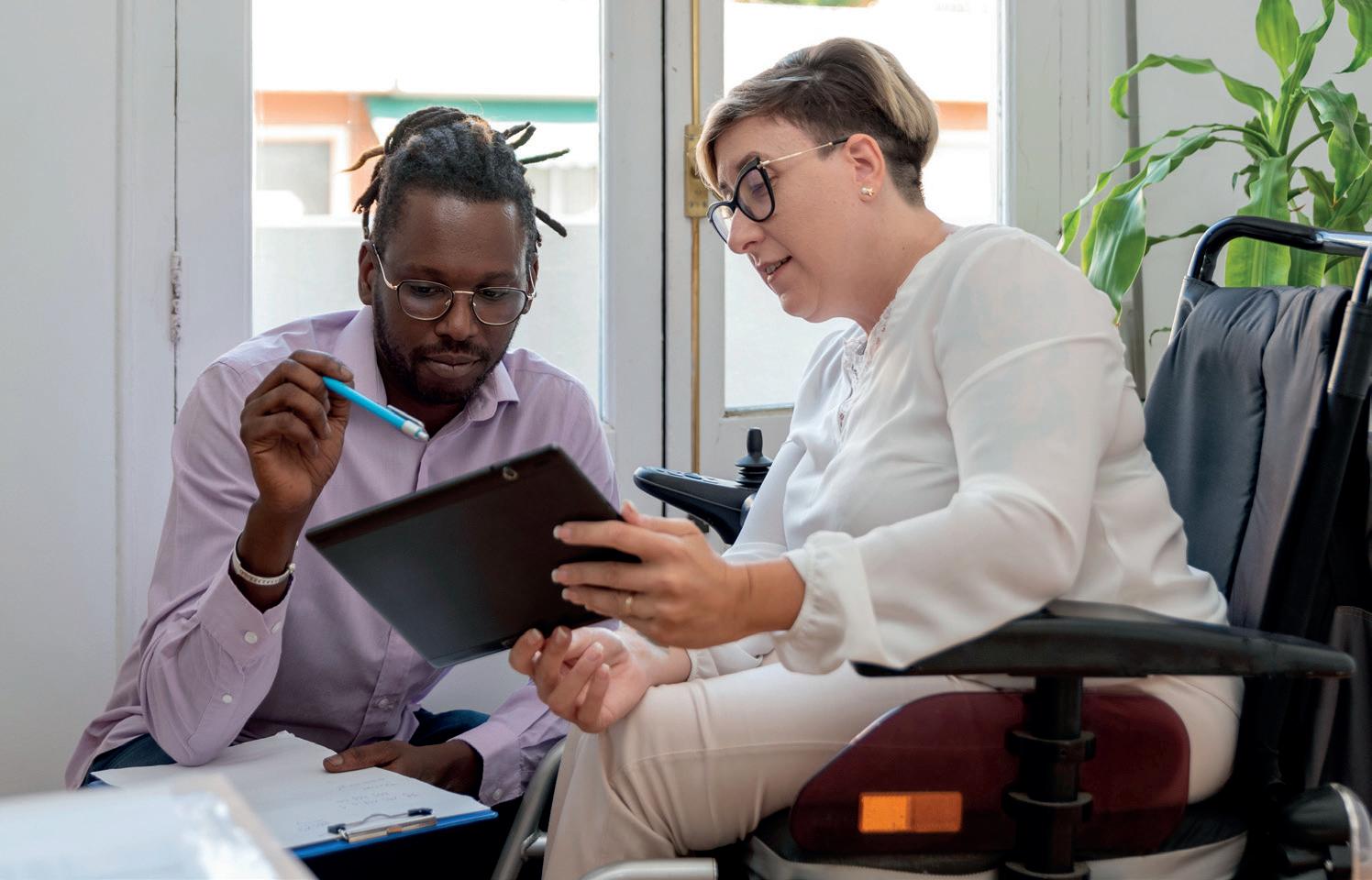
In her column, Jane Hatton, founder of Evenbreak, answers your employment
I’ve had some time off work due to my disability, and I can no longer do my previous job. I now want – and need – to work, but have no idea what kind of career I should go for.
Planning a new career may seem daunting and, in some respects, being disabled gives us fewer options than other people. So we need to put extra effort into finding as many career options as possible. A good place to start is with ourselves. What do you like doing? What are you good at? Often these two things are similar. You may discover you have many transferable skills from your previous roles.
Carry out an audit on what you have to offer – list your qualities, skills, experiences, talents, knowledge, abilities and personality traits. Are you a people person? A details person? A problemsolver? Ask people you know to tell you what they think you’re good at, then look at these strengths and see what types
of job you might be suitable for. Think as widely as possible, and be prepared for some surprises!
The world of work is constantly changing. When I was at school, no one used computers, and mobile phones hadn’t been invented. With the rise in technology, new roles and careers are emerging all the time. These advances also mean that more jobs are accessible – some can be done remotely from home, while some use assistive technology, such as voice recognition. Jobs which may not have been possible some years ago now become possible. In five years’ time, jobs will exist that we haven’t even dreamt of yet.
Looking at your personal ‘audit’, think about the kind of work that interests or excites you. What would you need to do to move towards a career in that field? Voluntary experience? A qualification? Home study or a college course? Do you know anyone who works in that sector who could give you some pointers or suggest who you might talk to?
Flexibility is key. Few people stay in the same profession throughout their working life. They may mix periods of employment with periods of selfemployment; or they may start one business, then move to another.
Look at your strengths and see what types of job you might be suitable for
Keeping an eye on opportunities is a good idea – sometimes unexpected openings arise that let you gain additional experience or move into a different sector. You can stay aware of opportunities via networking. A lot of this is now done online, and LinkedIn (linkedin.com) is a great site for making contact with people who might be useful, as well as being found by recruiters.
Check out Evenbreak (evenbreak.co.uk) for jobs with employers who are actively trying to attract disabled candidates, and set up alerts for the kinds of role you are interested in. If you require personalised career support, visit our Career Hive at hive.evenbreak.co.uk. These services are free of charge.
www.audit.scot/about-us/work-with-us
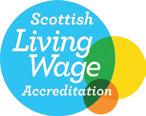




We understand how important your vehicle is, especially if it’s been adapted or modified to cater to your disability. Whether your whole vehicle has been converted by a specialist or you’re using aftermarket accessories to make it more accessible, we offer tailored policies to suit your needs.
It’s no wonder our insurance is trusted by Team BRIT drivers.


Policy benefits can include:
Lost or damaged adaptations are replaced with newer versions
Cover for your manual wheelchair when it’s in your vehicle
Suitable courtesy car or money towards transport




We’ve equality at our core.
We’ve been named as a disability confident employer by Jobcentre Plus and have a positive attitude towards job applications from disabled people.
As we progress, we’ll continue to improve the way that we support our staff, customers, and stakeholders, regardless of disability, gender, ethnicity, age, religion, or sexual orientation.
Our Diversity and Inclusion strategy is a priority at RoS. It’s not a one off or an event, it is an ongoing process, and we will work for our colleagues to feel
We want to be an employer of choice, attracting and retaining the



Cover available for carers who use your car
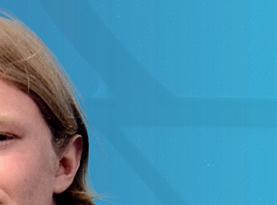


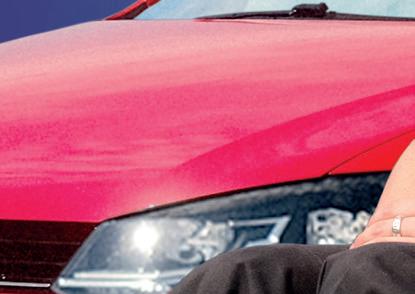

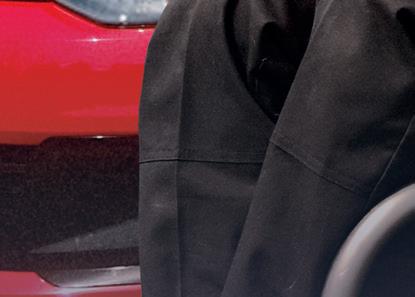

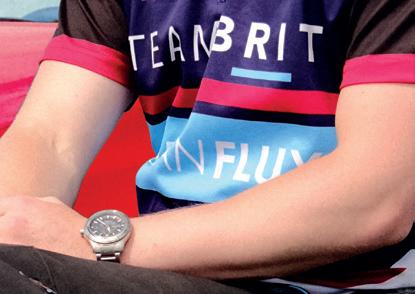
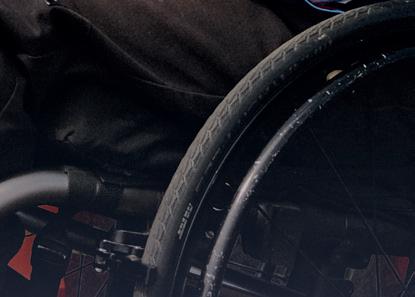


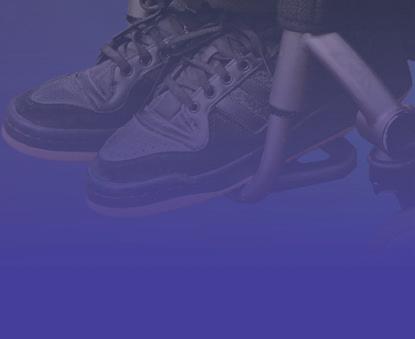
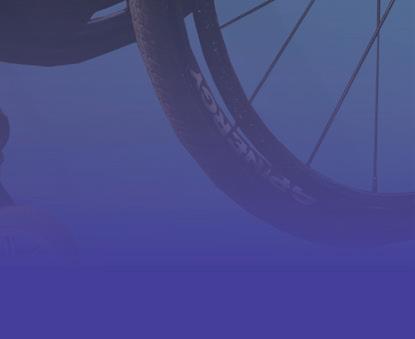




Audit Scotland carries out performance and finance audits on public bodies in Scotland, covering aspects like local councils, social care and housing. It employs more than 300 talented professionals who know their work helps ensure the efficient delivery of public services. With wellbeing programmes, flexible working and other benefits, the Disability Confident employer is also officially a ‘Good Company to Work For’. One employee shares their story…
Iam a trainee auditor with Audit Scotland on the school leaver programme. I joined in 2019 when I’d had my PPMS (primary-progressive multiple sclerosis) diagnosis for about a year. When I applied, I had fewer mobility issues, and my vision hadn’t deteriorated as much. Now I have an official partial sightedness diagnosis, and I use a walking stick for stability and mobility.
I started in the business support team. I had been hesitant to apply for an audit role as it appeared to be quite taxing, especially with travel to audit sites. Even with my disability not being as bad then, the work didn’t seem very accessible to me.
However, when the pandemic hit, it became clear that auditing could be done in a remote way that would allow me to do the role. Audit Scotland provided me with a screen so I could work from home, and I now generally work remotely to accommodate my disability. Audit Scotland has given me the opportunity to work in the way that works best for me, meaning flexible hours, working from home, and – to help with my fatigue levels – arranging
I generally work remotely to accommodate my disability

taxis when work requires me to travel. My job requires a lot of scrutiny and screen work, which has been made much easier with the additional screen. I can make my own adjustments to the screen and its size, ensuring I can see everything I need to audit effectively. Due to my condition, I experience fatigue, especially eye fatigue. Audit Scotland allows me to work from 7am until 3.30pm, instead of the usual 9am to 5pm. This lets me manage my fatigue and ensures my eyes are able to work at optimal times.
Since I’ve developed professionally, I’ve become increasingly comfortable communicating any issues I’ve had. I’ve highlighted areas for improvement, making my life – and hopefully life for other employees after me – easier. My team are all very happy to
accommodate my working patterns and preferences. Sometimes I go into the office for team meetings, which helps me develop relationships with my team.
My advice to anyone joining Audit Scotland would be to communicate your needs. It can be intimidating and daunting but, if you don’t ask, you don’t get. Workplaces seem to be more willing to make adjustments, and they’re easier to make than one might think. I like to imagine that my experience within Audit Scotland and the fact I’ve become so vocal about disability will help any new disabled people starting in the organisation.
FOR MORE INFORMATION
To find out more about working with Audit Scotland, visit
As a leading recruitment outsourcing provider, Guidant Global can offer you direct and exclusive access to great jobs with some of the UK’s top employers.
We’re also a Disability Confident Leader, and our award-winning approach to disability inclusion is building careers and changing lives. It goes without saying, we welcome applications from people with disabilities! In fact, if you have a disability, we’ll guarantee you an interview for any internal role (assuming you meet the minimum
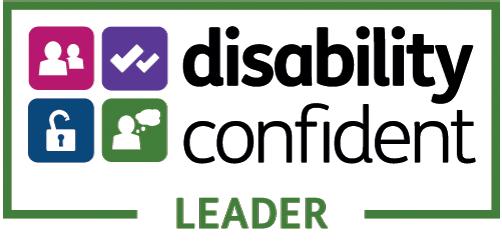
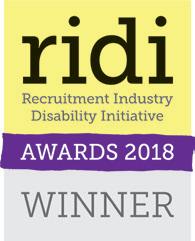
criteria required for the job) and please don’t forget to tell us about any adjustments you might need during the recruitment process.
If you would like to find out more about inclusive careers at Guidant Global, or search for roles with our amazing clients, please visit our website. jobs.guidantgroup.com

Nearly 20% of students in higher education are disabled, but surveys suggest they’re dissatisfied with the support universities offer. Kate Stevenson speaks to Ade Adepitan MBE, Birmingham City University’s new Chancellor, about access to education
Supporting disabled students in higher education is about more than just opening doors – it’s about ensuring a level playing field for everyone. Paralympian, TV presenter, actor and disability advocate Ade Adepitan MBE is passionate about improving the higher education experience for disabled students.
“Universities are like a little version of society,” explains Ade. “The challenges disabled people face in daily life? They’re pretty much the same in universities.”
While non-disabled students can navigate campuses with ease, disabled students often encounter obstacles like inaccessible buildings or absent support workers. “For a non-disabled person, going to university is pretty straightforward,” he shares. “But for disabled people, getting around campus or even finding accommodation can be a big deal.”
Although Ade stresses the importance of universal design – where the environment, practices and policies are designed with accessibility in mind – he acknowledges the significance of individualised support. “Not all people with disabilities have the same needs,” he says, noting that a student with cerebral palsy may need different accommodations than a visually impaired or neurodivergent student. “Universities should be personalising the experience for each student. Disabled students are paying fees too, so why shouldn’t they get
the same quality of experience?”
Asking for personally tailored support shouldn’t be a big deal but, time and time again, Ade encounters students who feel like they’re a burden: “People think they’re an extra hassle because they need adaptations or support,” reveals Ade. “But that’s ridiculous. Asking for basic rights shouldn’t make you feel guilty.”

Ade believes improving representation will help break this mindset, while also encouraging more disabled students to continue their studies.
“There are so many reasons why we need to see more disabled people in universities – not just as students, but as lecturers and in leadership roles,” emphasises Ade. “When you meet someone with a disability, it changes how you think. Seeing them succeed makes all the difference.”
But it can’t stop there. Ade explains: “We need to create more pathways that help disabled students get into the workforce. There’s a lot of talent out there. But if you have a disability, it’s like starting a race 50 metres behind everyone else. There need to be plans and support put in place,” he stresses.
For disabled students who may doubt their potential, Ade’s message is simple: “You deserve this,” he says.
Getting around campus or even finding accommodation can be a big deal
“You deserve the same opportunities as anyone else. Speak up, and seek the support you need.”
As Chancellor at Birmingham City University, and with his go-getting personality and dynamic approach, Ade is determined to help disabled students. In his new role, he hopes to create lasting change. “We’re not defined by our disabilities,” Ade reminds us. “The world needs to catch up and give everyone an equal shot.”
You can keep up to date with Ade’s work via his social media channels: instagram.com/adeadepitan and facebook.com/ade.adepitan
A closer look at disability discrimination in the workplace – what are your rights, and what should you do if you experience problems at work?
The senior council director who was subject to disability discrimination at work due to her PTSD; a result of the impact of working with Grenfell tragedy survivors. The DWP staff member who took “unsustainable” time off work due to hip mobility issues and depression, whose claims of disability discrimination, failure to make reasonable adjustments, and unfair dismissal were upheld at an employment tribunal. The Starbucks supervisor who was accused of falsifying documents due to her dyslexia, leading her to feel suicidal.
Every disabled person is protected from discrimination under law
From this small handful of UK disability discrimination cases, which were all successful when they were taken to tribunal, we can see that discrimination is still a reality for many disabled employees. Every disabled person – that is, someone with a physical or mental impairment that has a substantial, long-term negative impact on your ability to do daily activities – is protected from discrimination under UK law.
Disability is classed as a ‘protected characteristic’, so direct discrimination, indirect discrimination, harassment and victimisation are illegal under The Equality Act of 2010. In the workplace, the Act also takes into account discrimination arising from disability, and failure to make reasonable adjustments. The legislation covers every aspect of employment, from recruitment to termination.
So what does the law say? Firstly, employers need to make reasonable adjustments to create equity in the
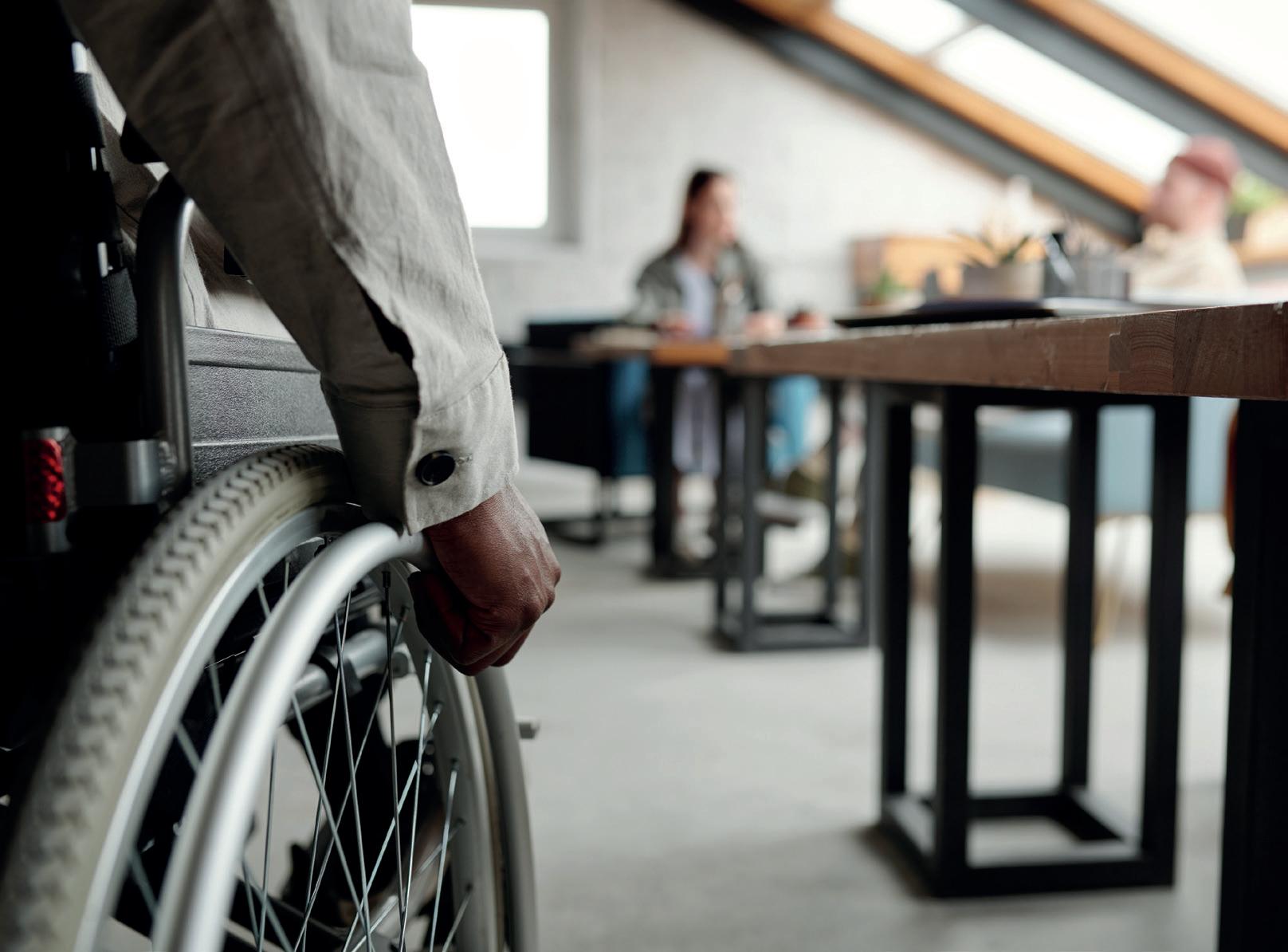
workplace and ensure you’re not at a disadvantage due to your disability. This might mean staggered start times to accommodate time blindness caused by ADHD, installing workplace adaptations to accommodate your mobility needs, or providing a screen reader or adaptive software so you can carry out your work.
Secondly, employers have a legal duty to protect employees from disability harassment – such as workplace bullying, pranks or distressing behaviour – and to take reasonable action to prevent it.
Disability discrimination is a serious issue. If you feel you’ve been discriminated against because of your disability, it’s crucial the problem is dealt with. You can start by raising the issue with your line manager or the HR department. Try to keep records – like notes on any negative interactions, problematic emails, or things said at meetings – so you have evidence if you require it in the future.
If your employer can’t resolve the issue, the next stage would be to escalate the matter, possibly to an Employment Tribunal. If you have a union, you can contact them for support, or speak to ACAS (the Advisory, Conciliation and Arbitration Service) for free, impartial advice.
The law offers helpful protection, and it’s useful to know your rights, stay informed and be proactive if problems arise. This can be difficult given the impact discrimination can have on your emotional and physical wellbeing. Approaching organisations and charities that can support you through advice, resources and advocacy will reduce some of the burden. You don’t have to go through it alone.
Advisory, Conciliation and Arbitration Service: acas.org.uk / 0300 123 1100
Disability Rights UK: disabilityrightsuk.org Scope: scope.org.uk / 0808 800 3333

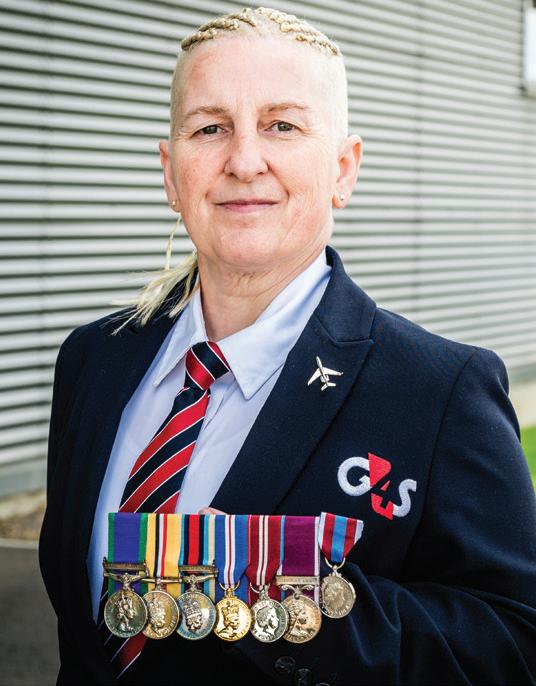









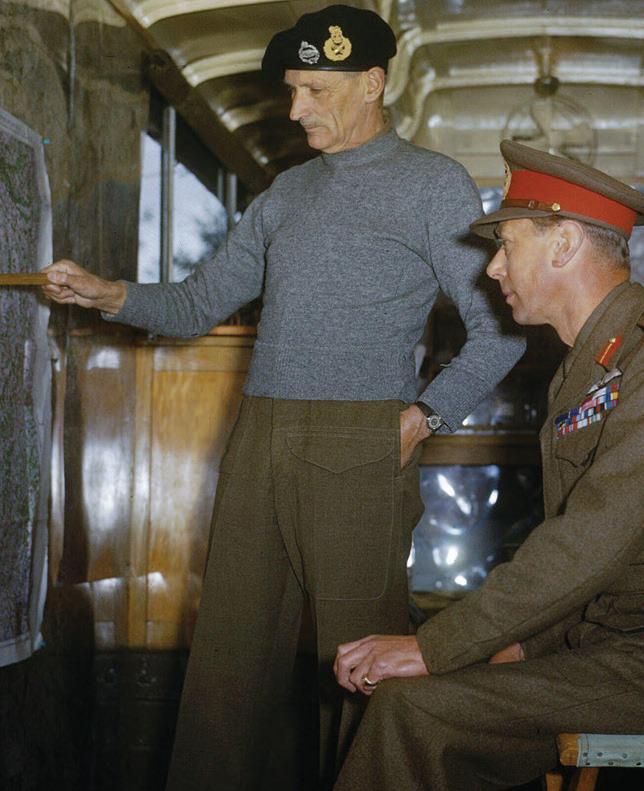
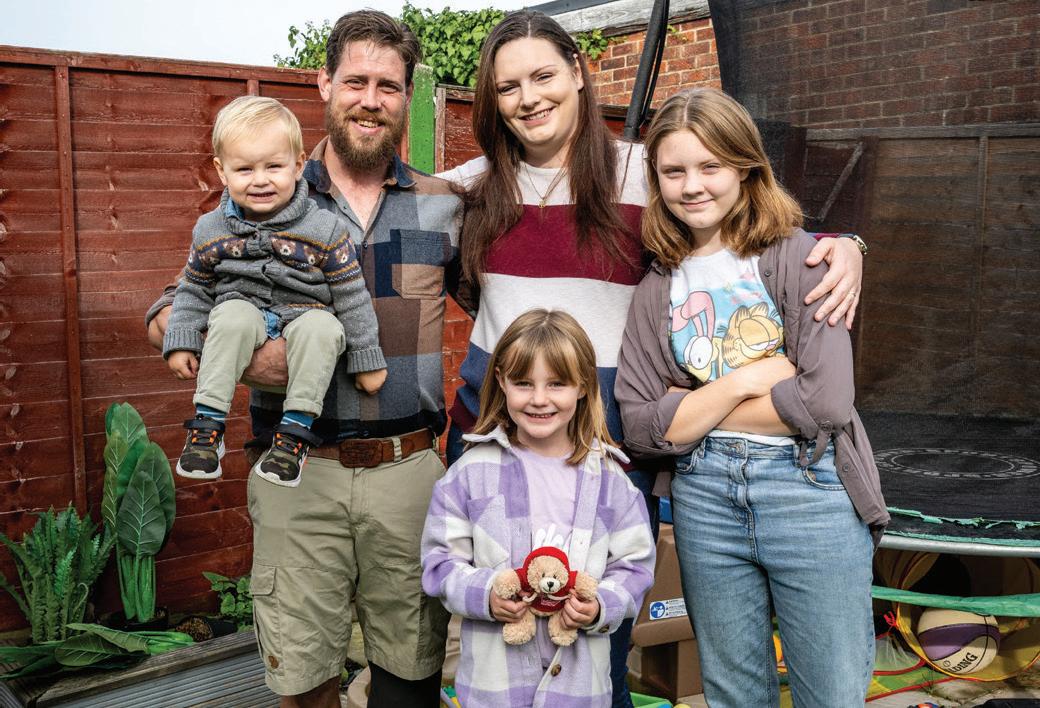

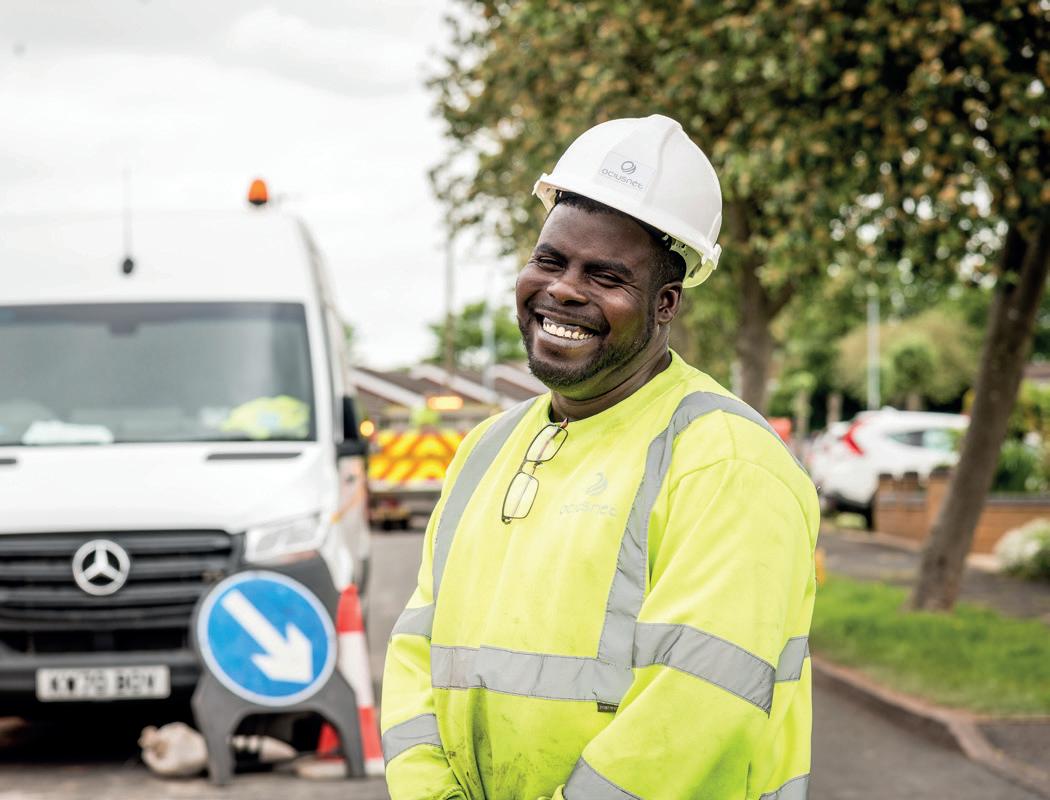







Daniel Biddle was just 26 when he sustained lifechanging injuries in the 7/7 terrorist a acks in London. Dan talks to Editor Melissa Holmes about how he’s using his lived experience to improve employment opportunities for disabled people
The 7th of July 2005 terror a acks in London were lifechanging for many people – not least for Daniel Biddle, who became “the worst injured survivor of all four a acks that day. I lost both my legs, I lost an eye, I died three times,” explains Dan. Enduring a catalogue of injuries, numerous surgeries, a year in hospital and ongoing C-PTSD, the Londoner was able to return to working in construction as his employer had kept a role open for him.
But adjusting to what had now become an o ce-based role didn’t suit Dan: “Everybody said ‘being disabled and trying to get another job will be an absolute nightmare’,” but his experience was the opposite. He applied for jobs and was quickly accepted, before his photo and story appeared on each company’s website.
Call me cynical, but I can’t help but think Dan had become a poster boy for inclusivity. “I stuck that out for a few years,” he told me. In 2010, Daniel gave evidence at the inquest – a process he describes as: “incredibly traumatic. And, as the notoriety of 7/7 vanished, so did my employability.”
Daniel decided to retrain as an access consultant, until the pandemic hit and a ected his business.
“I started to research where disabled people were going to be a ected the most as we came out of the pandemic. Two areas that flagged up were education and employment,” he reveals. “The National Diversity Employment and Advisory Service (NDEAS) was born out of all my lived experience around the barriers to employment.”Within NDEAS, Dan works with disabled people
to identify their strengths and goals, creating a career plan and working with the website’s unique jobs board to find roles that match clients’ skills, talents and accessibility needs.
“All the arguments against employing disabled people are easily dismantled,” he says, mentioning myths like disabled sta needing more time o sick than non-disabled employees.
“We work on a personcentred basis; we look at what the individual needs to be successful in employment,” he reveals. “It’s about engagement with the individual, but also about being realistic.”
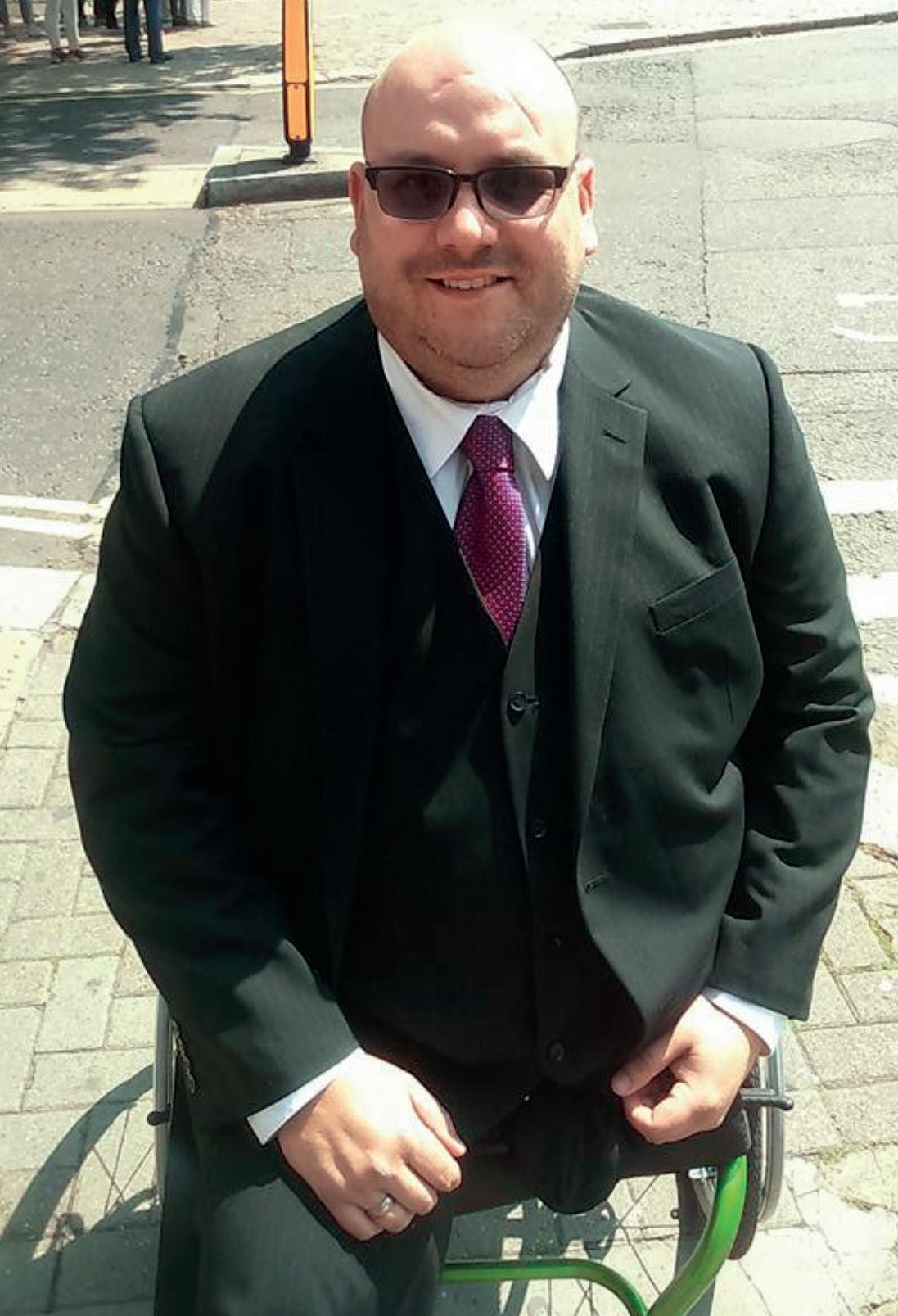
Daniel
Through NDEAS, Dan and his team work closely with employers, o ering diversity training, consultancy and certifications that help make their recruitment, policies and retention more inclusive.
Forward-thinking, knowledgeable, and easy to get along with, Daniel is making his mark on the recruitment industry. “I’m a firm believer that if you want di erent outcomes, you have to do things di erently,” he smiles.
Thanks to his expertise, he can see where change is needed: “We can create a million work-ready disabled people, but there aren’t a million inclusive and accessible opportunities out there,” he admits. “We need to put as much e ort into working with businesses to create inclusive opportunities as we do with individuals.”
I’m a firm believer that if you want di erent outcomes, you have to do things di erently


